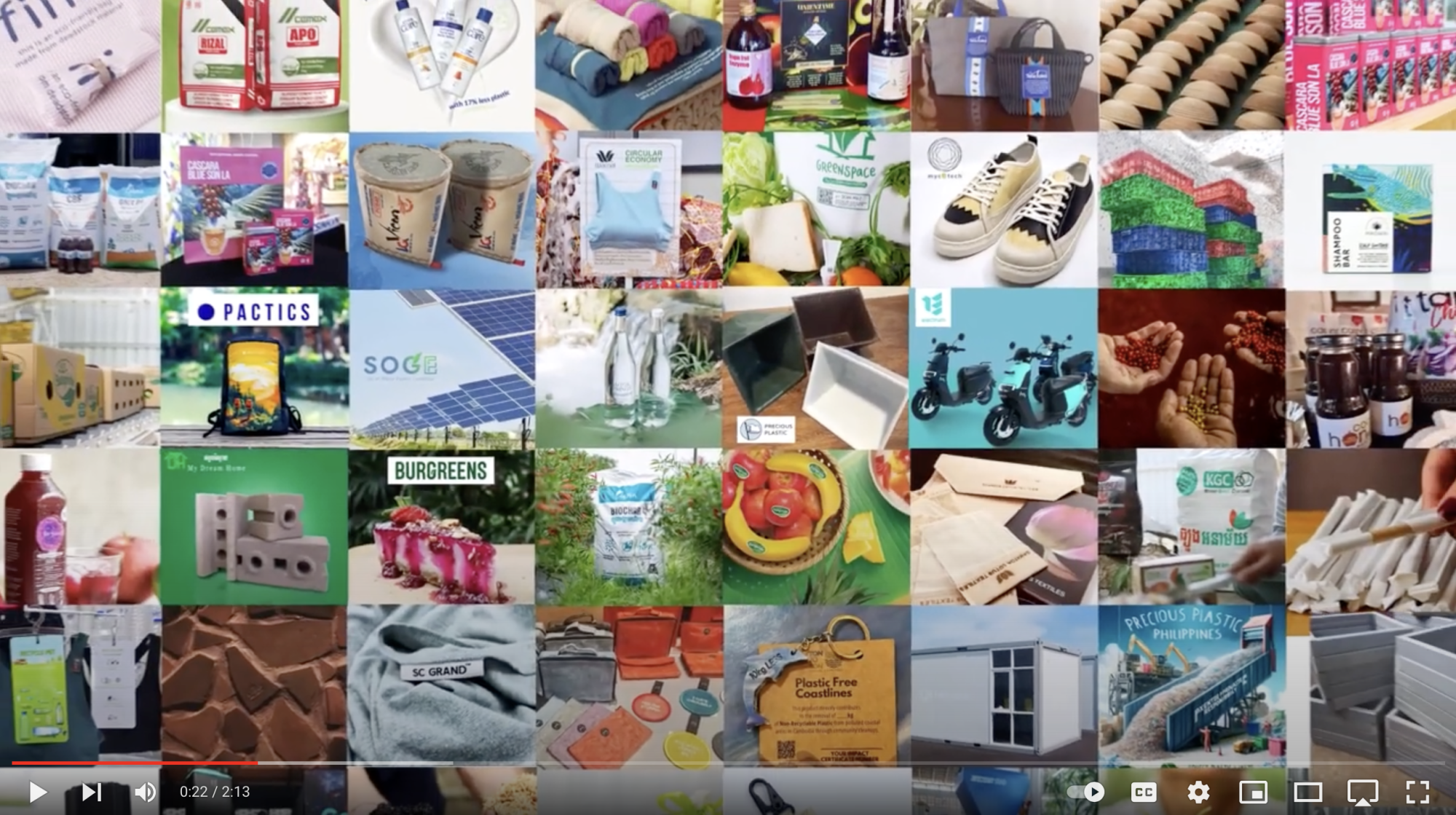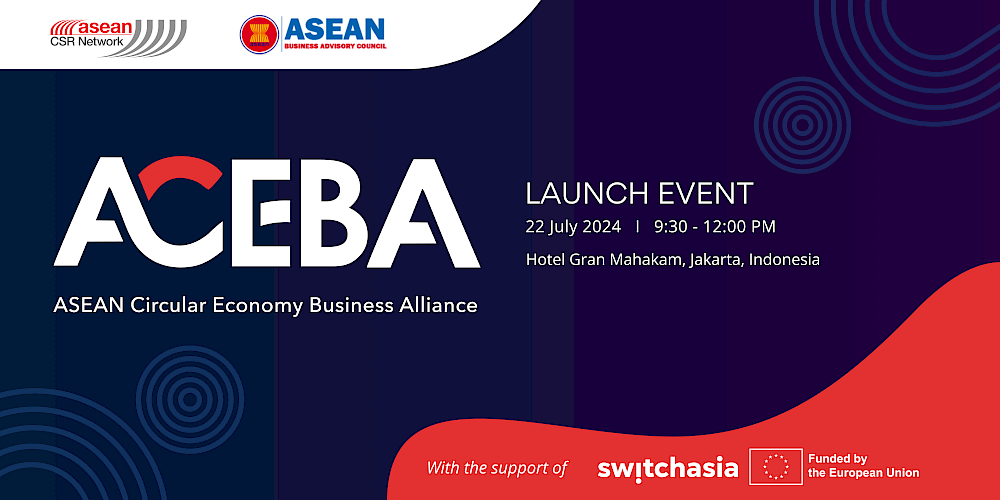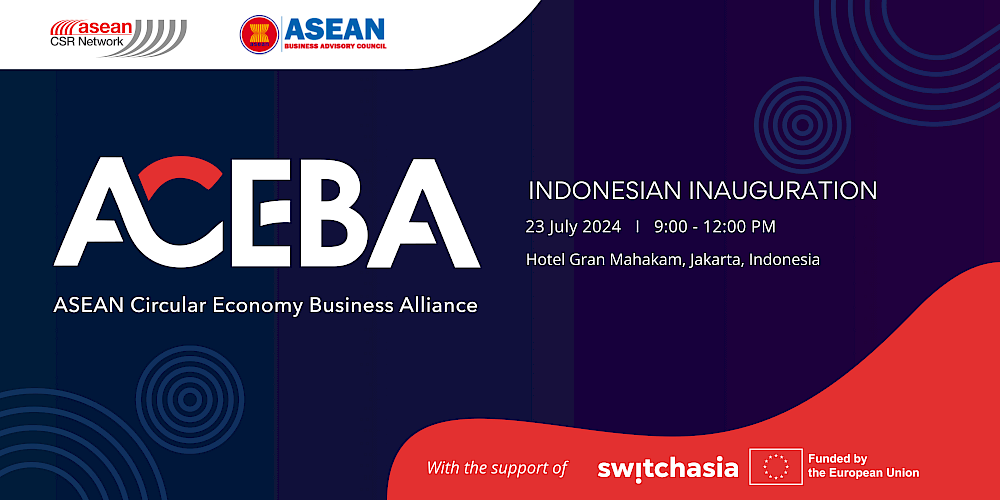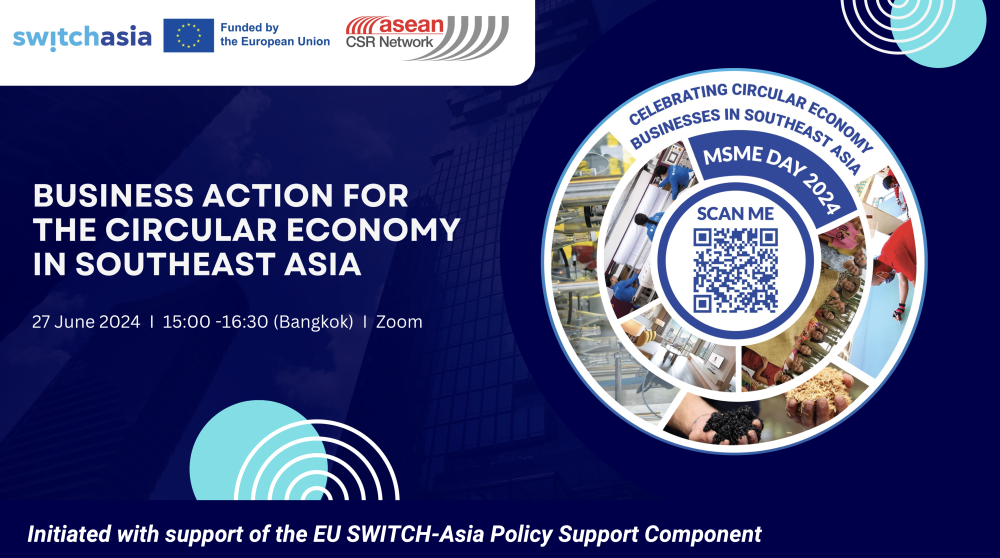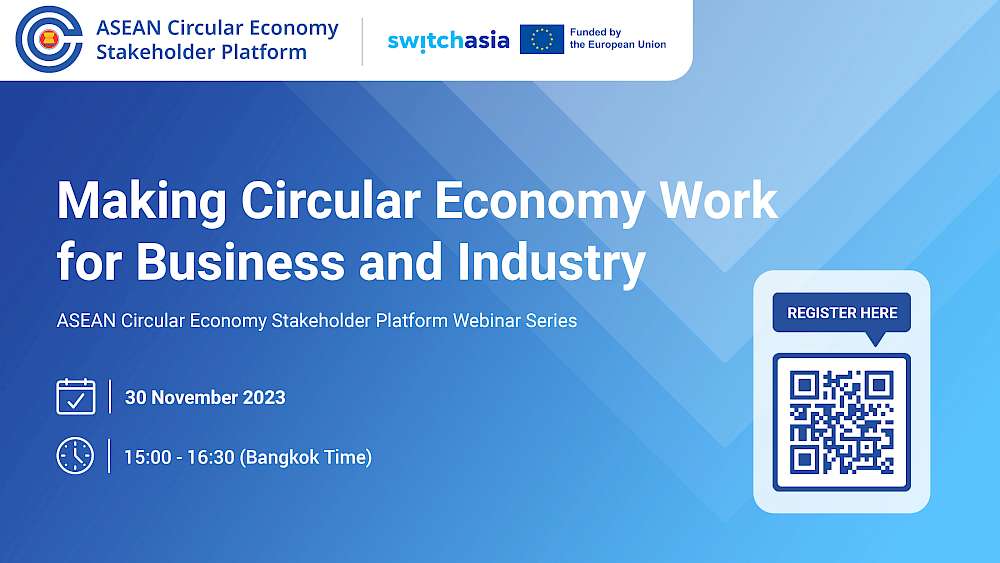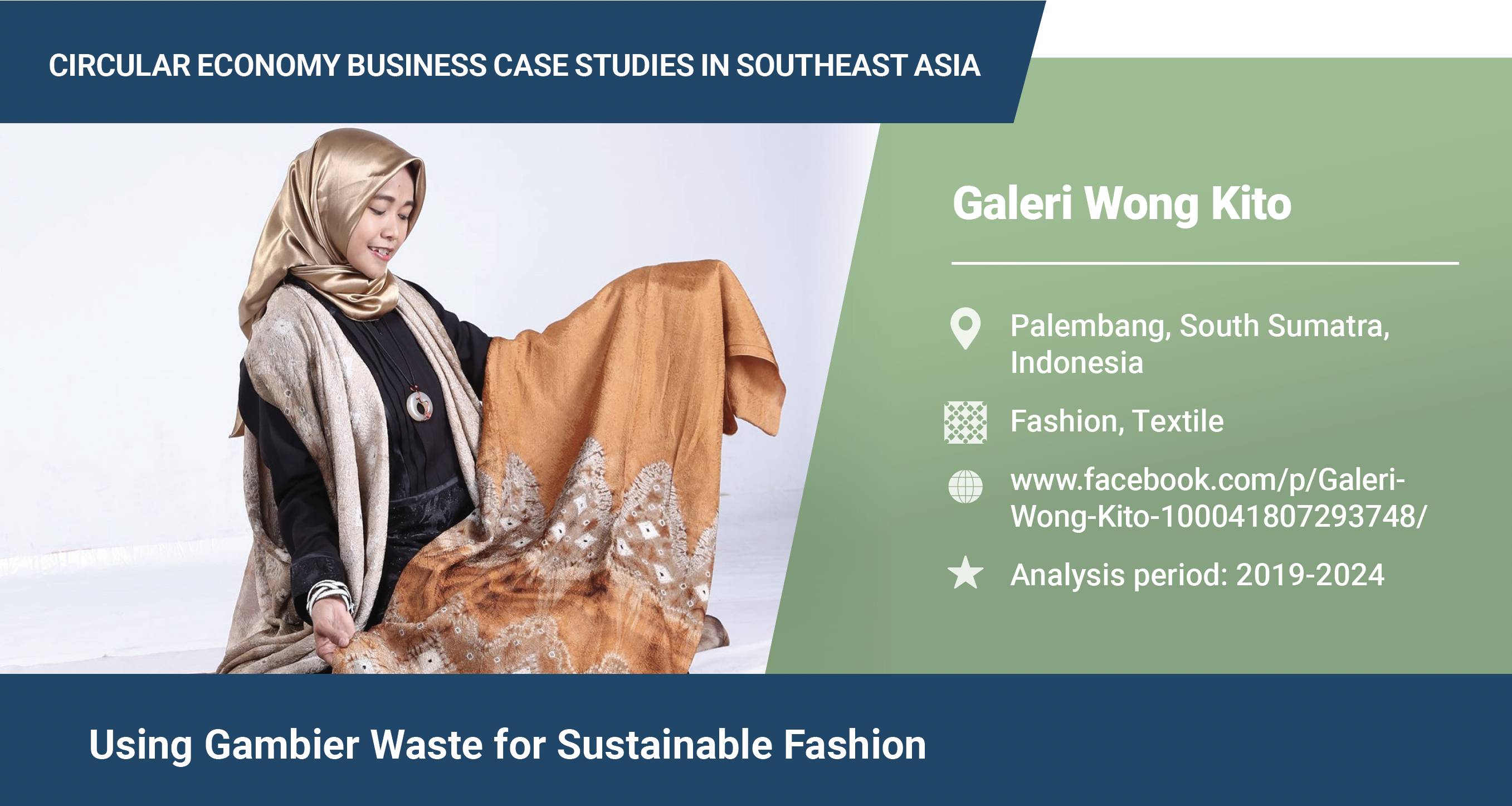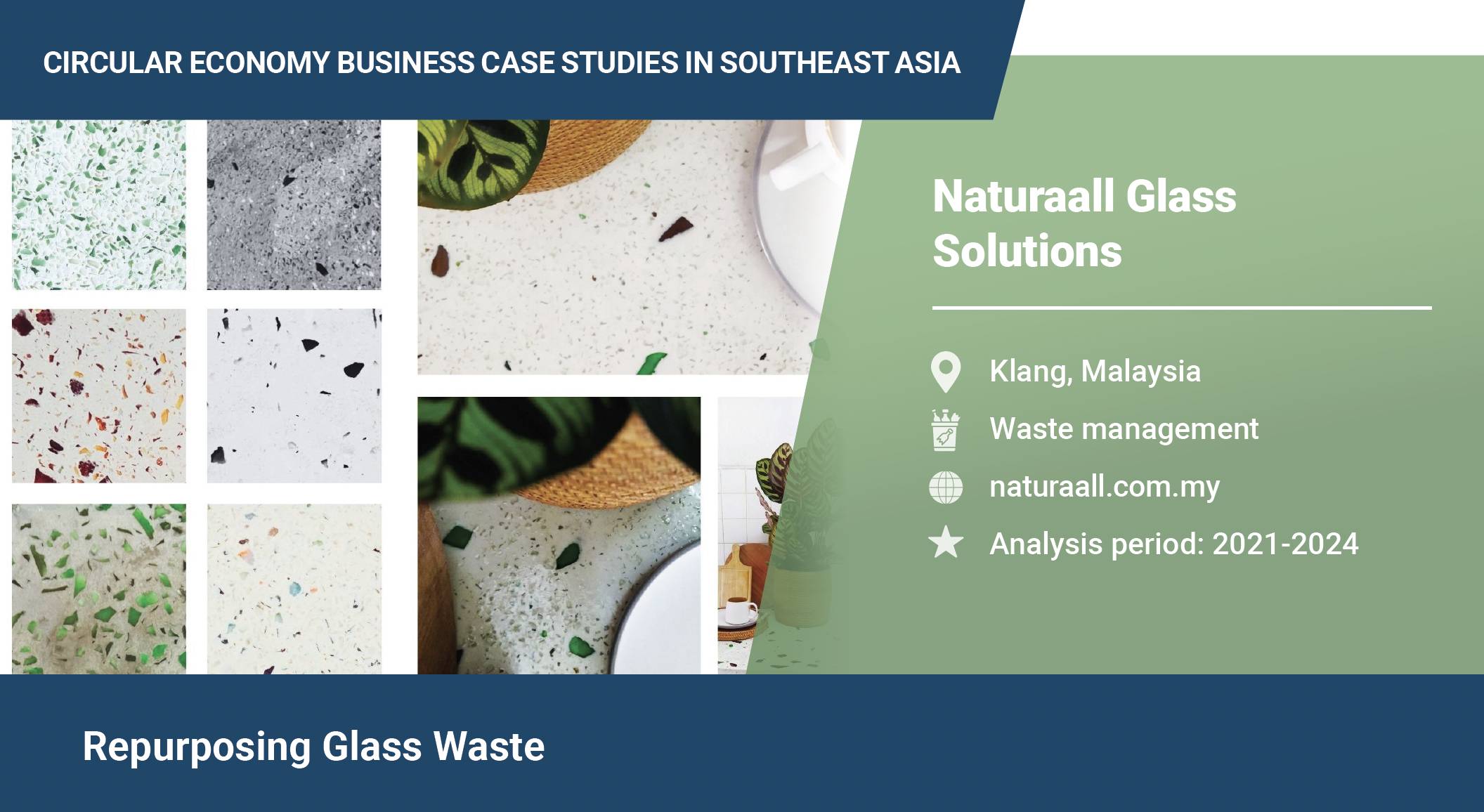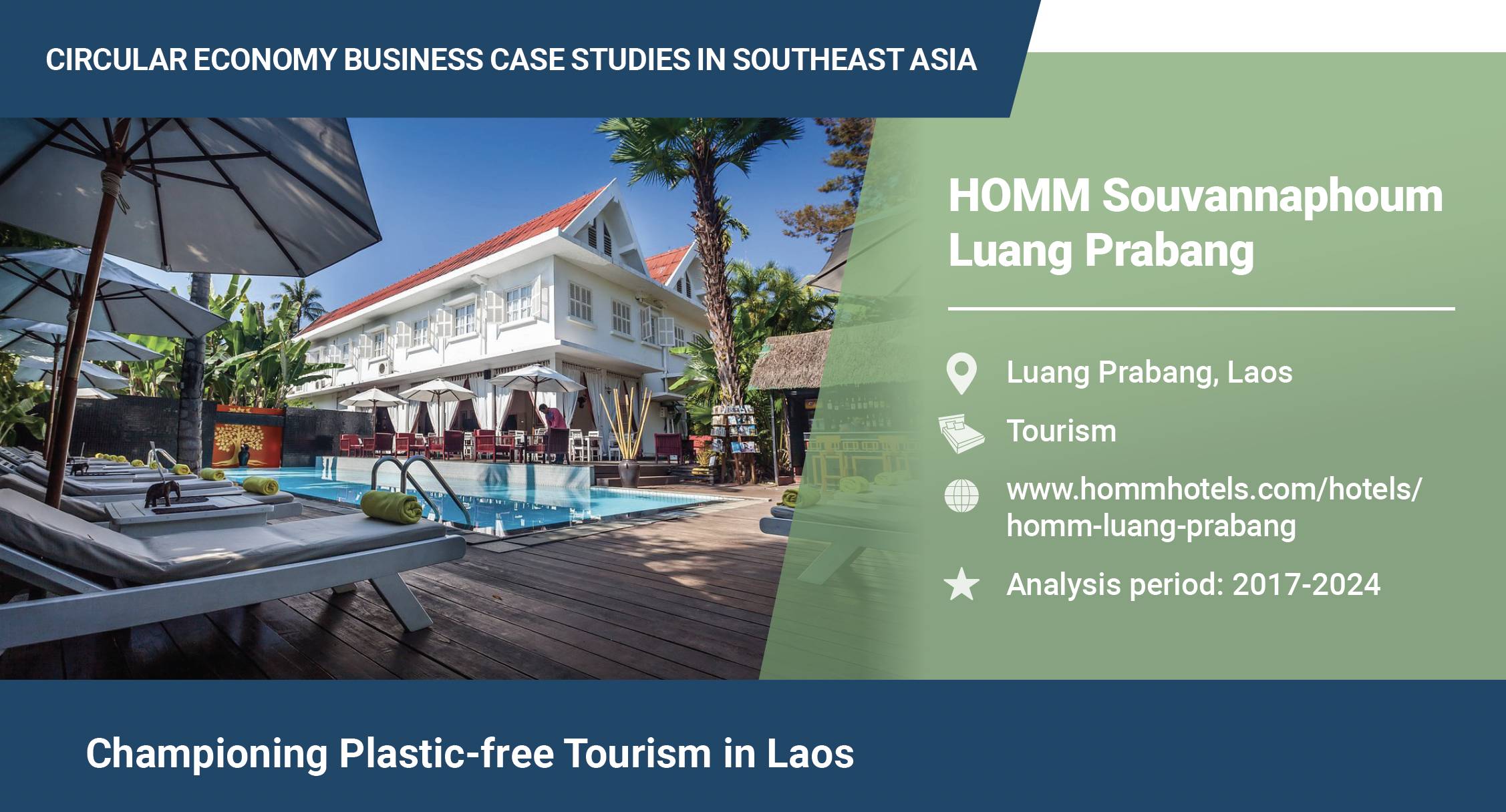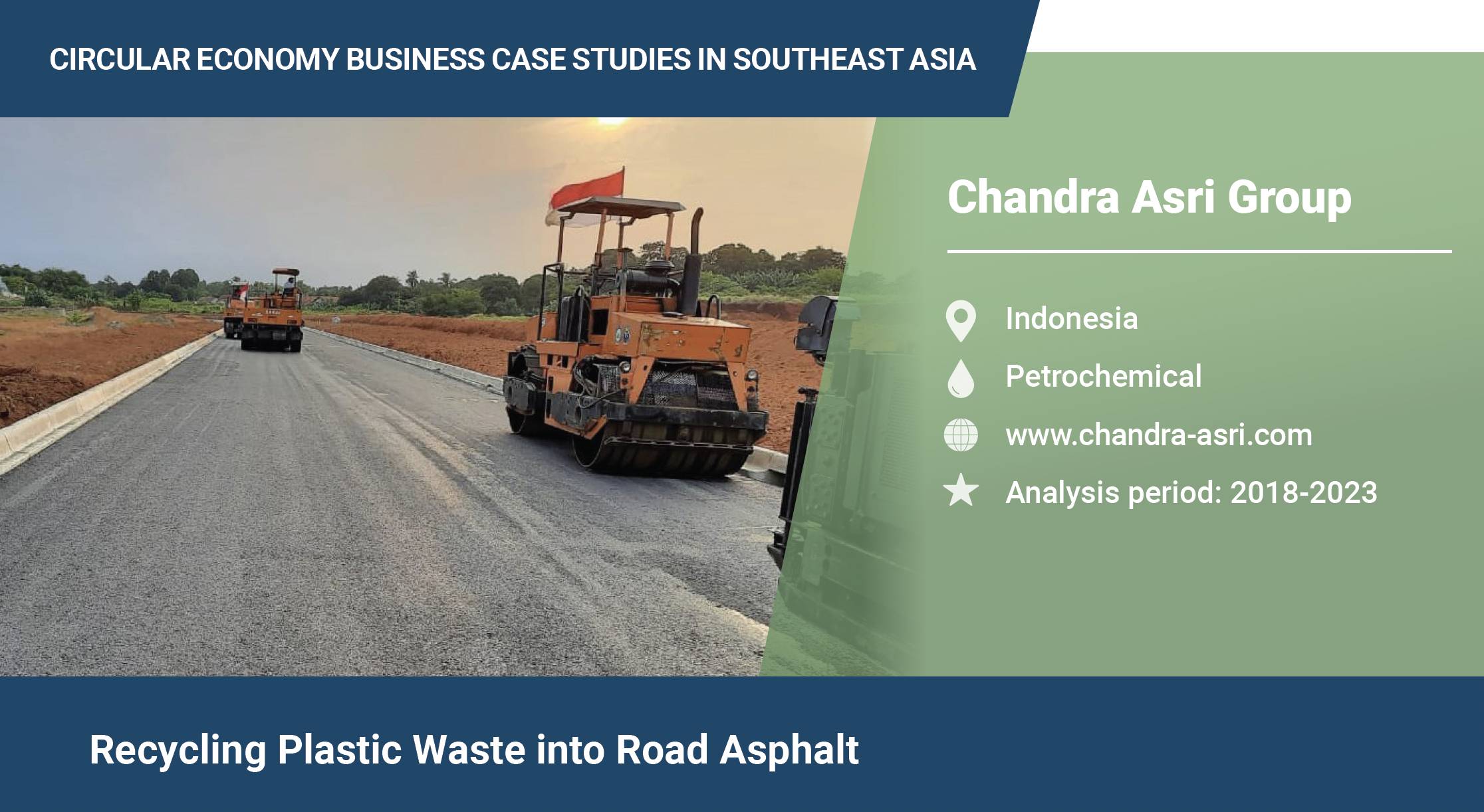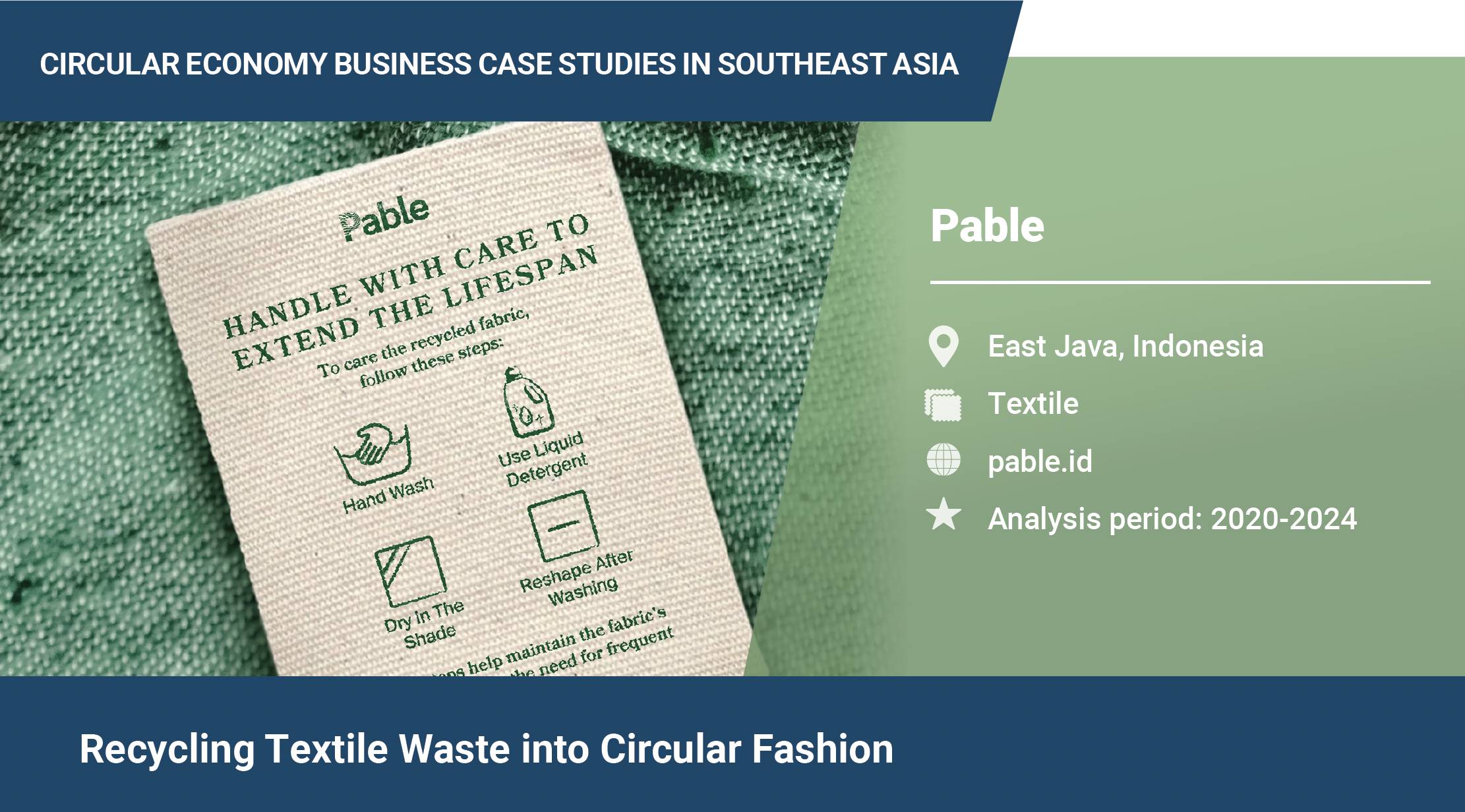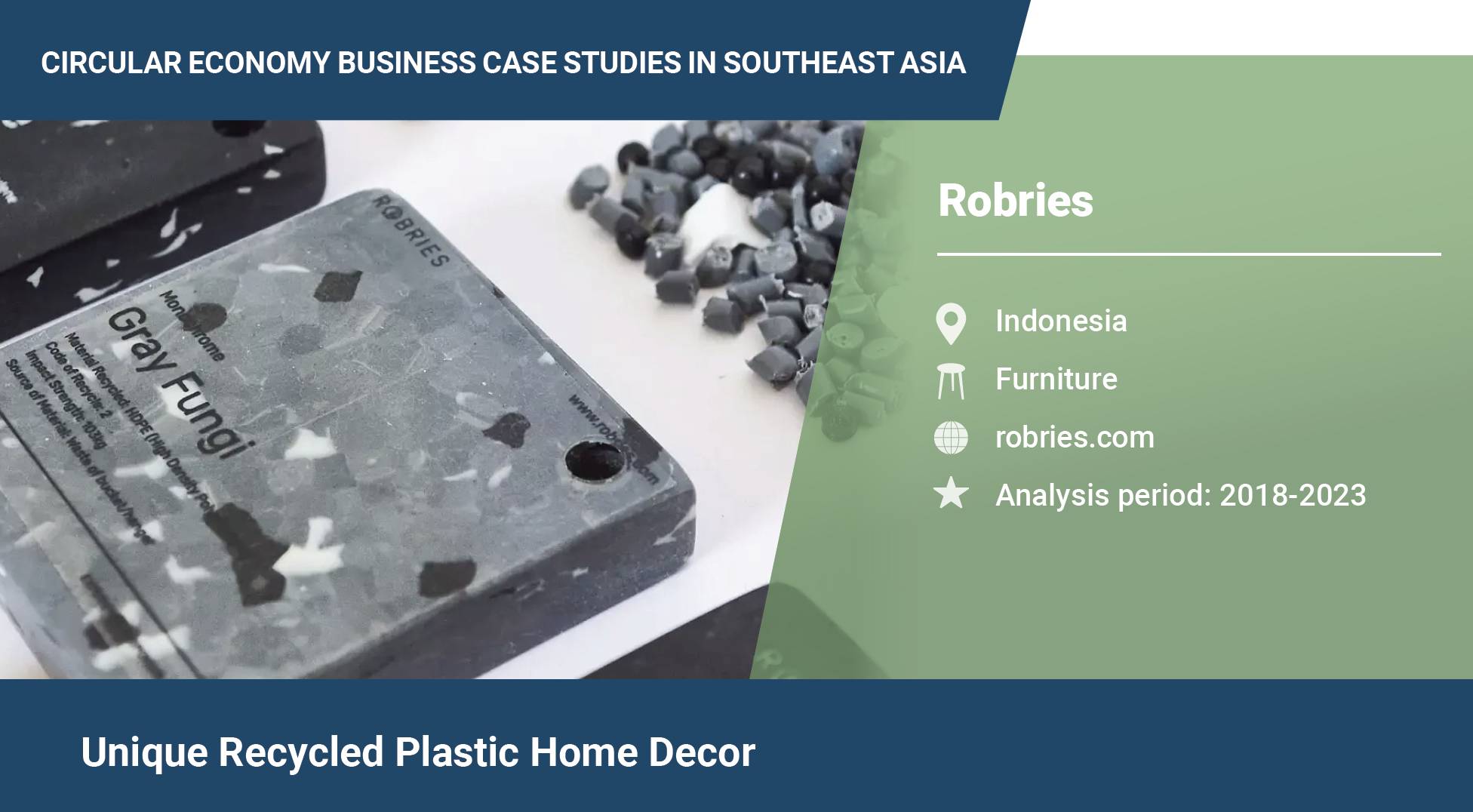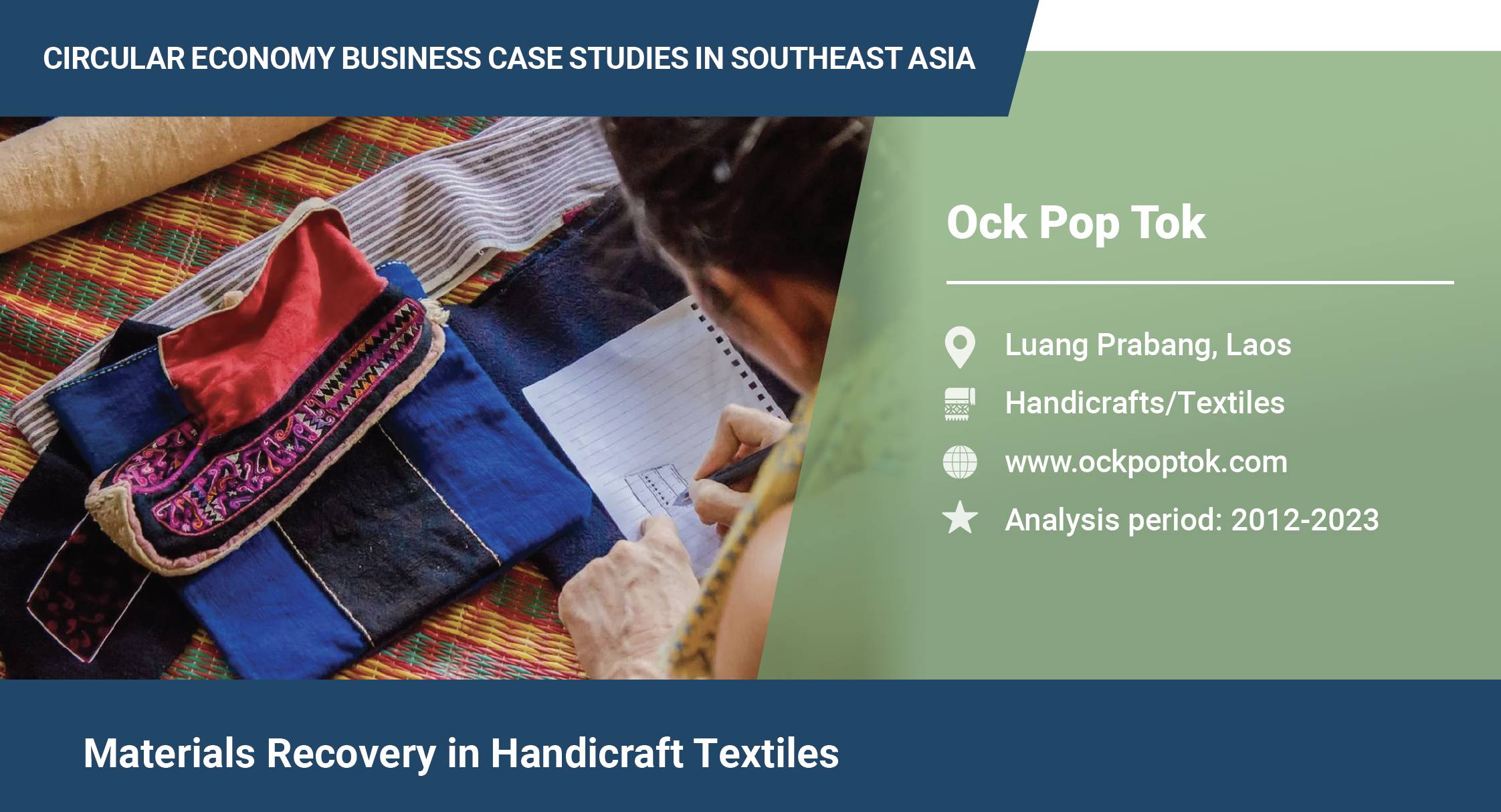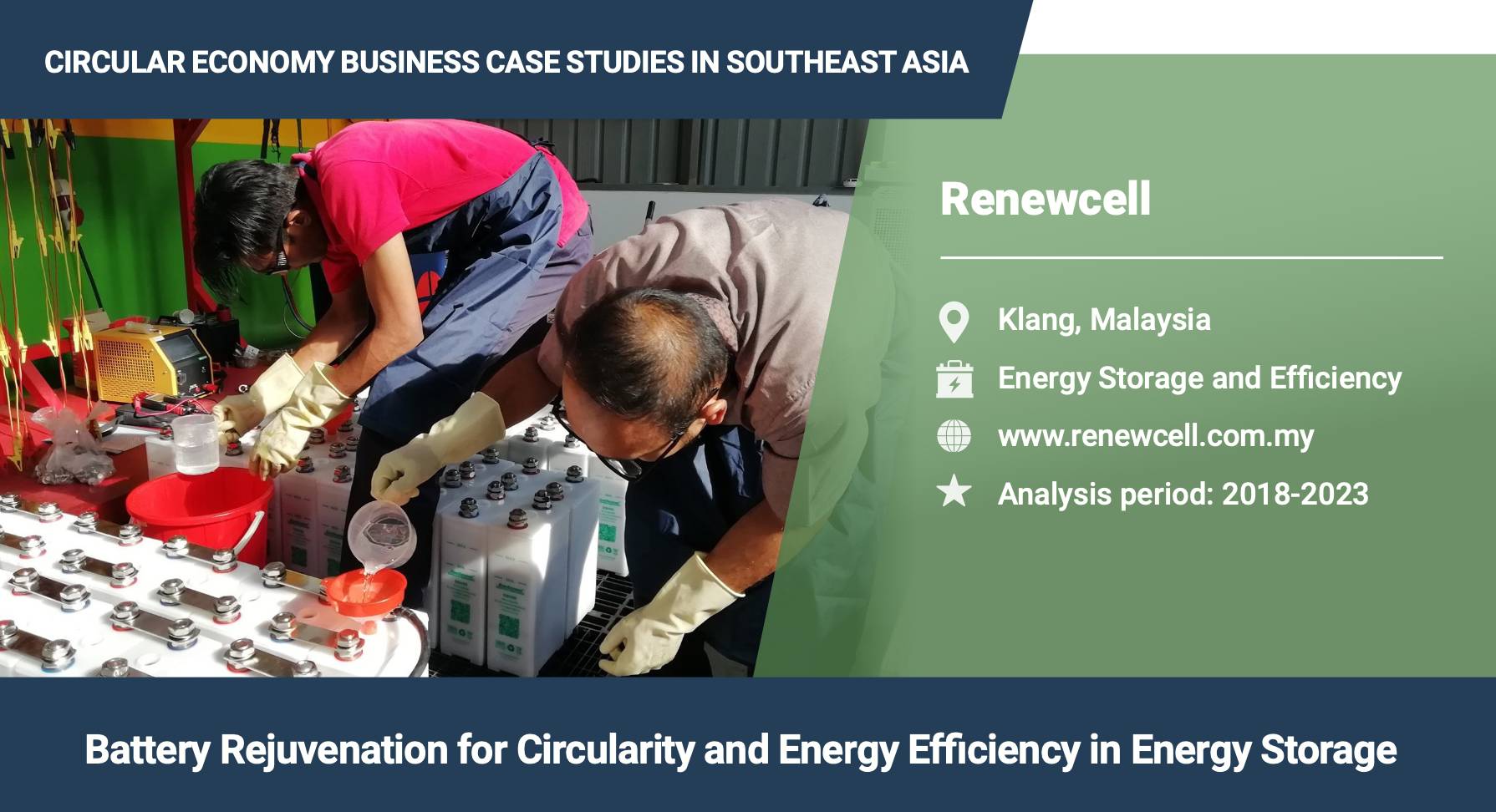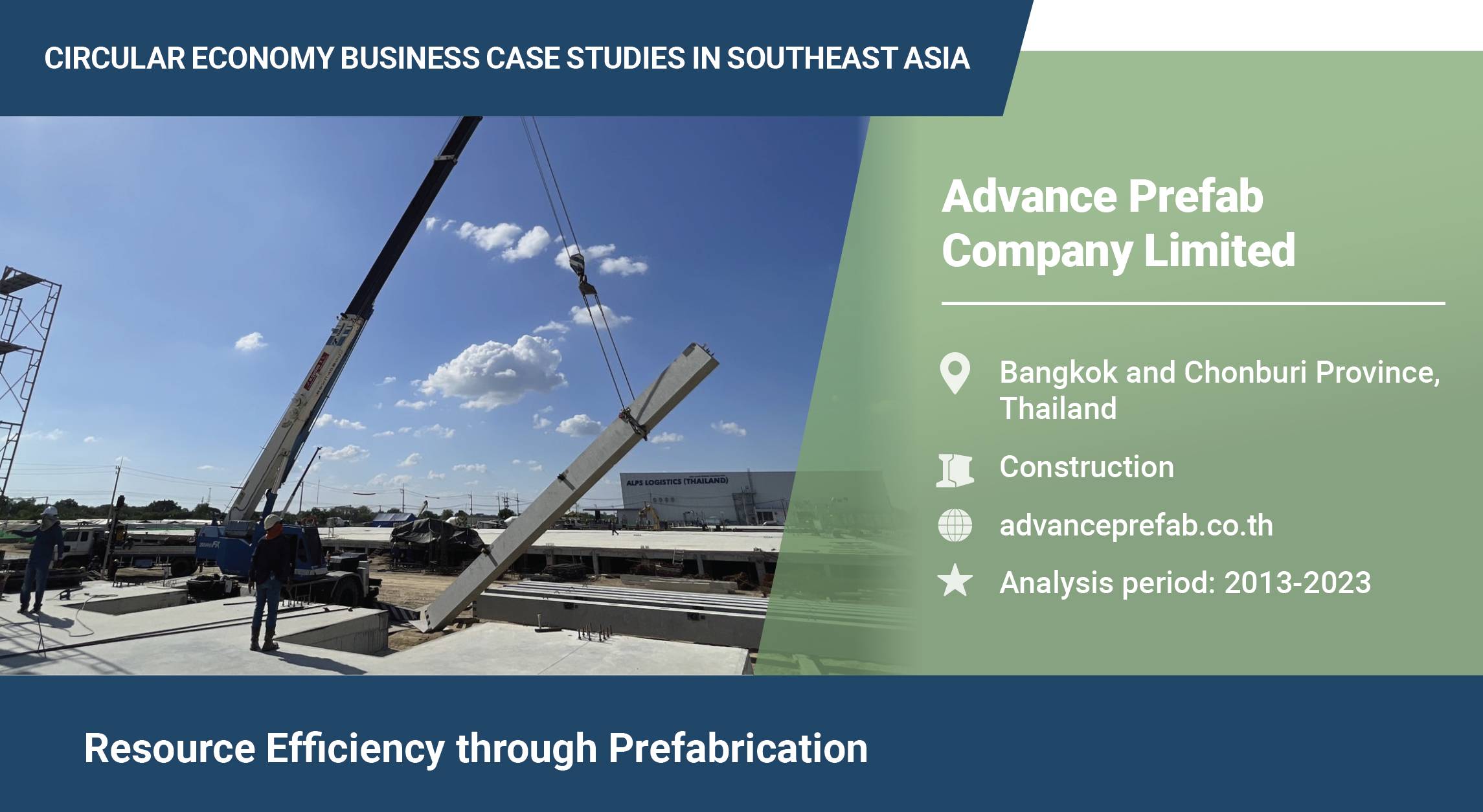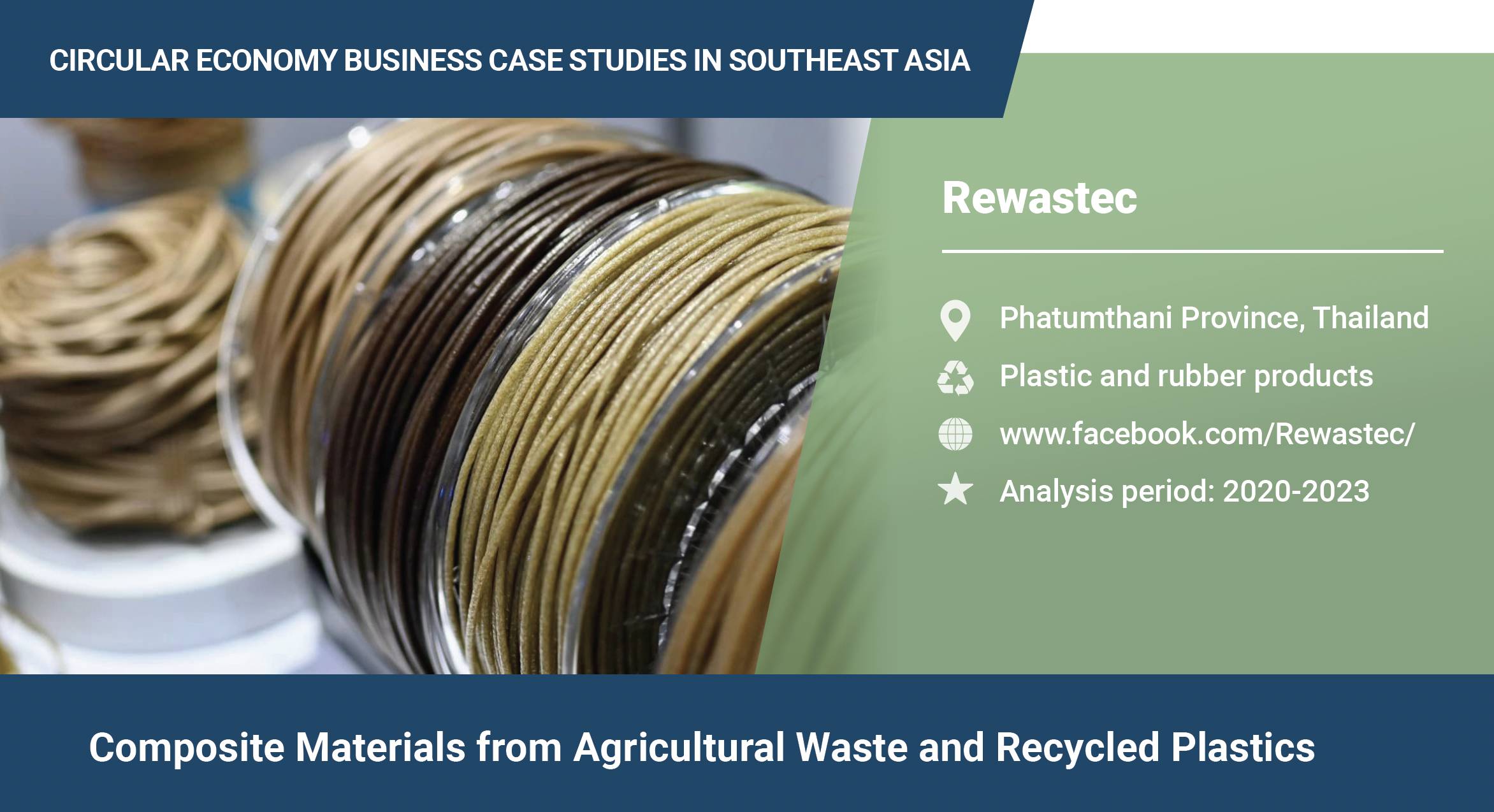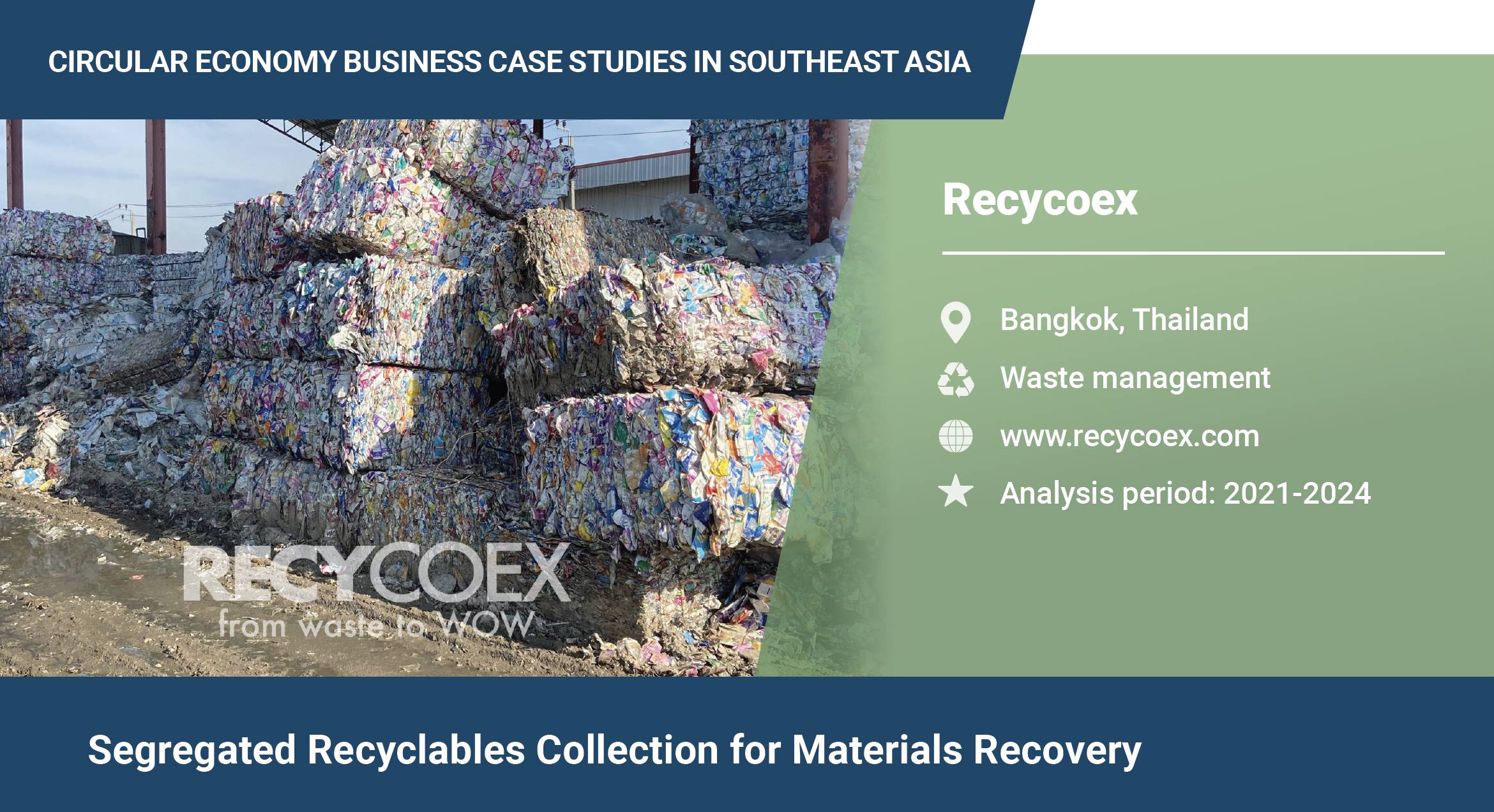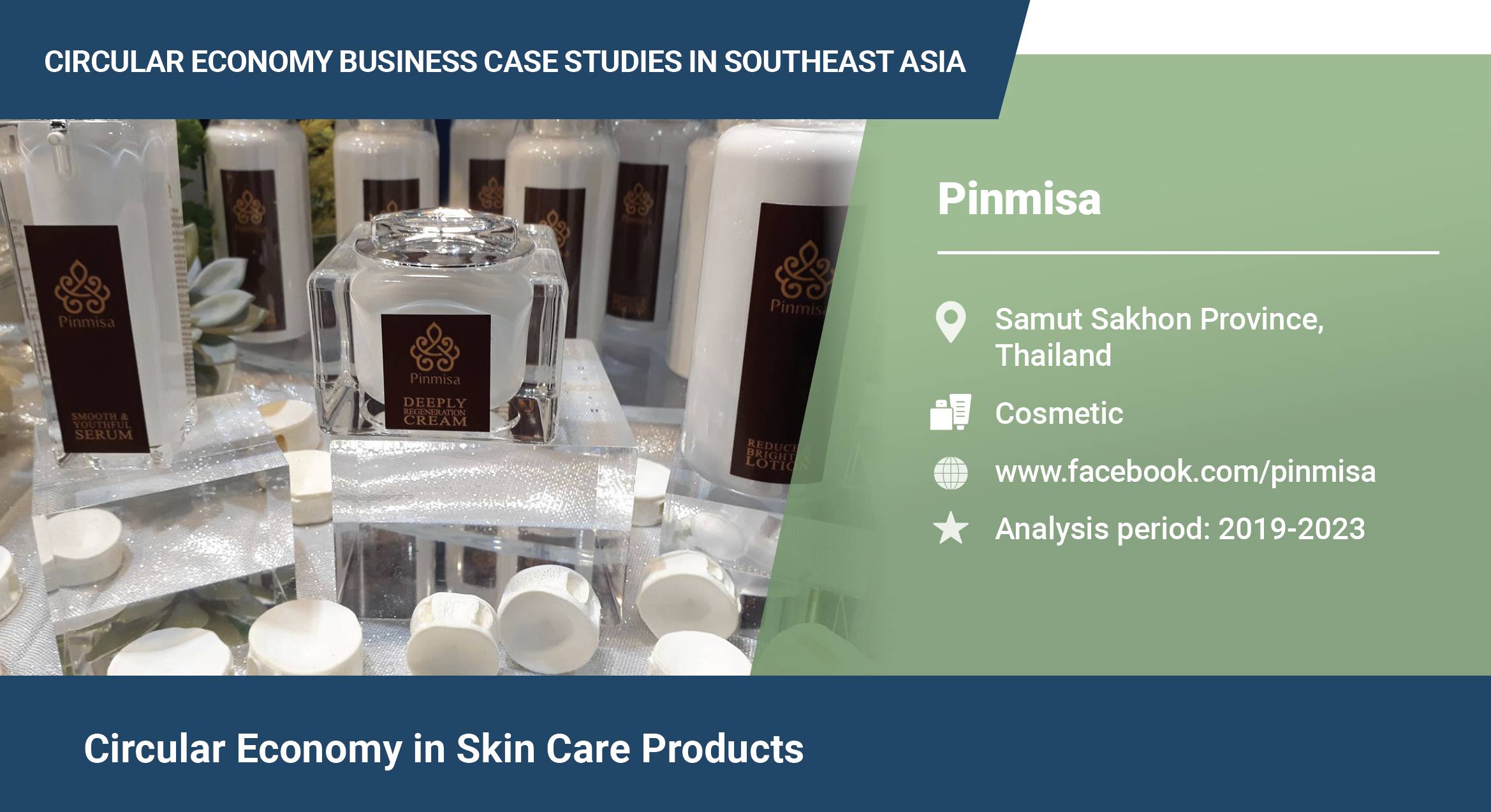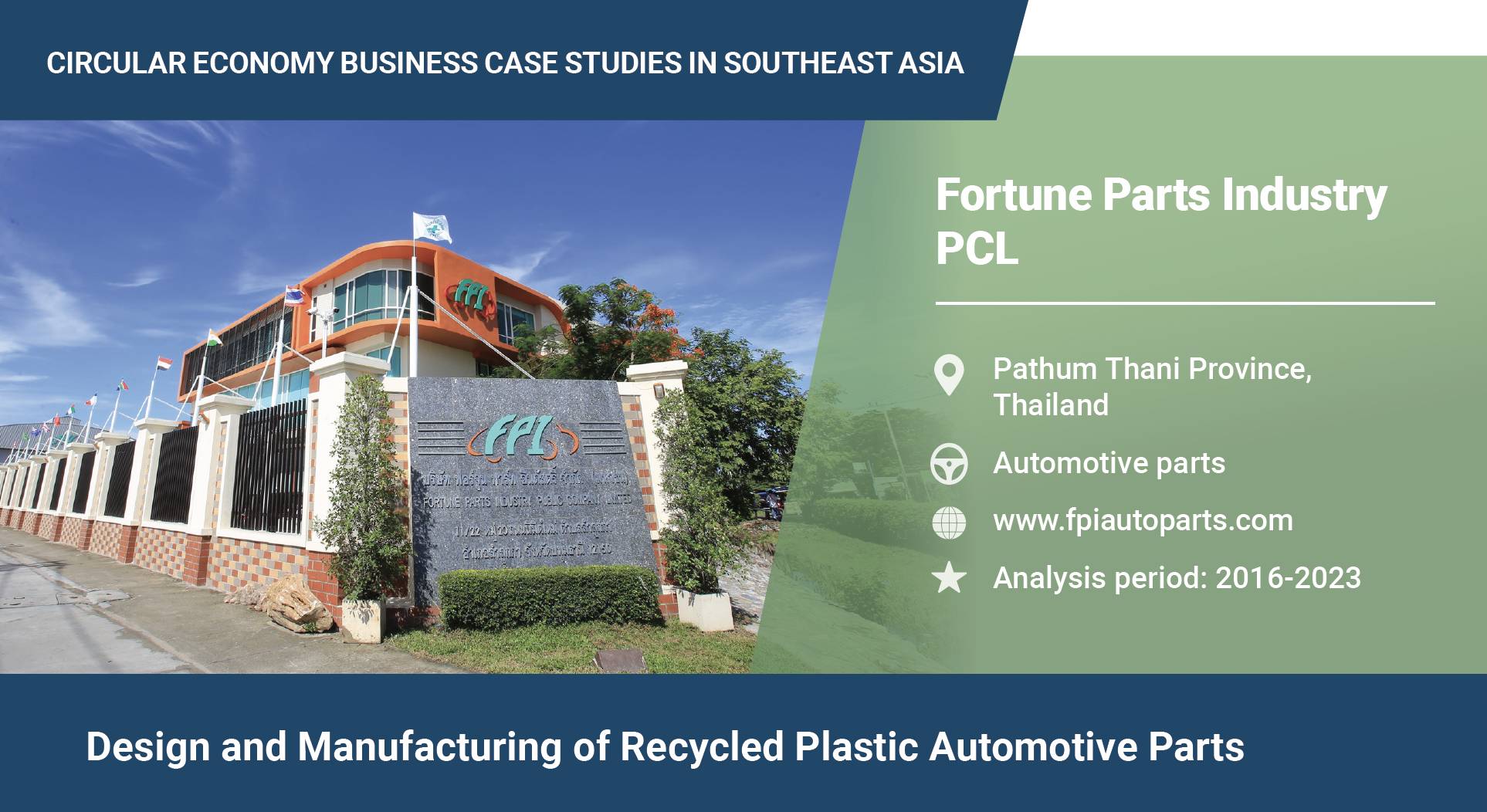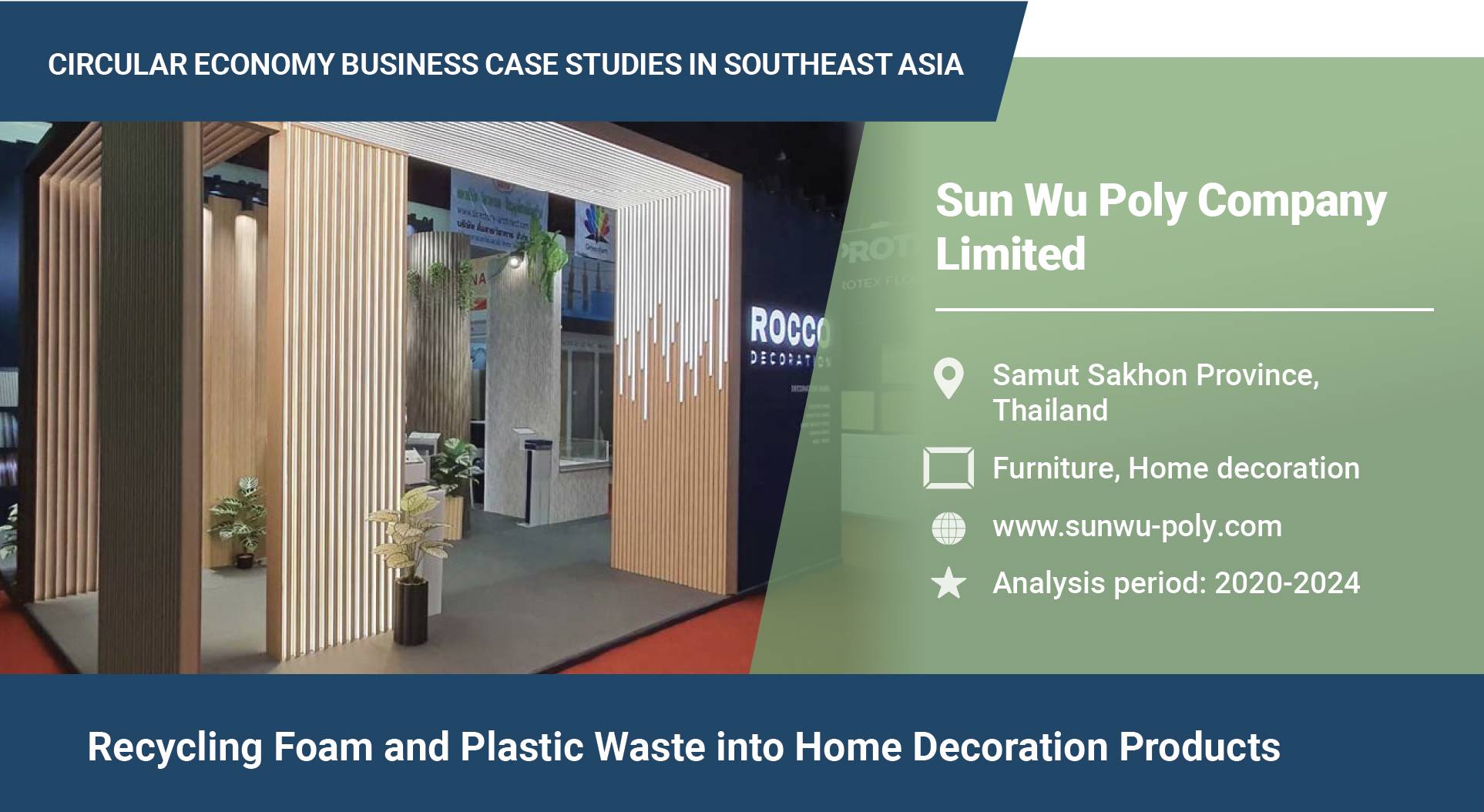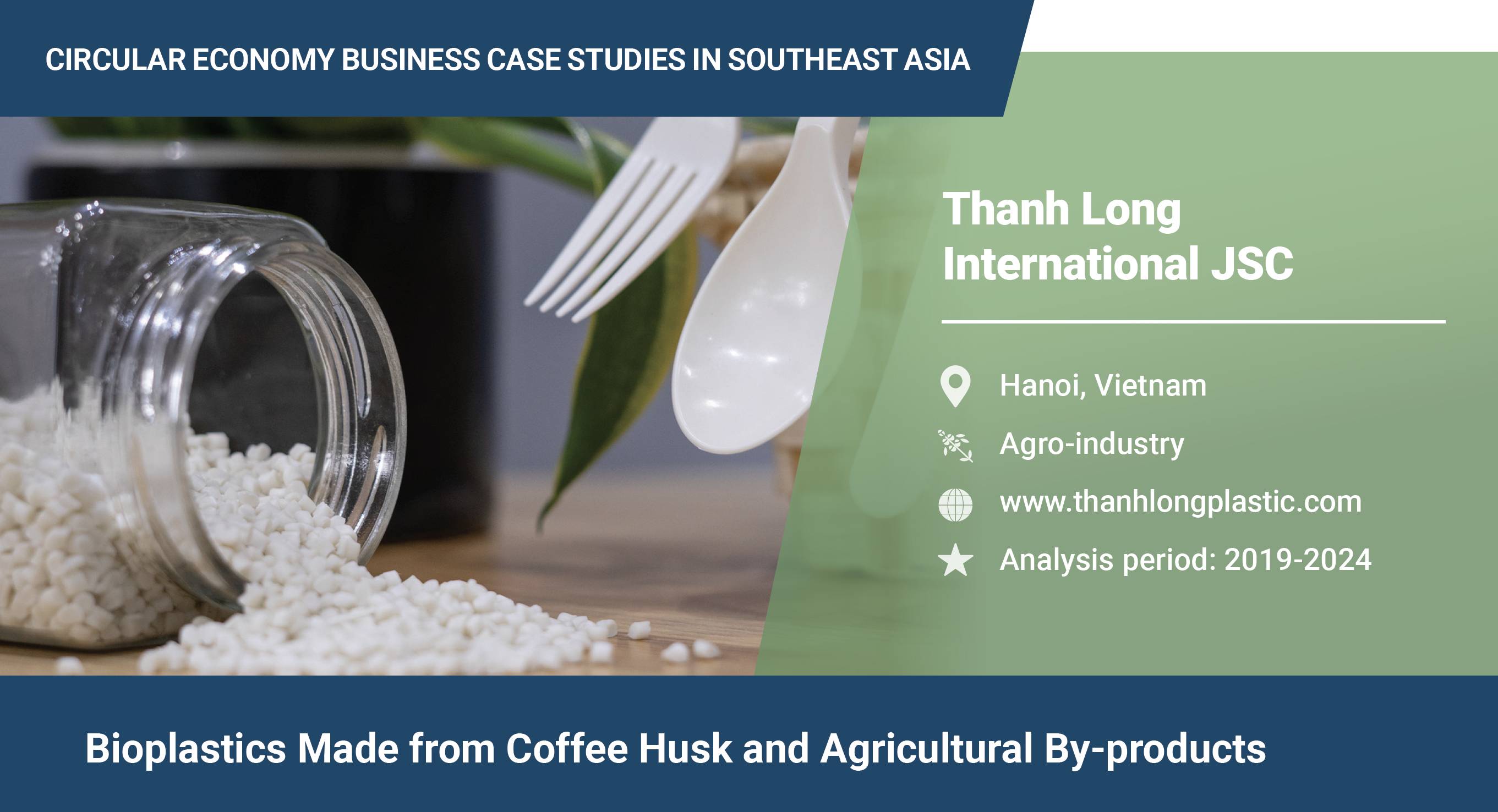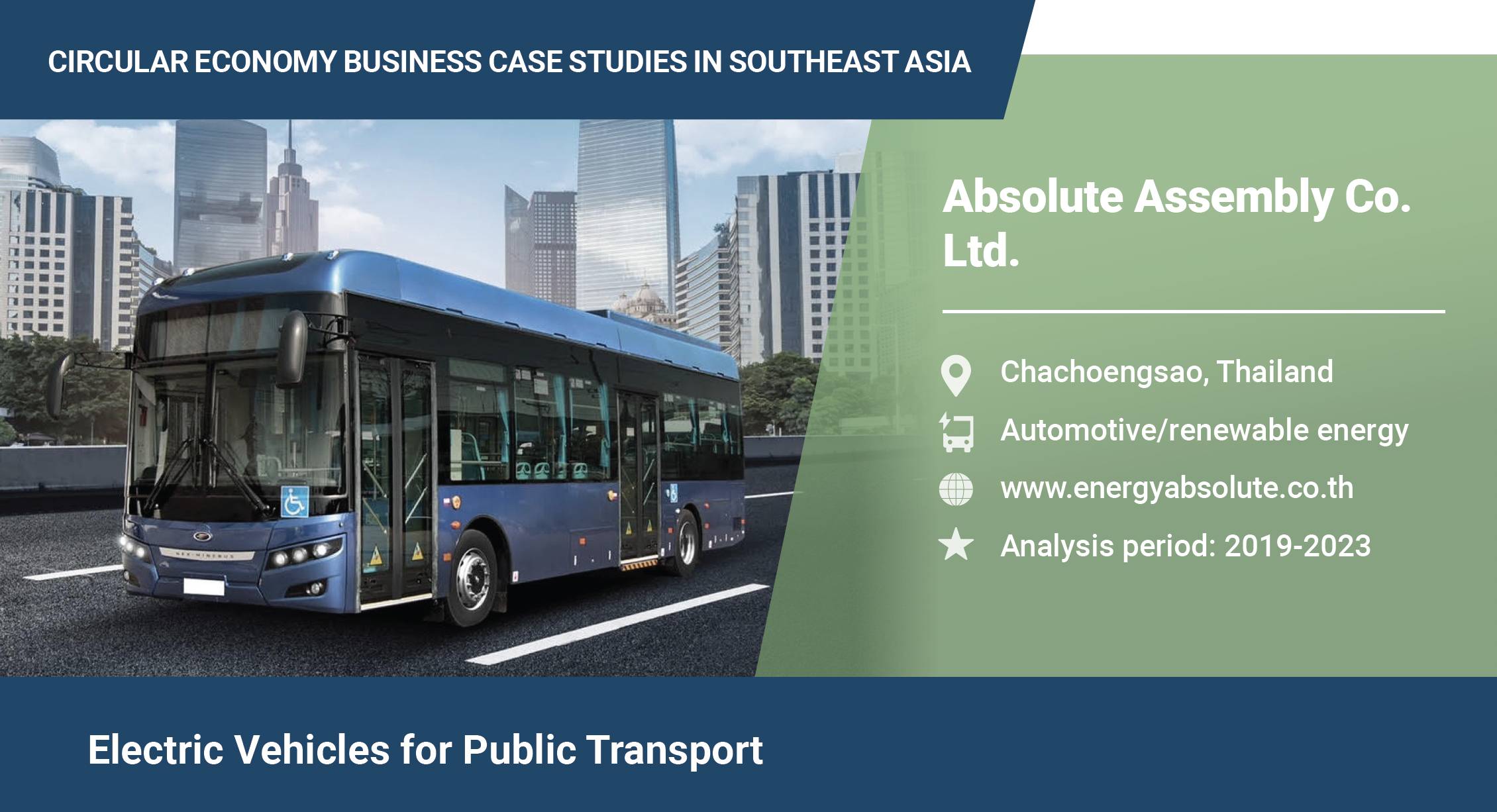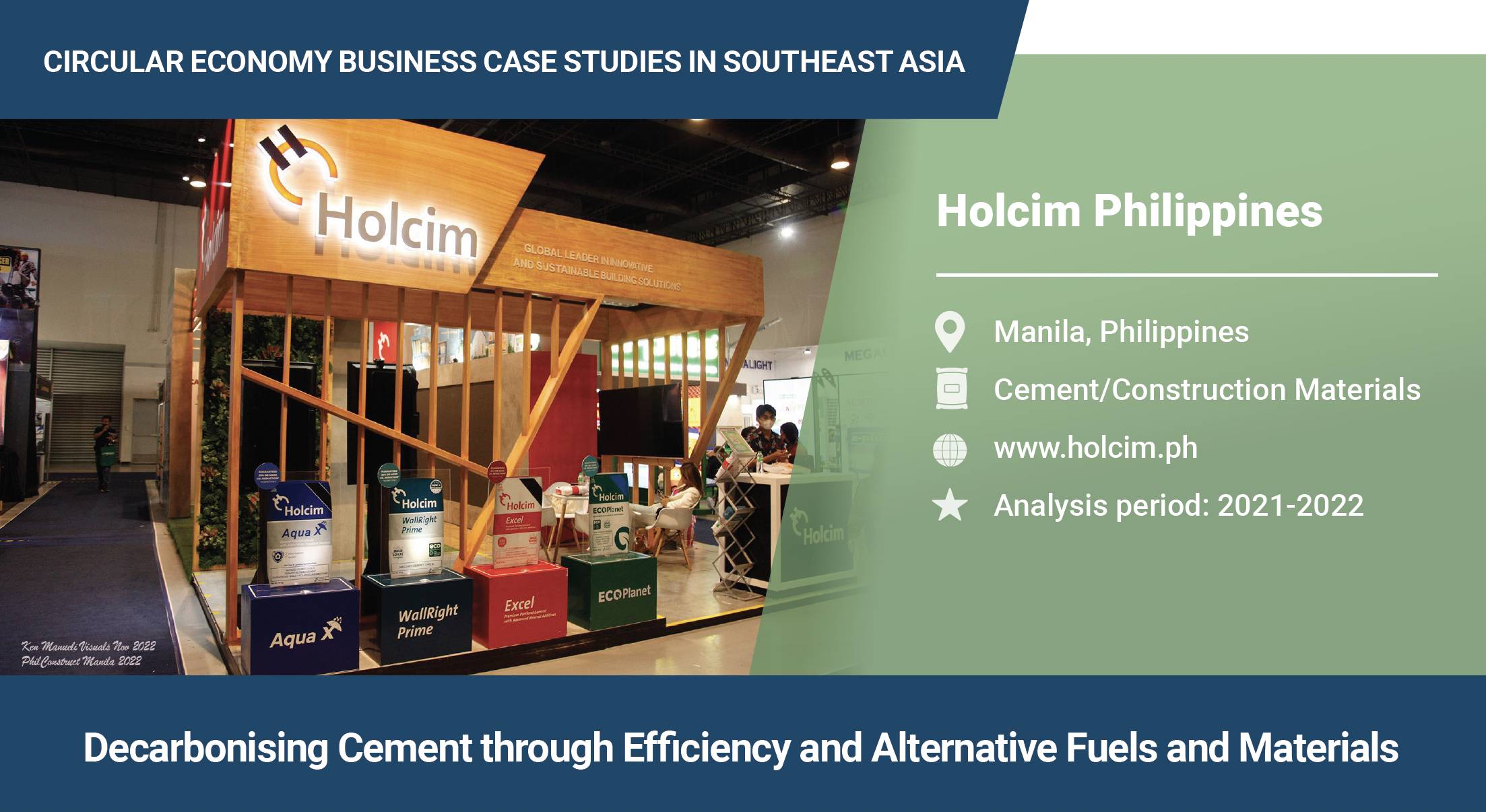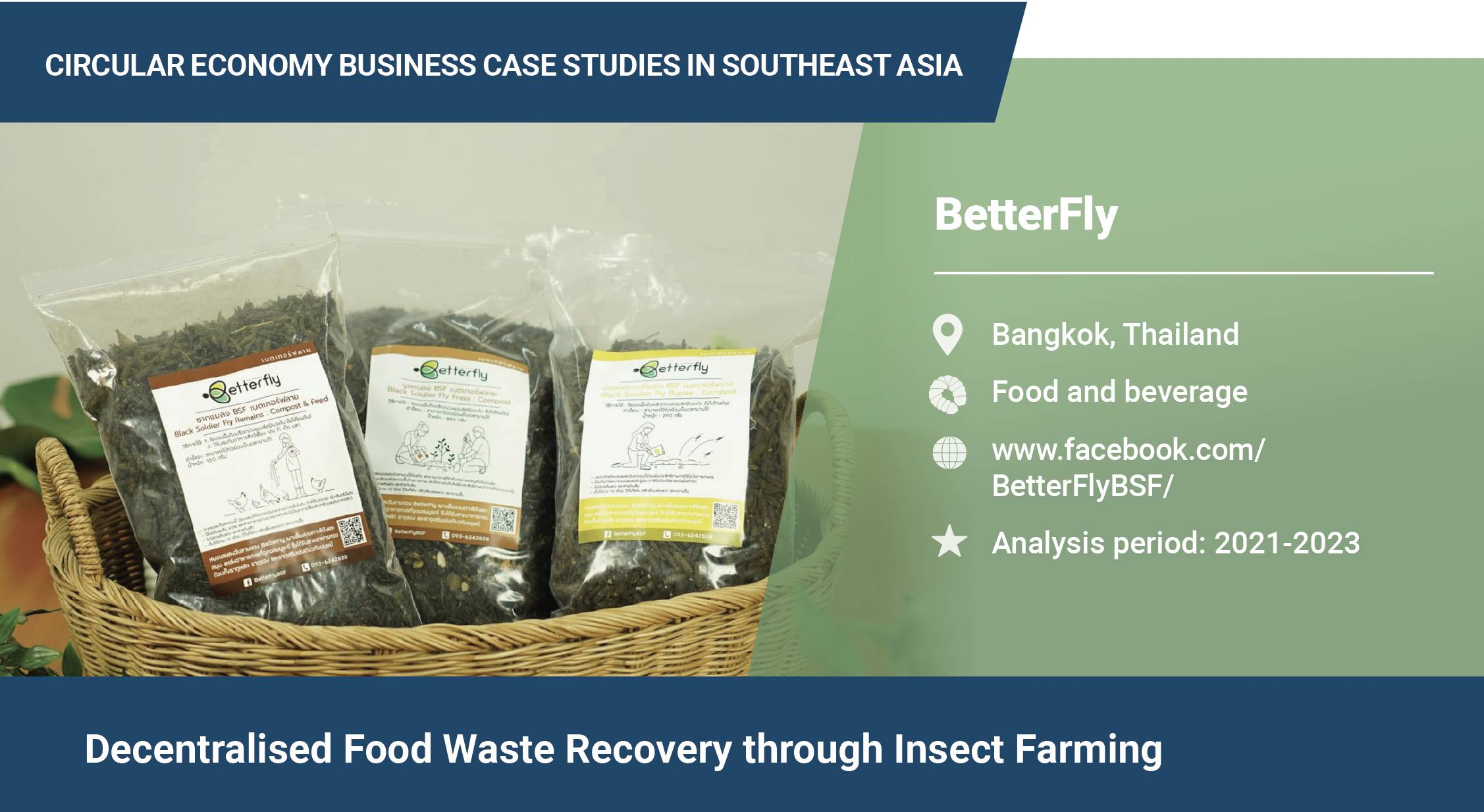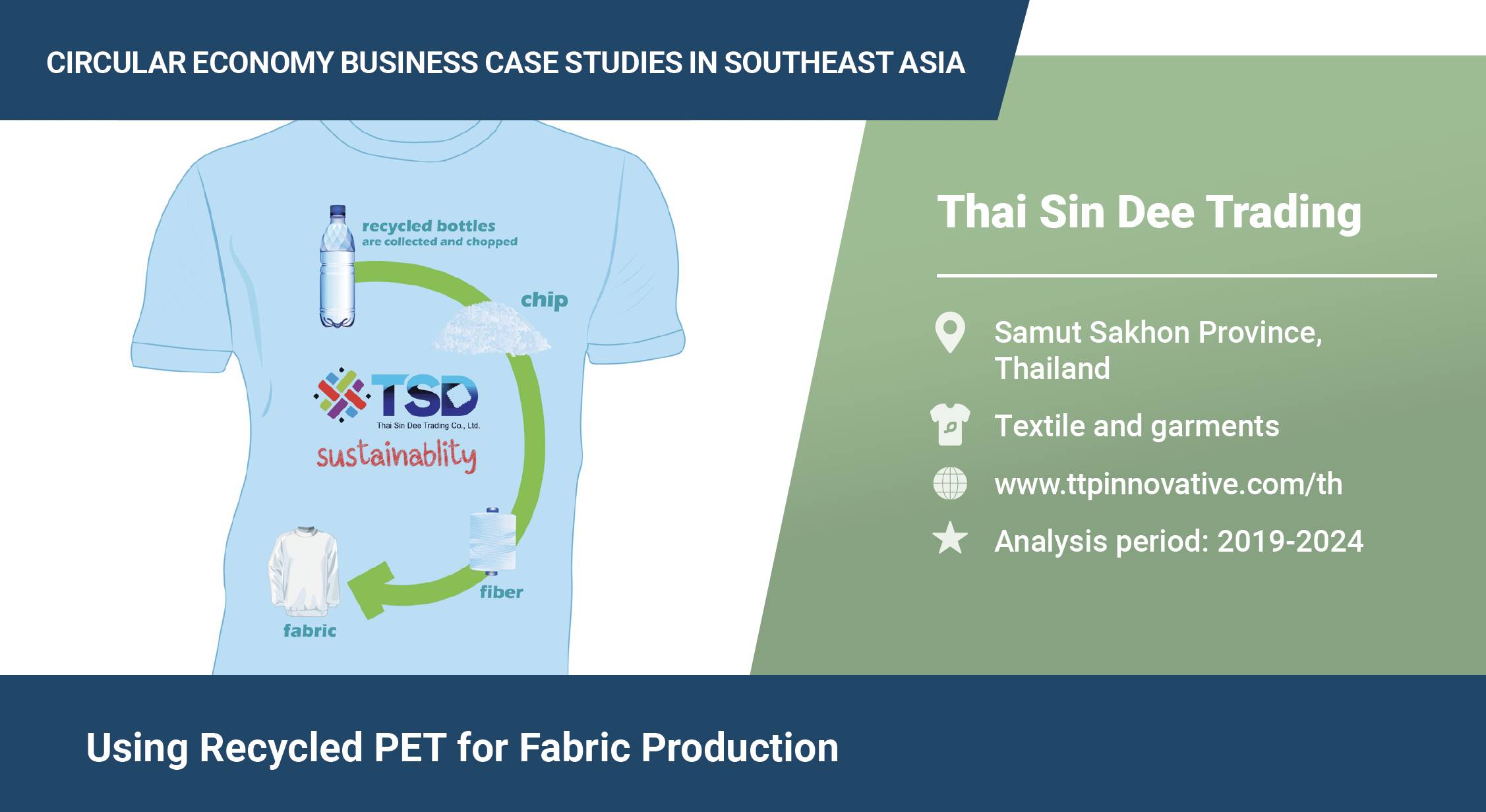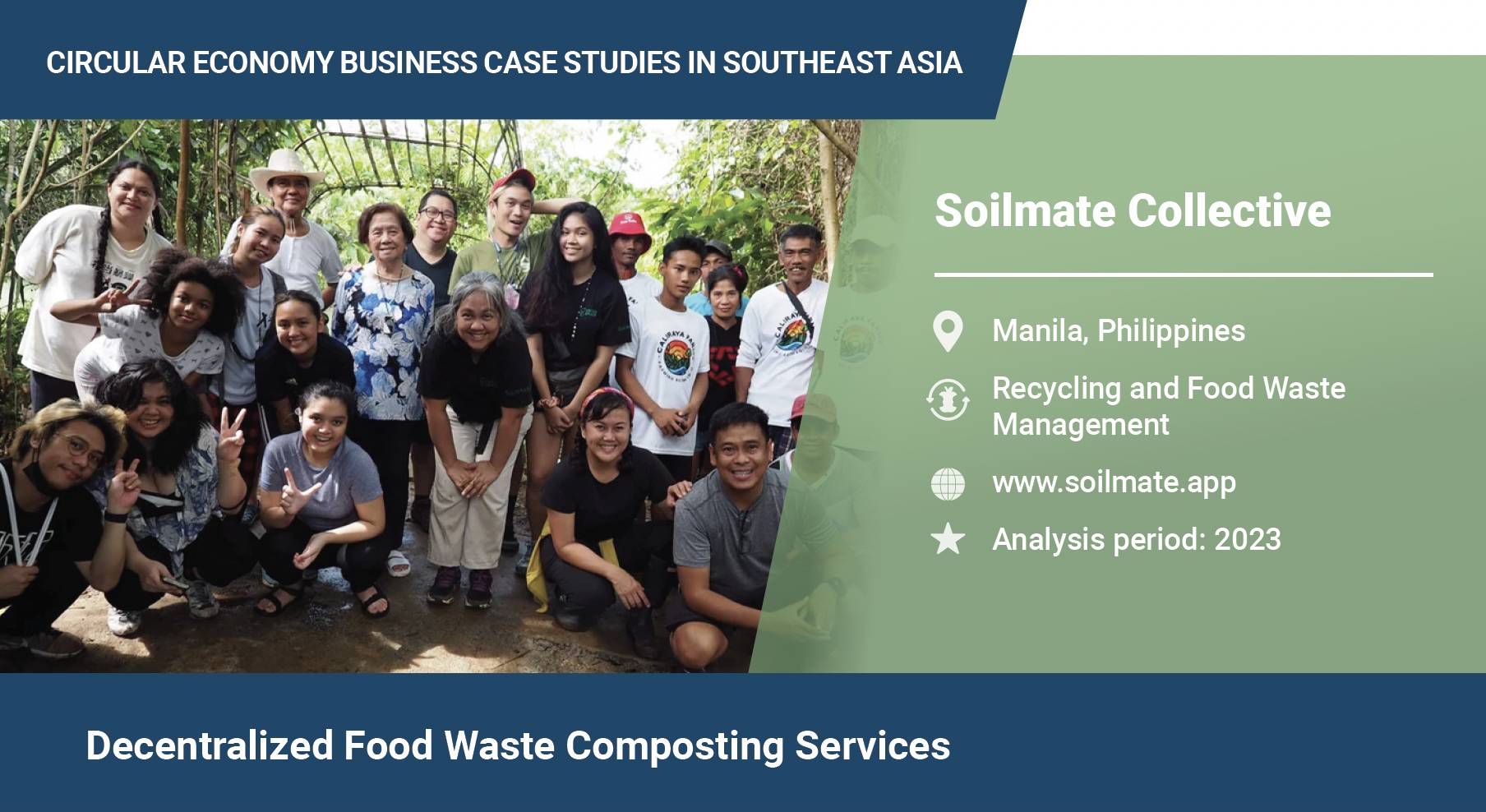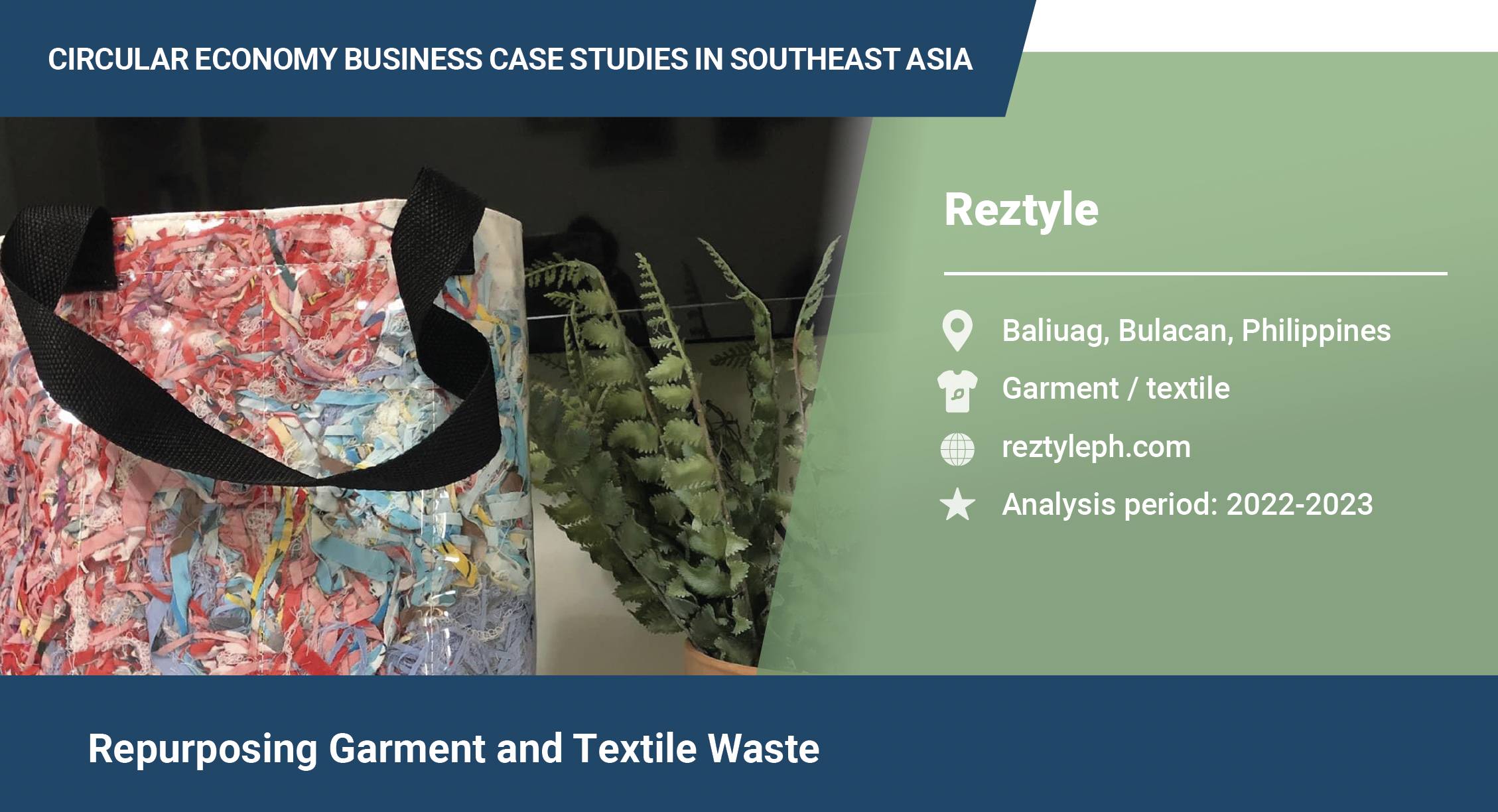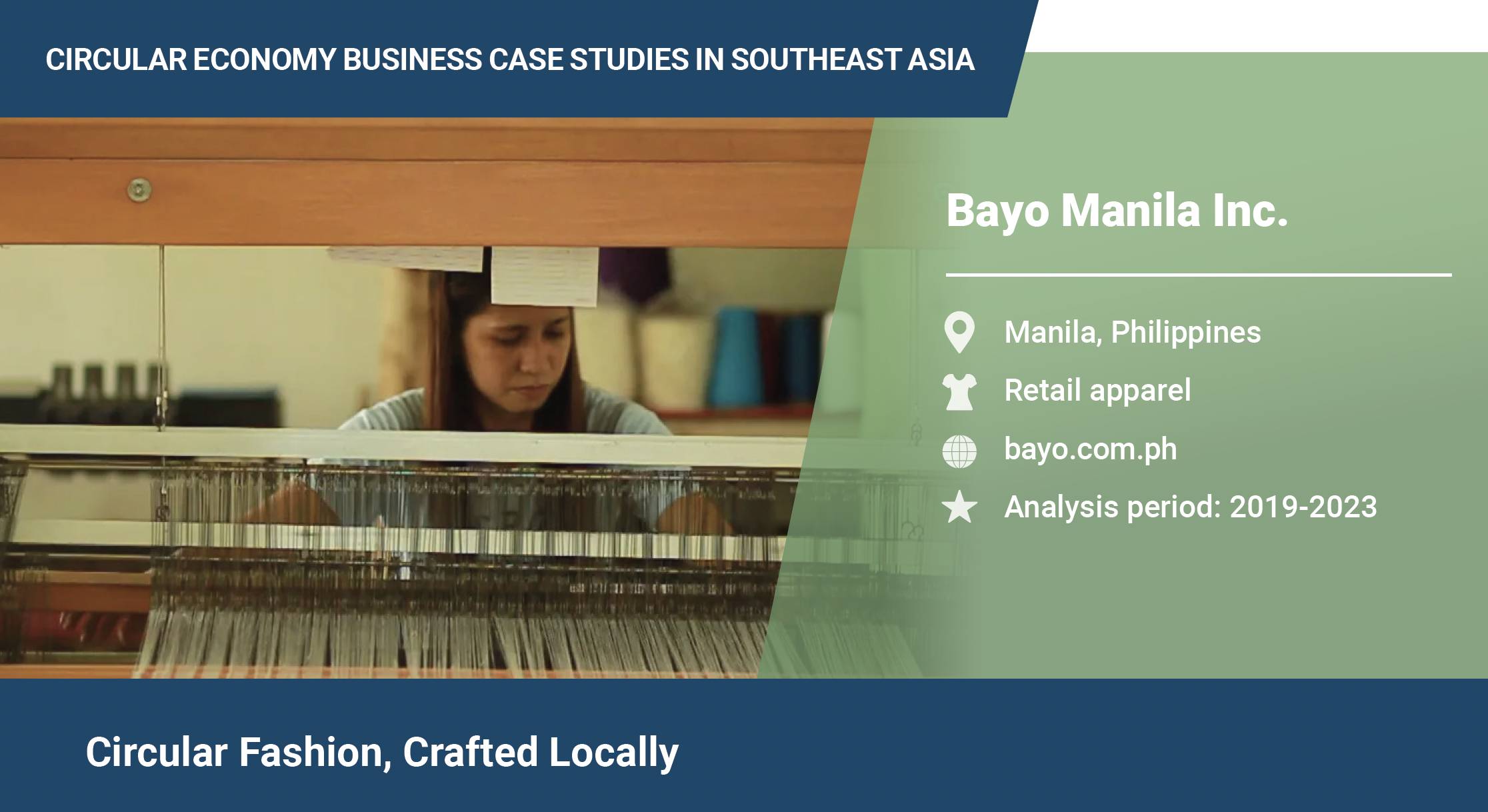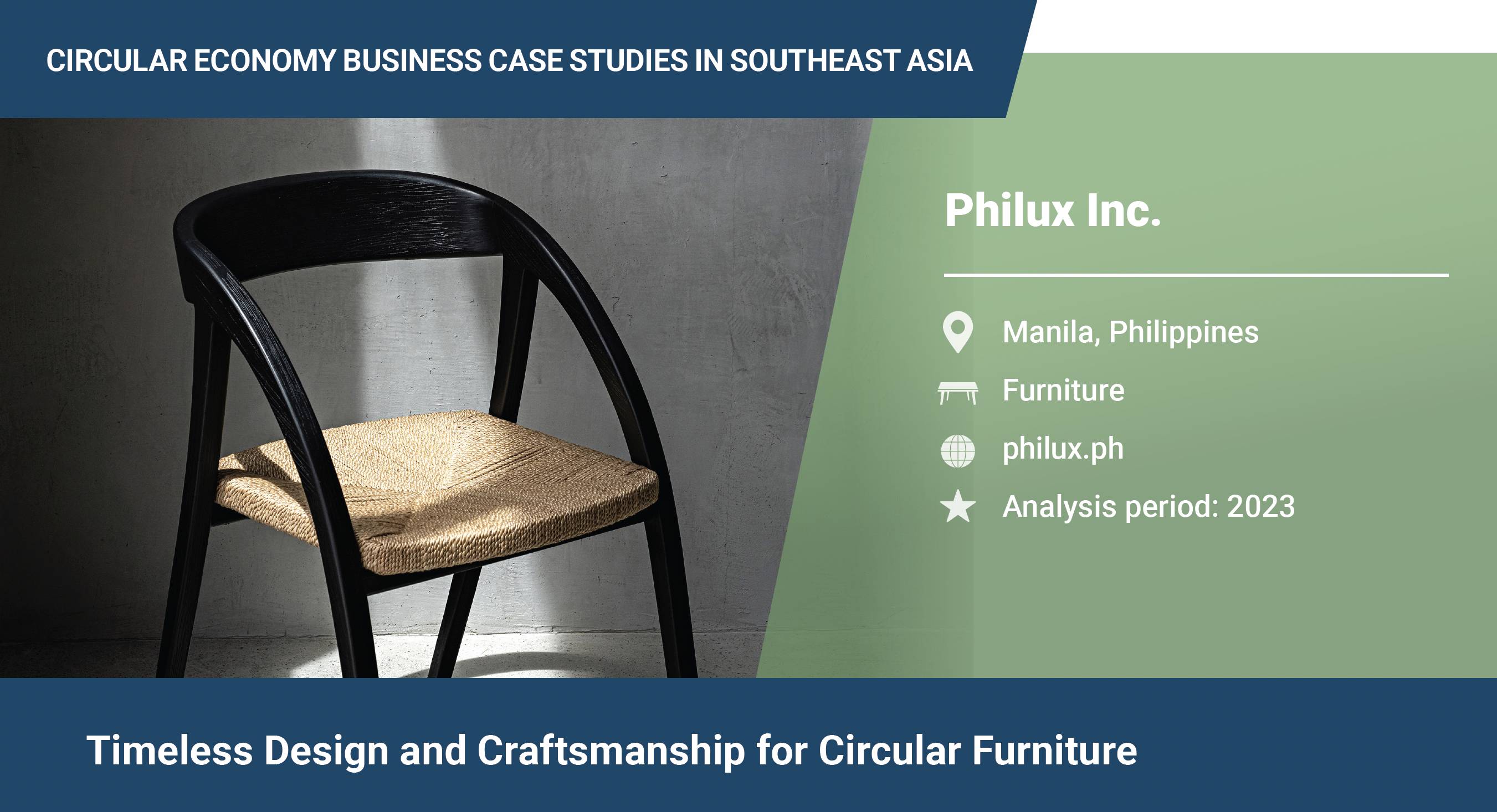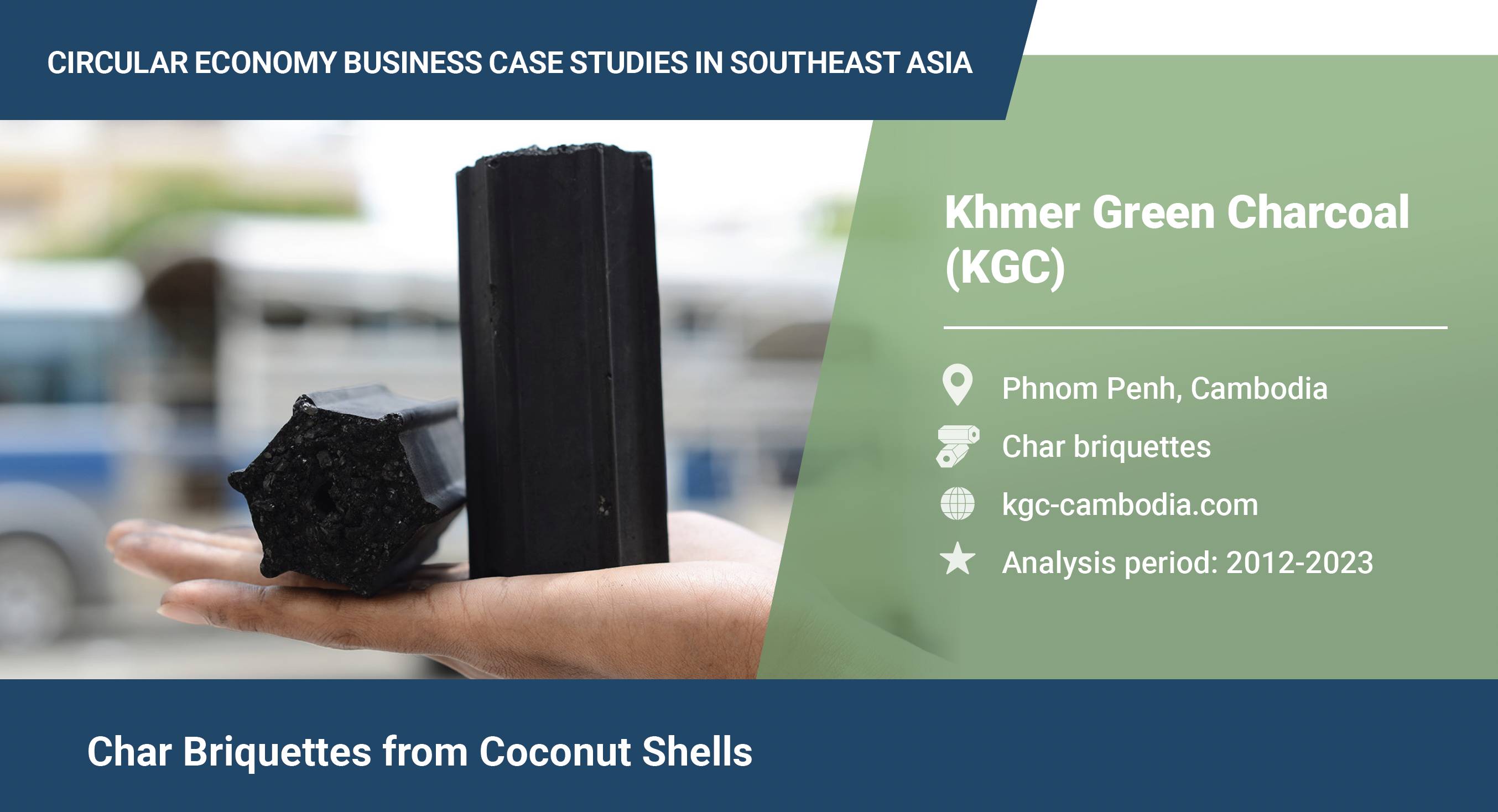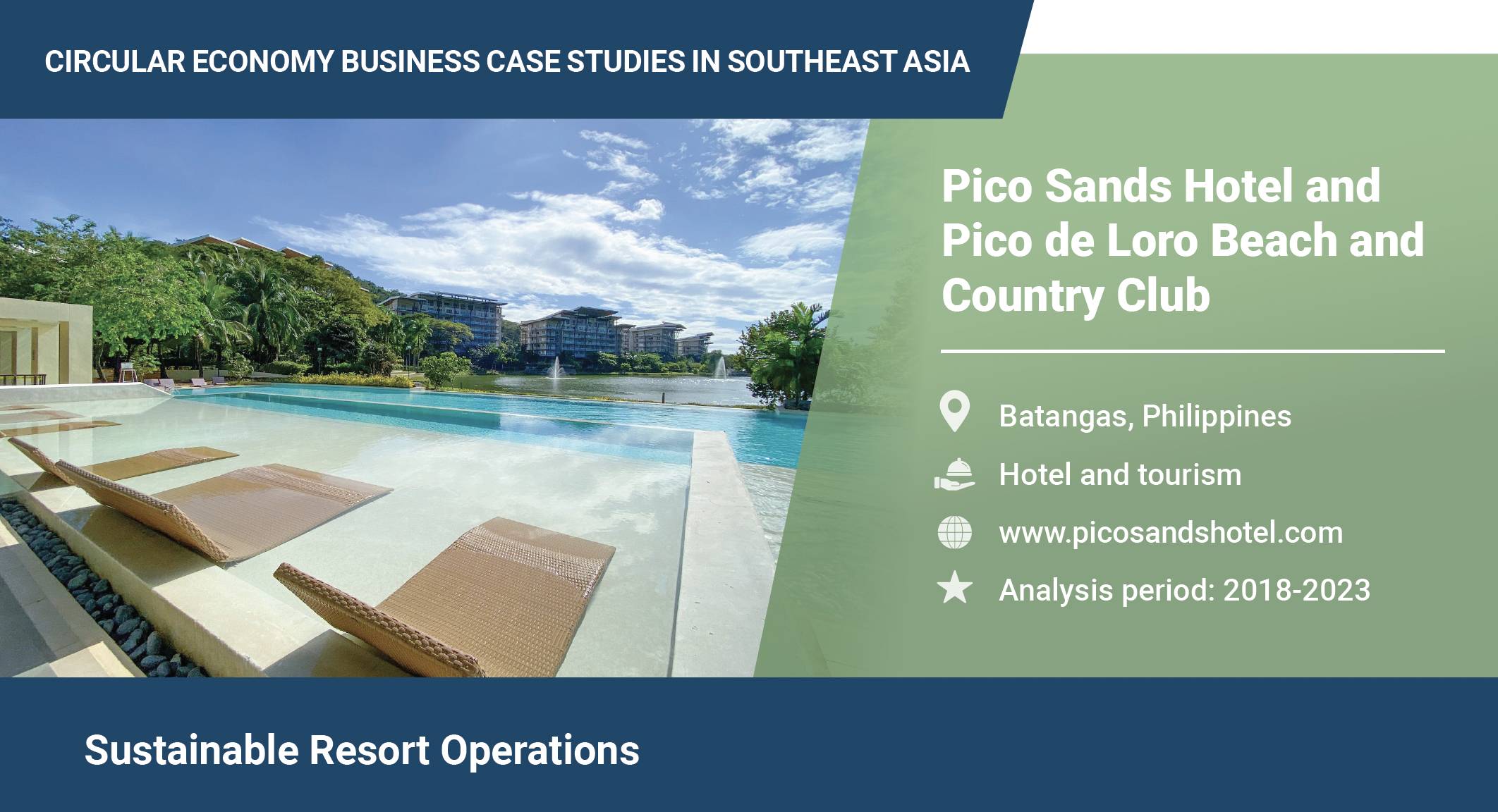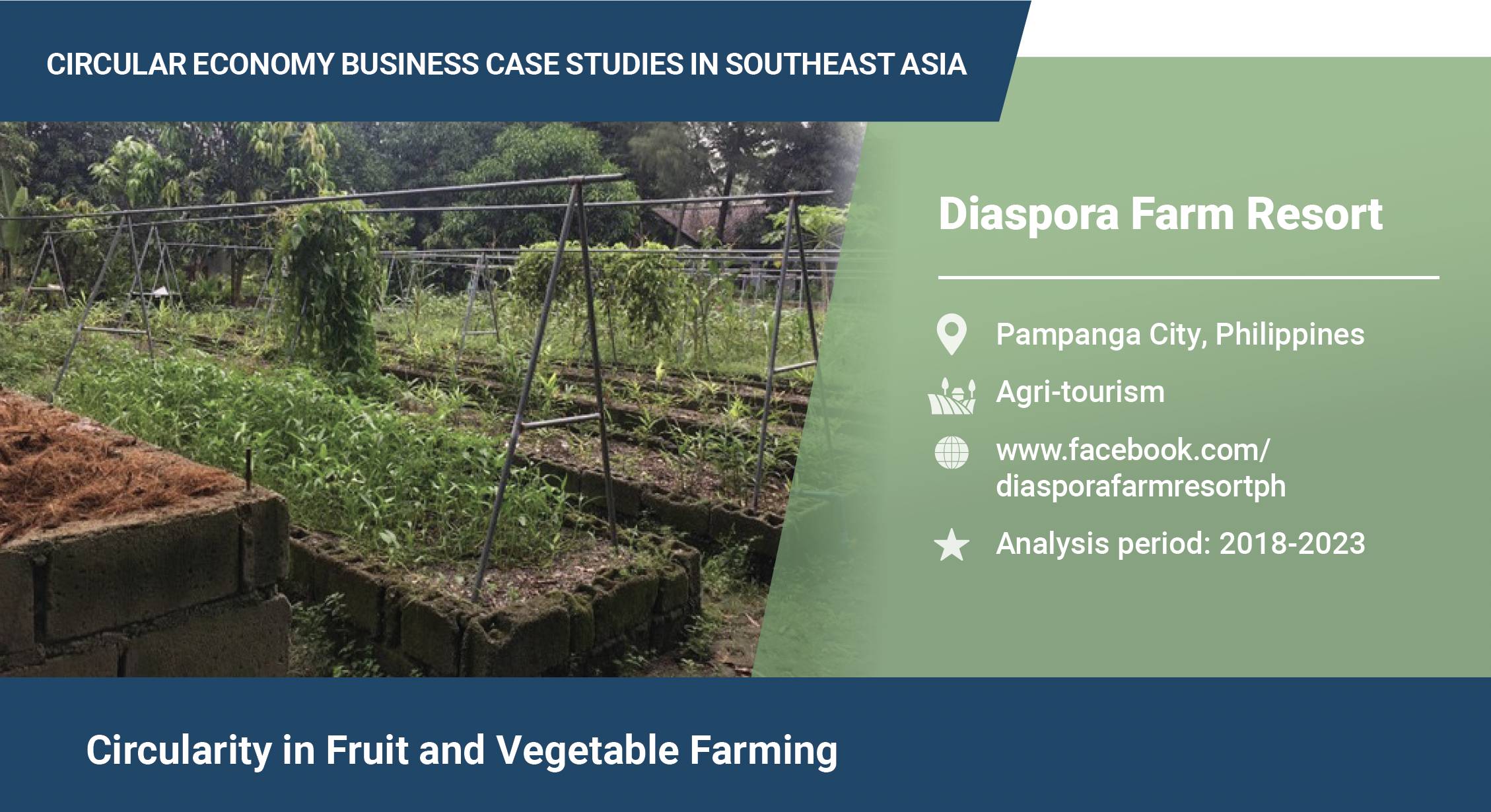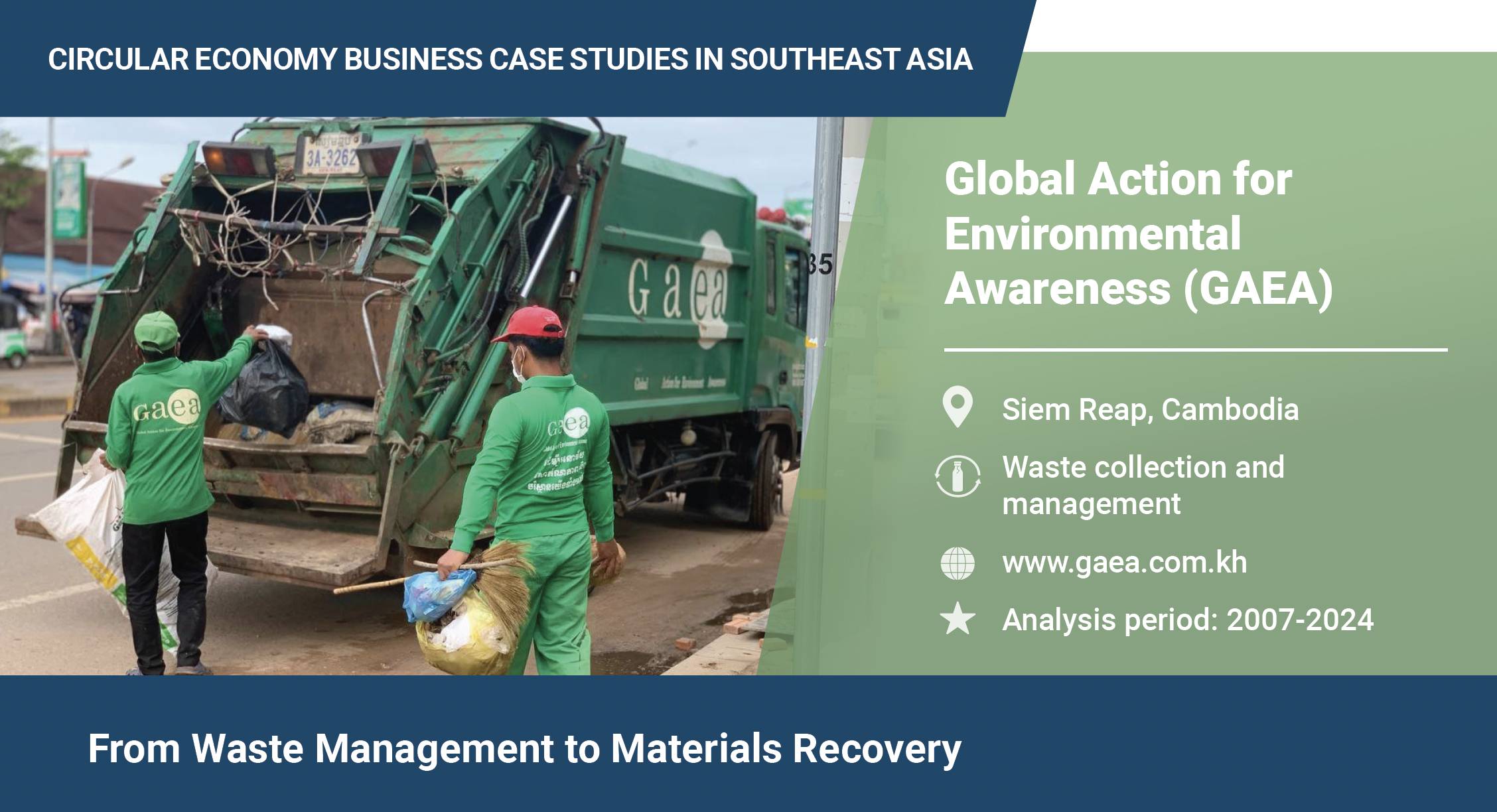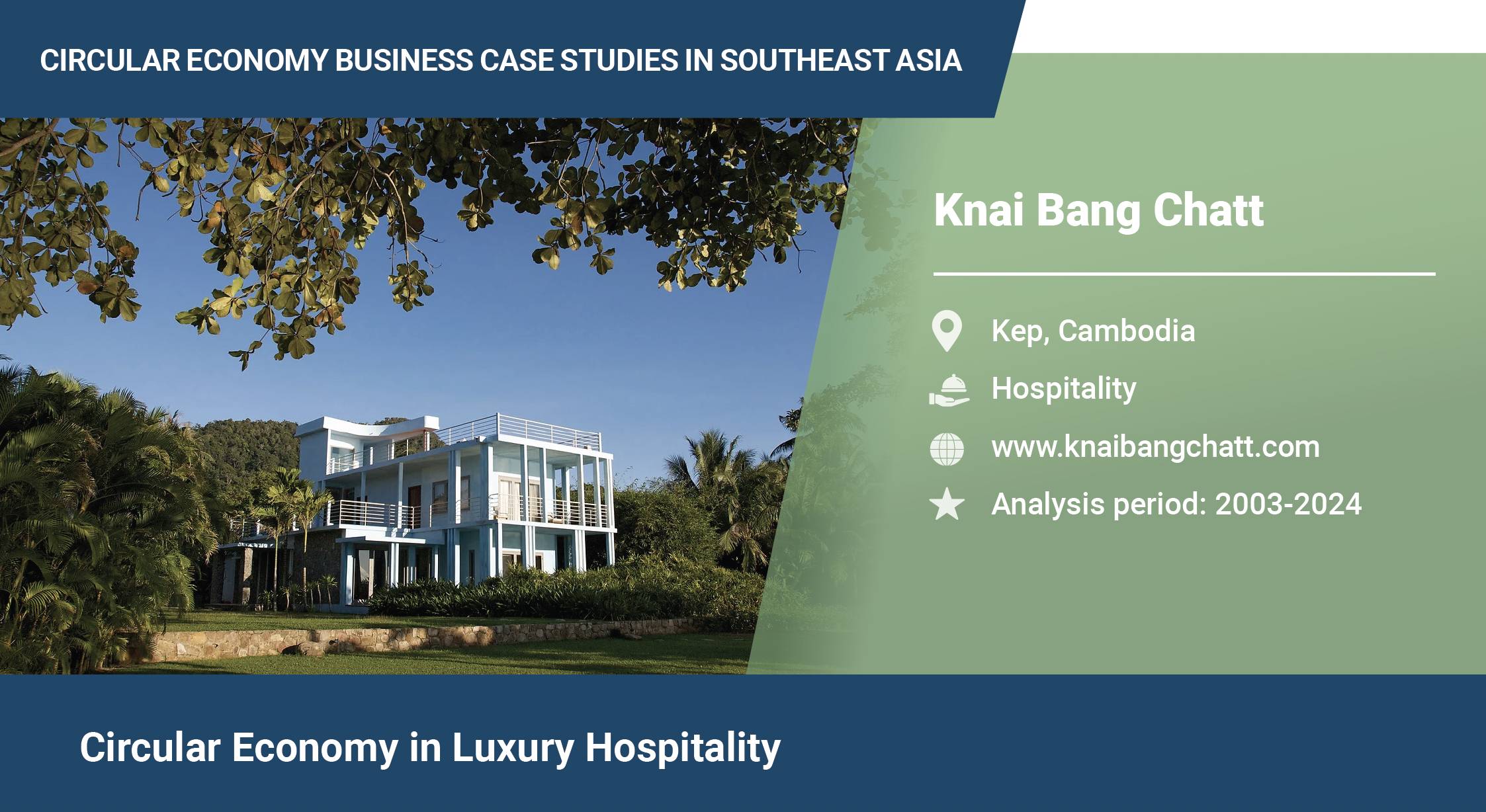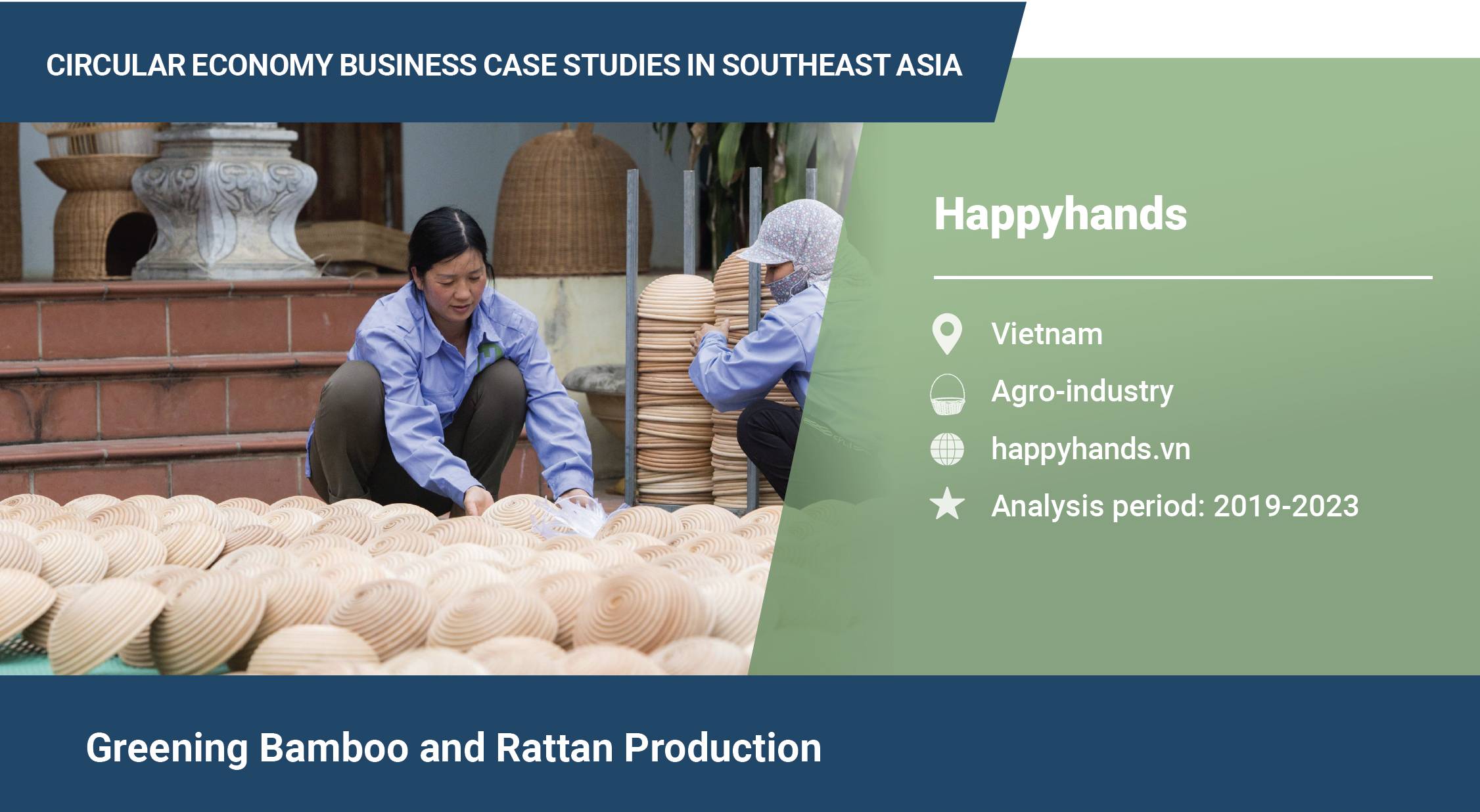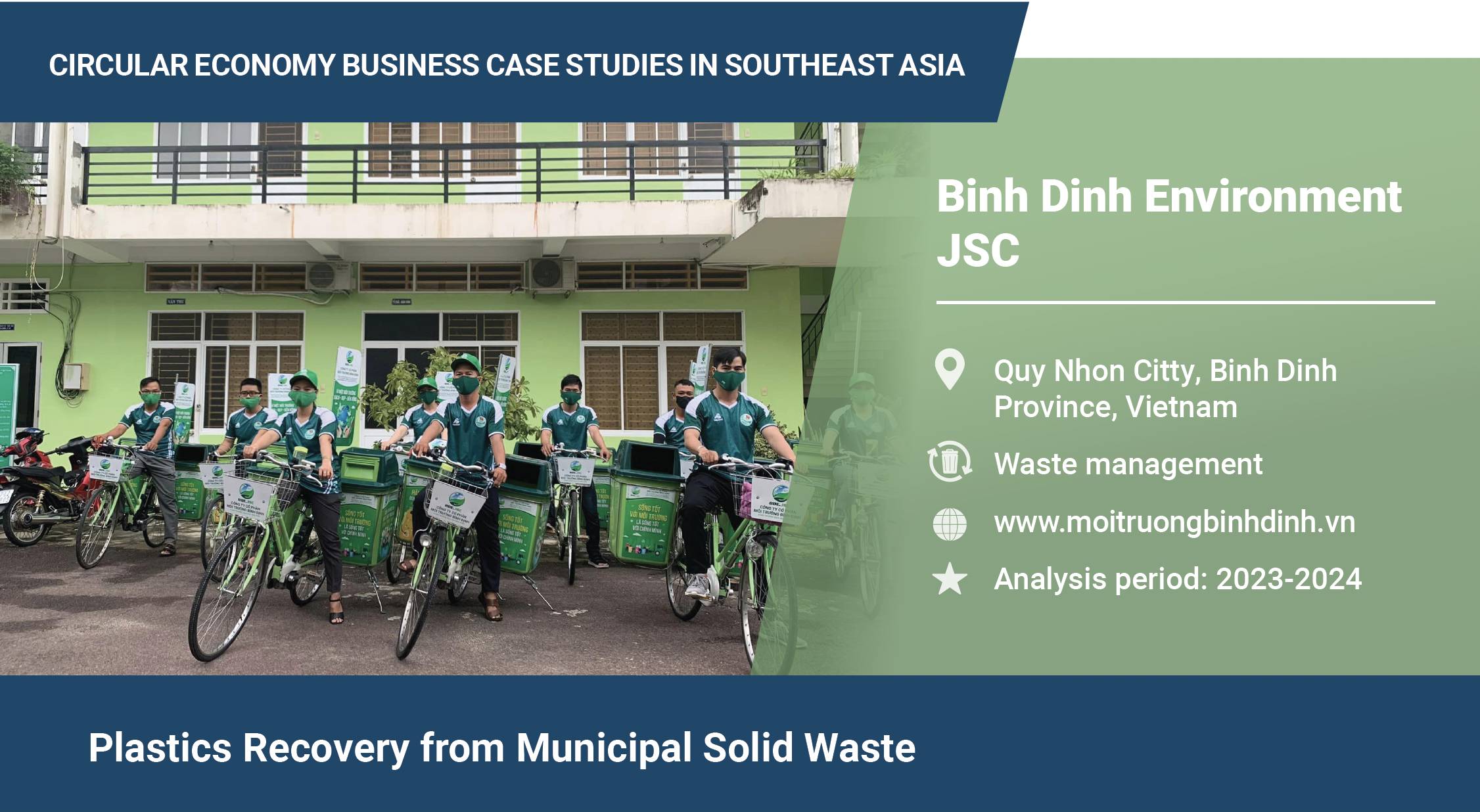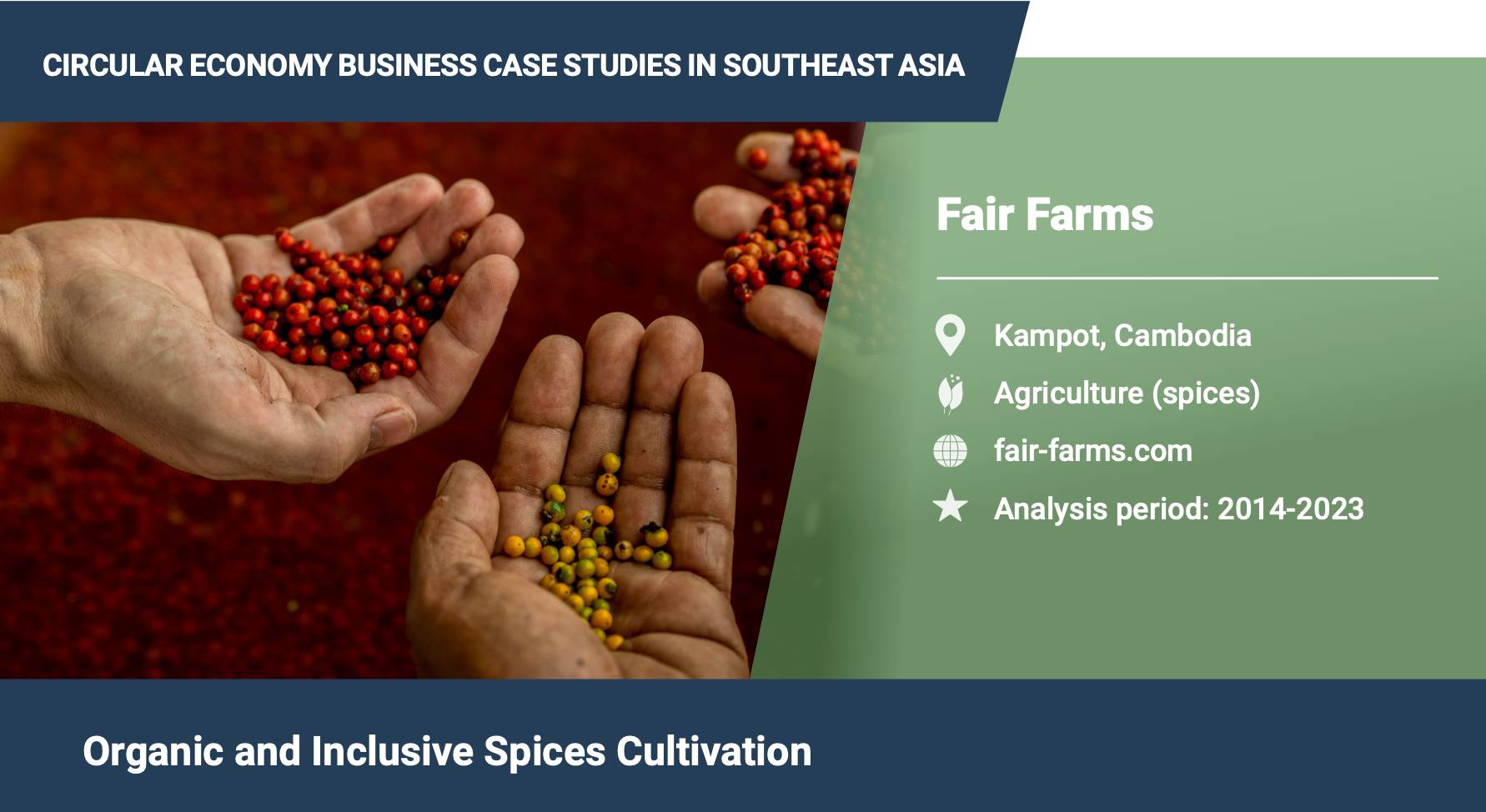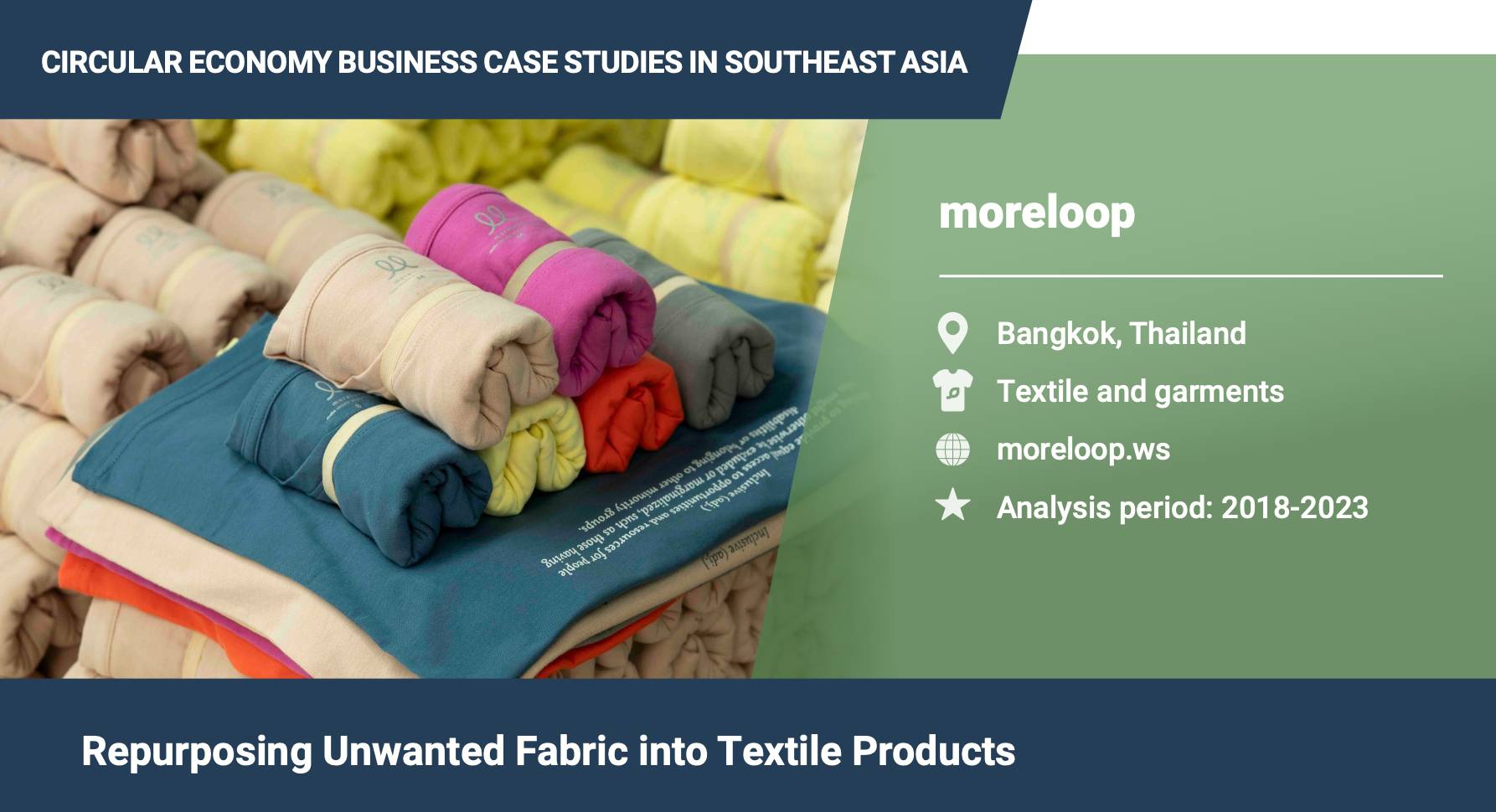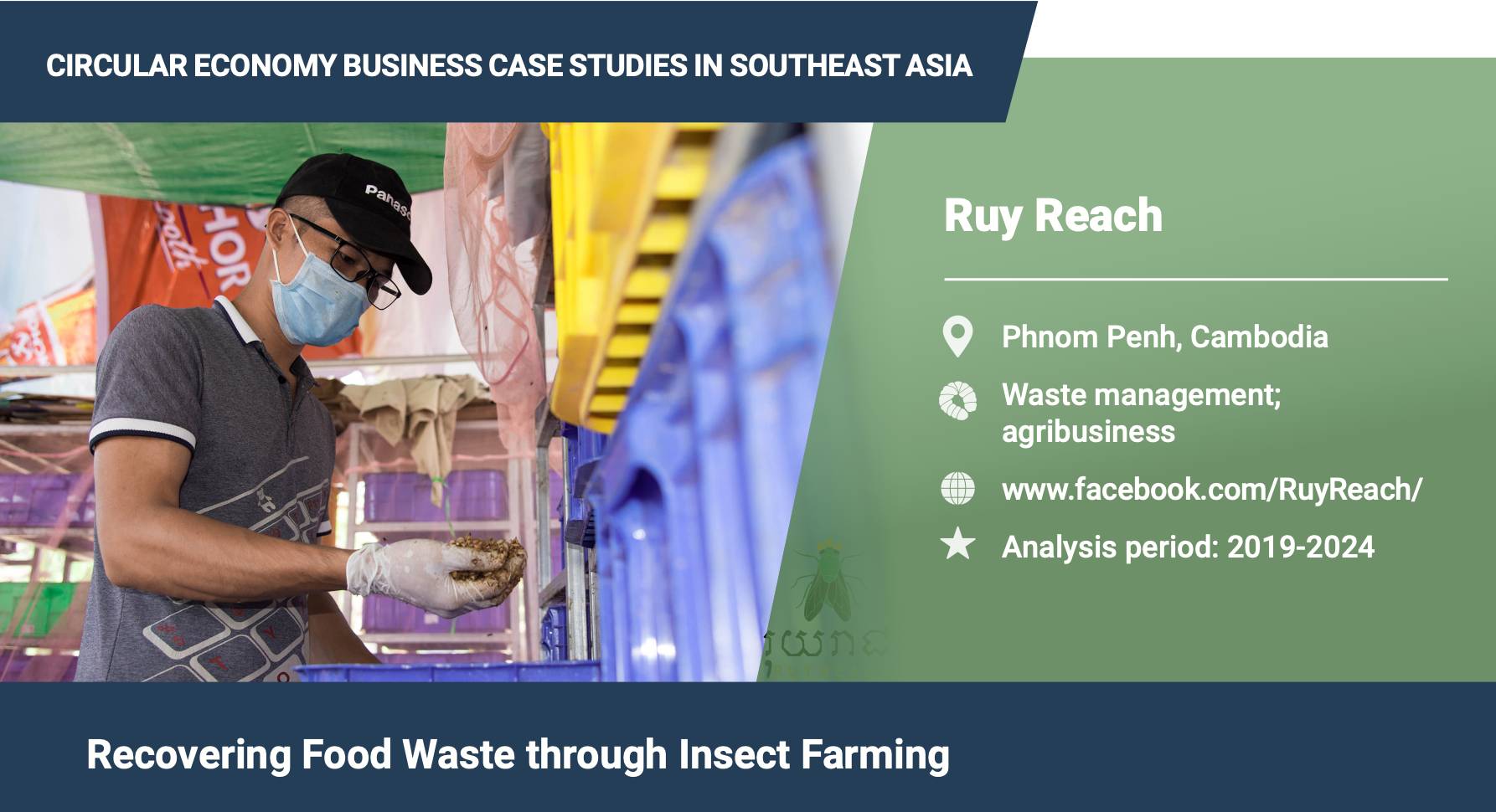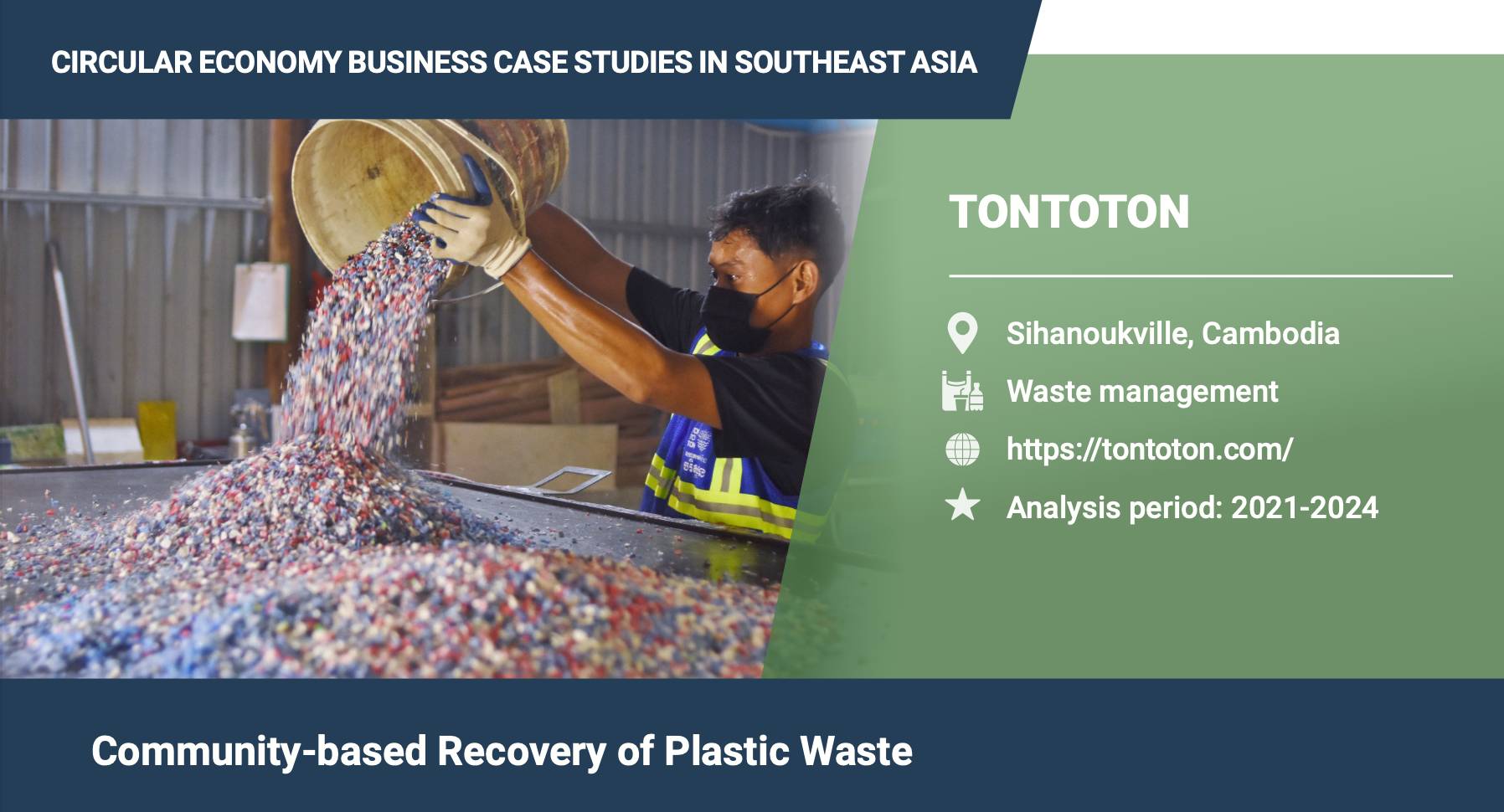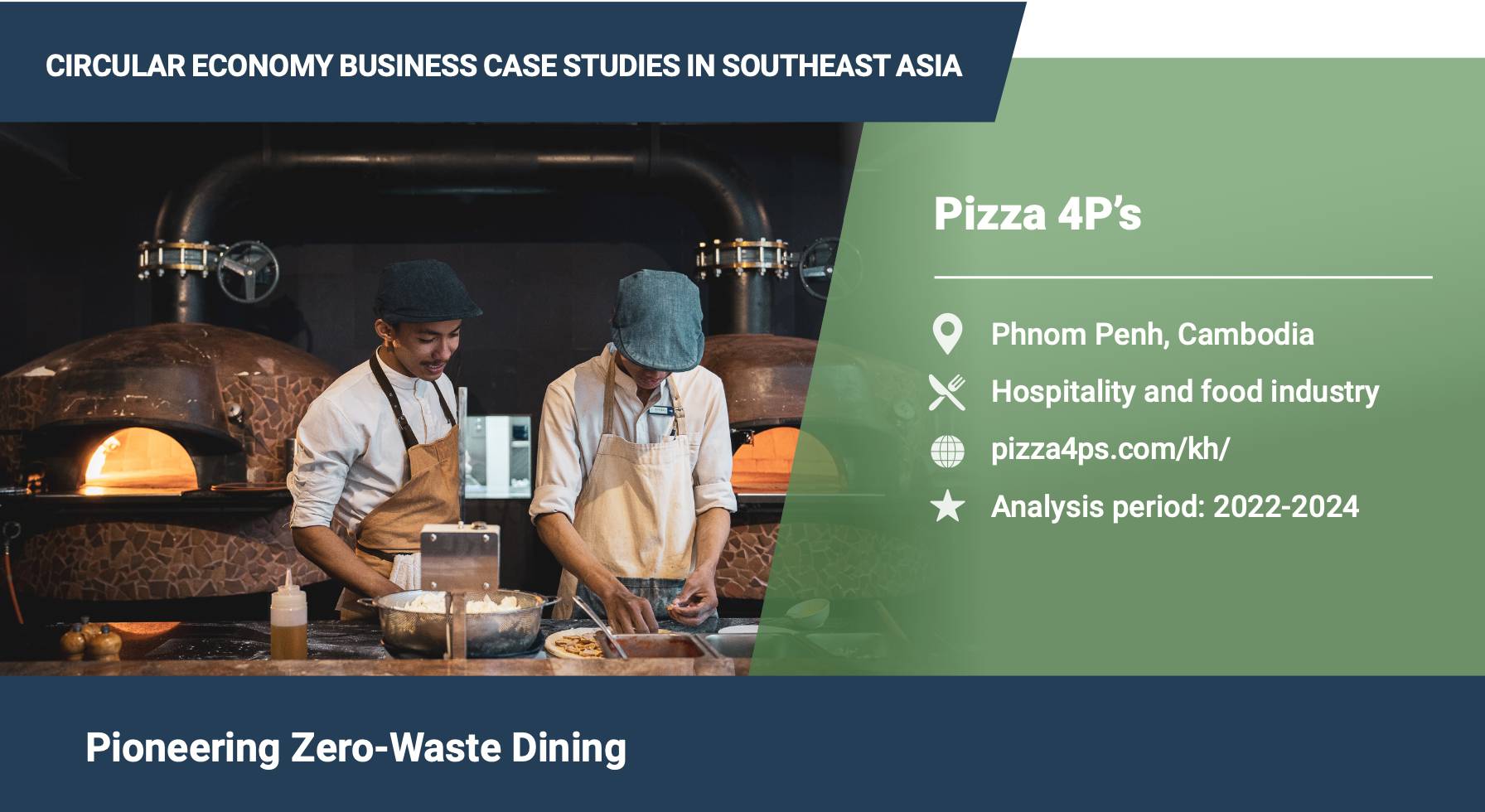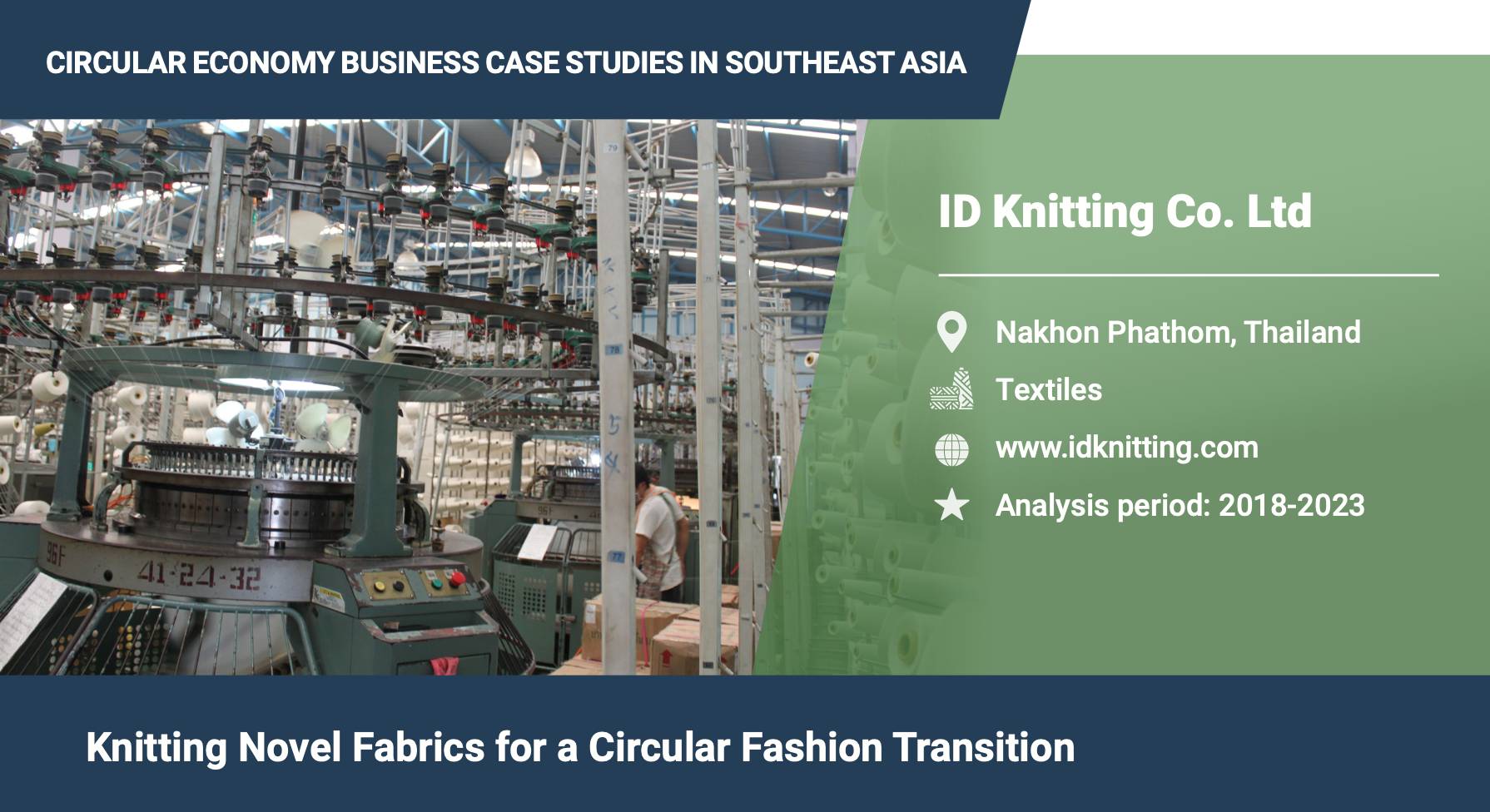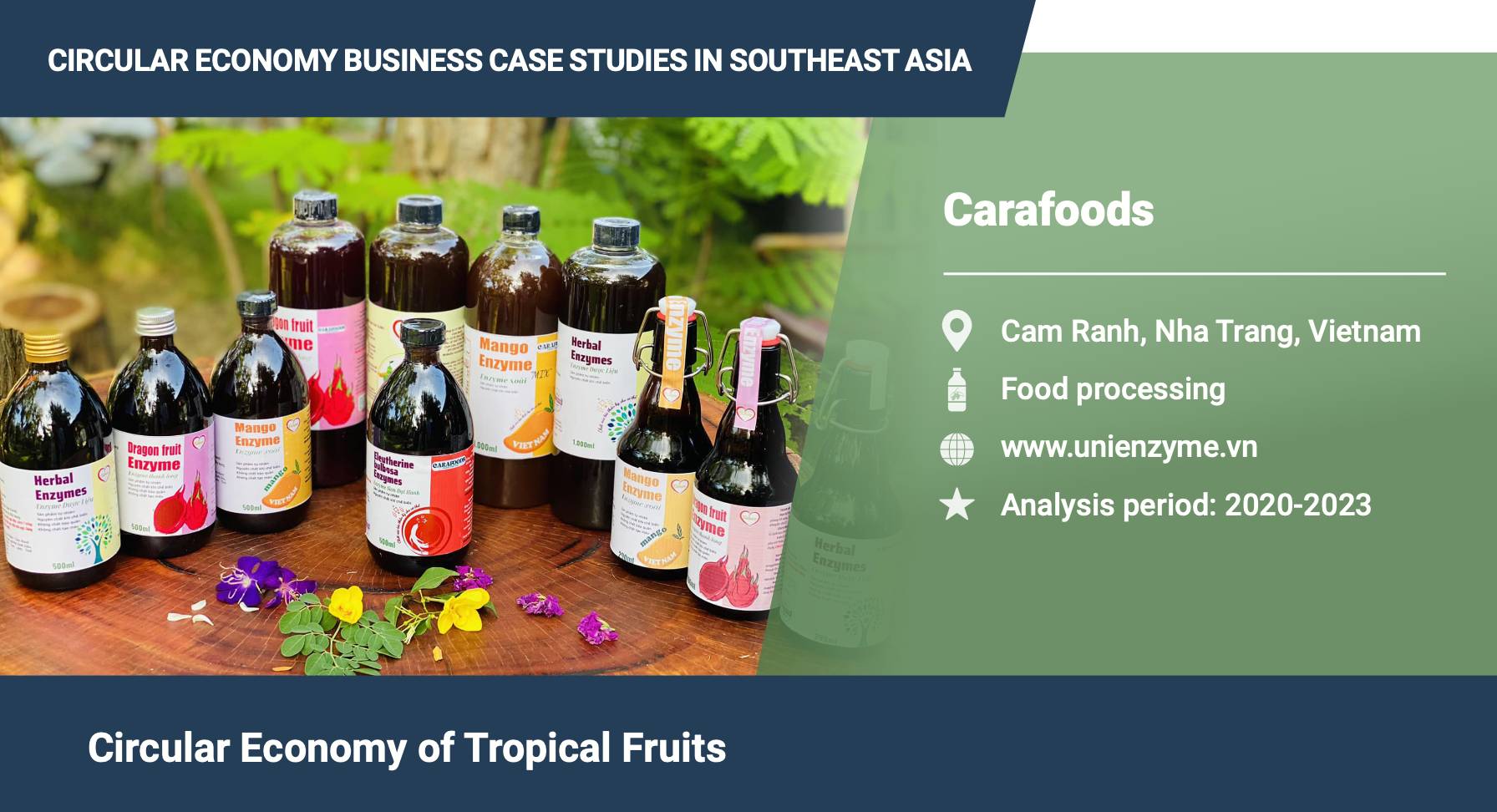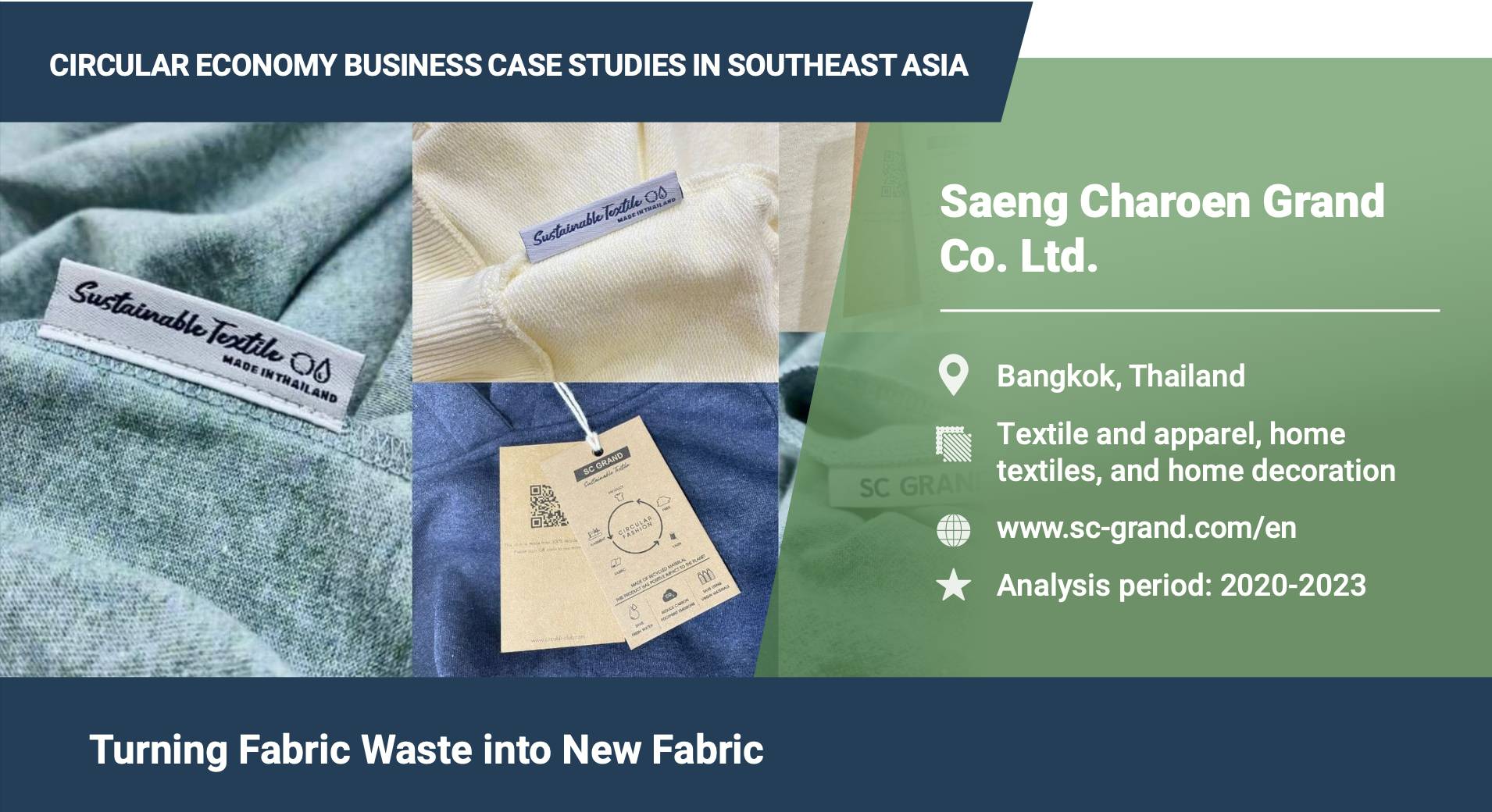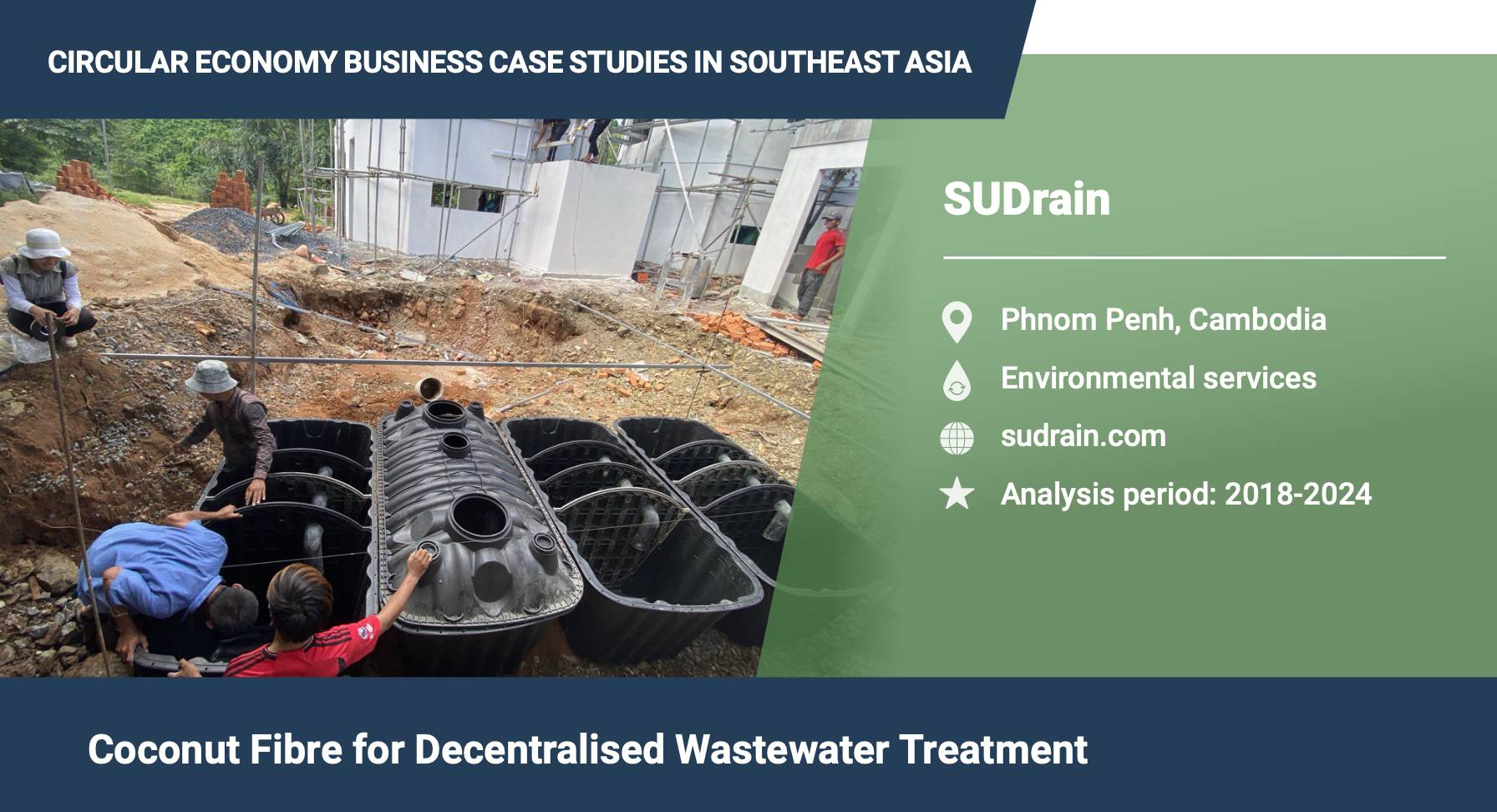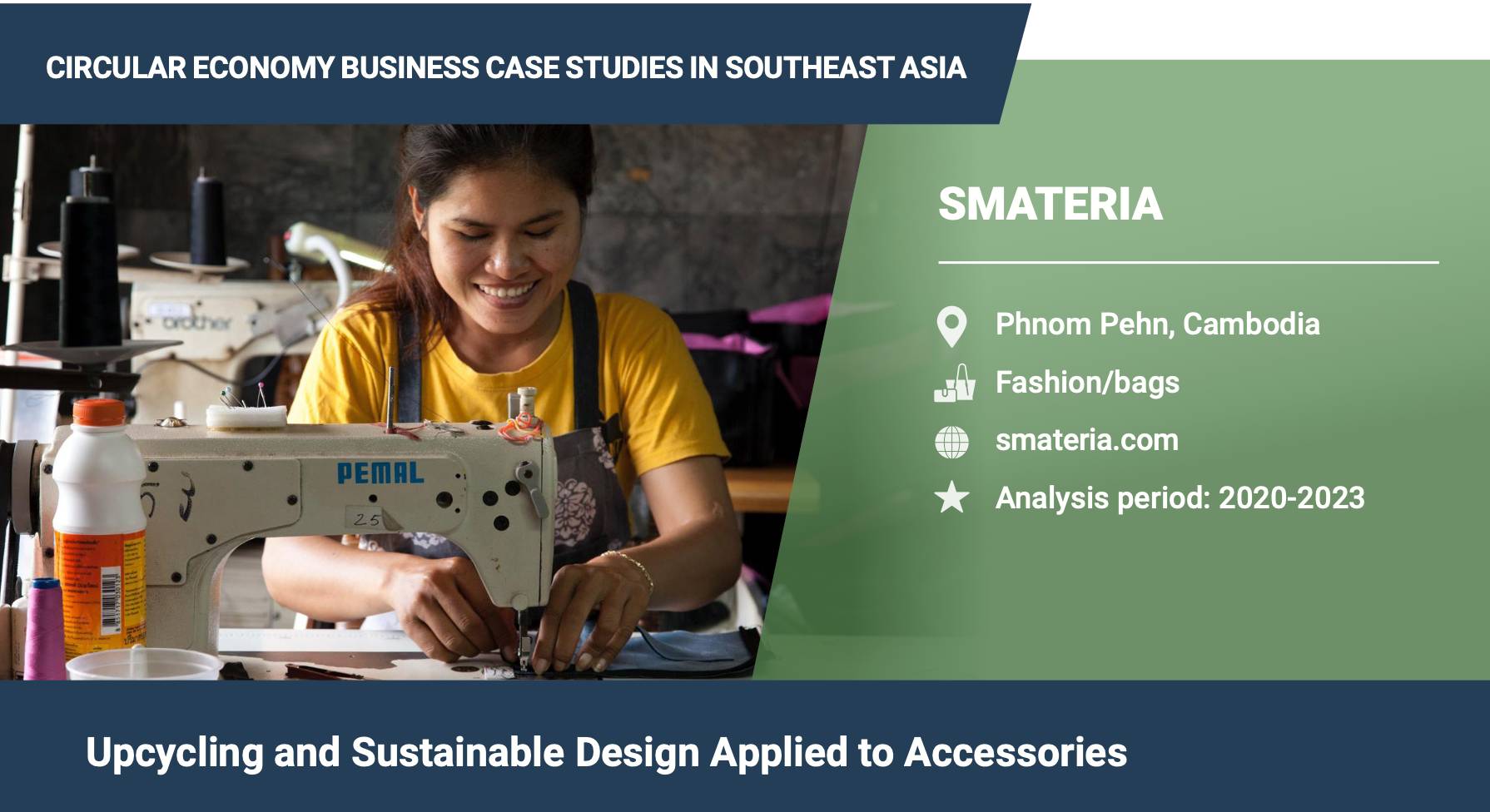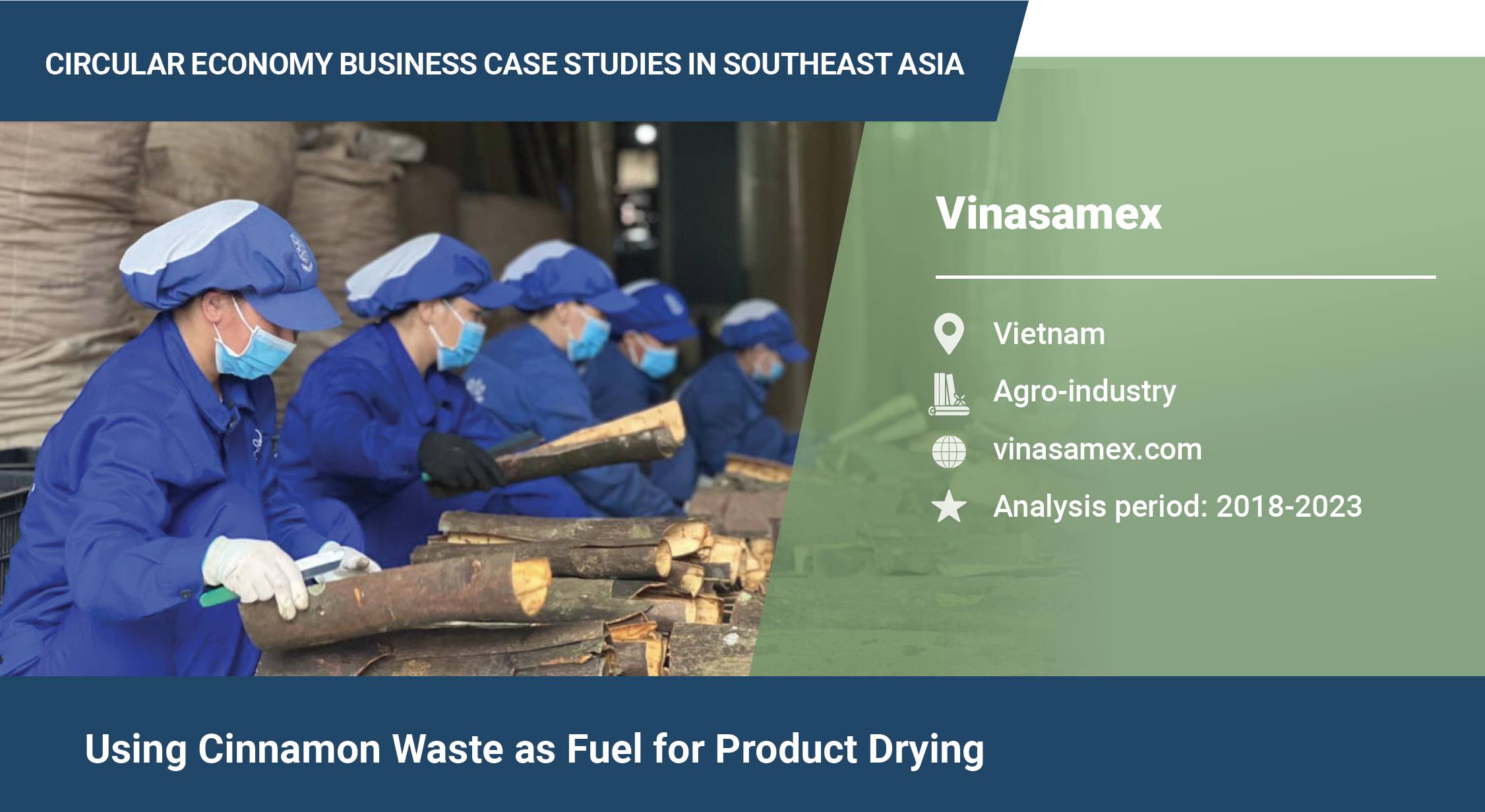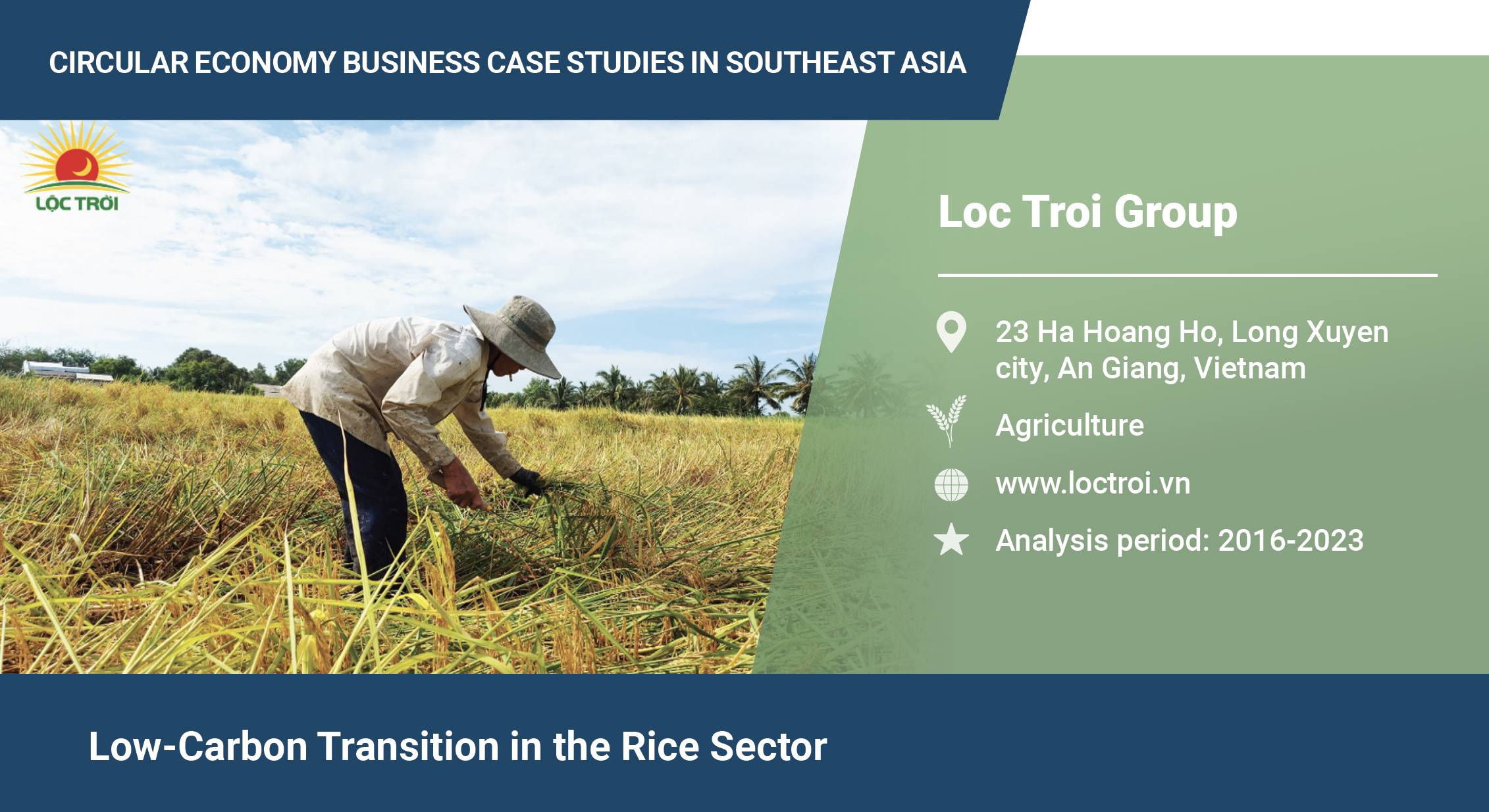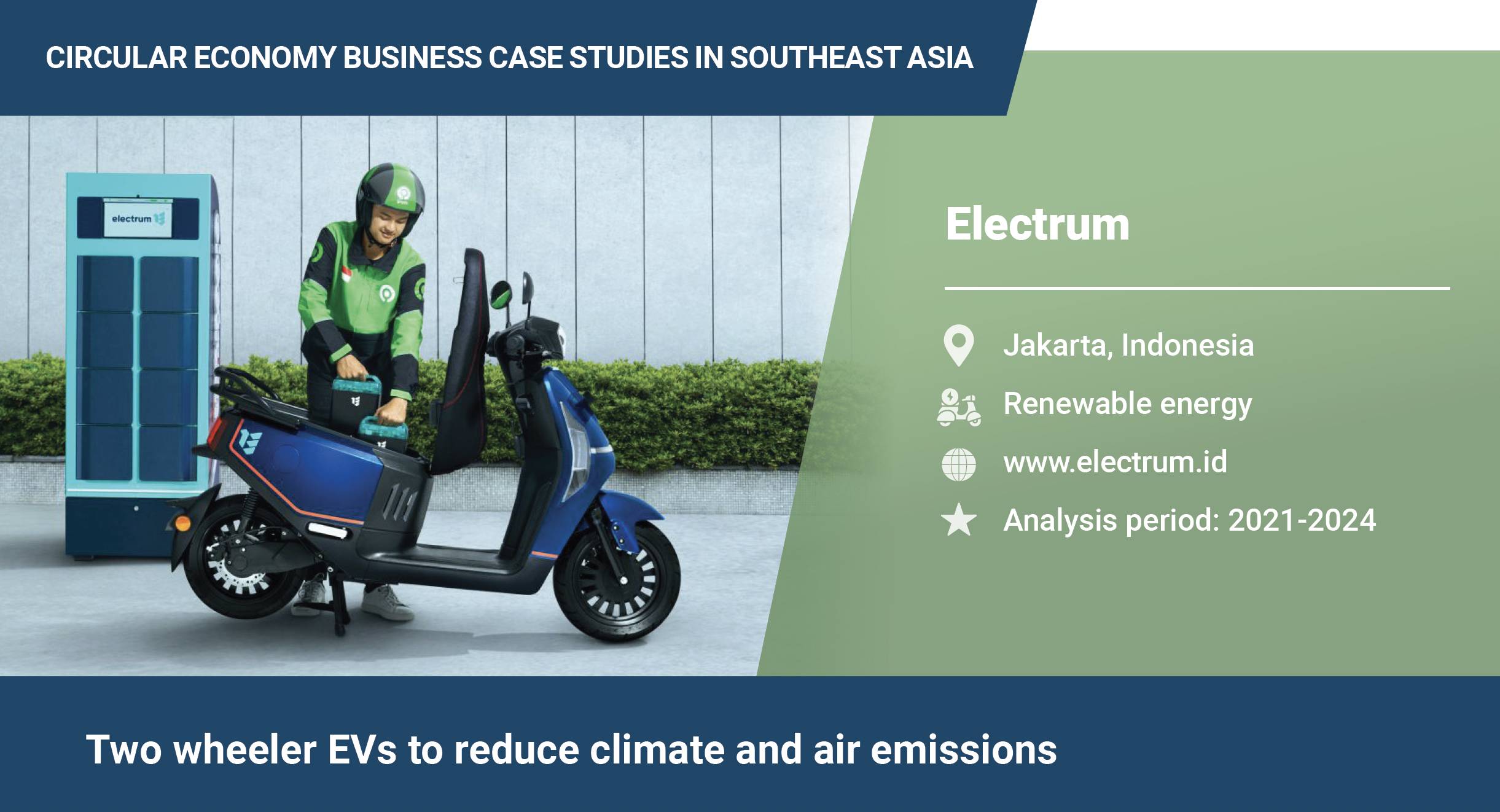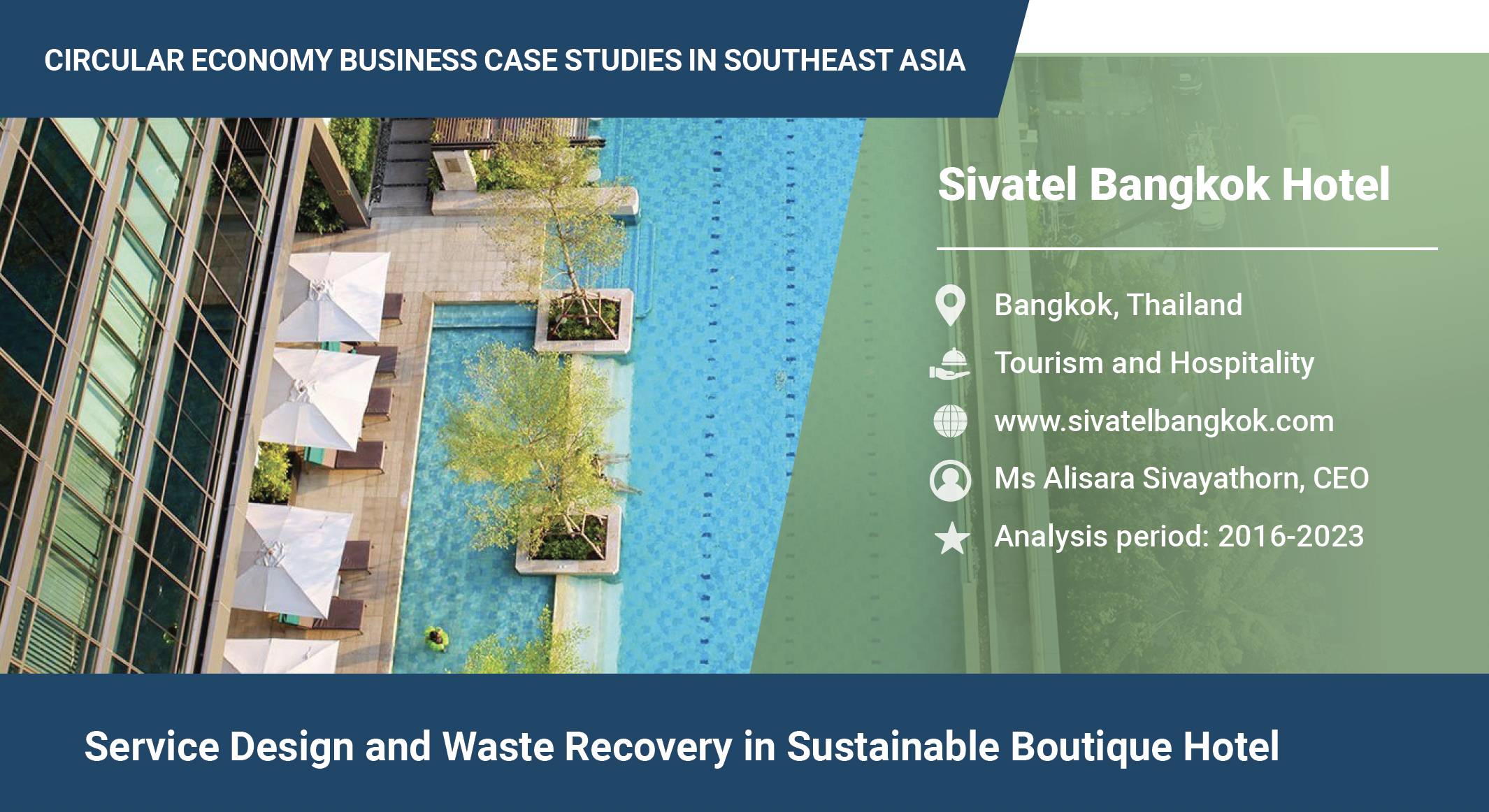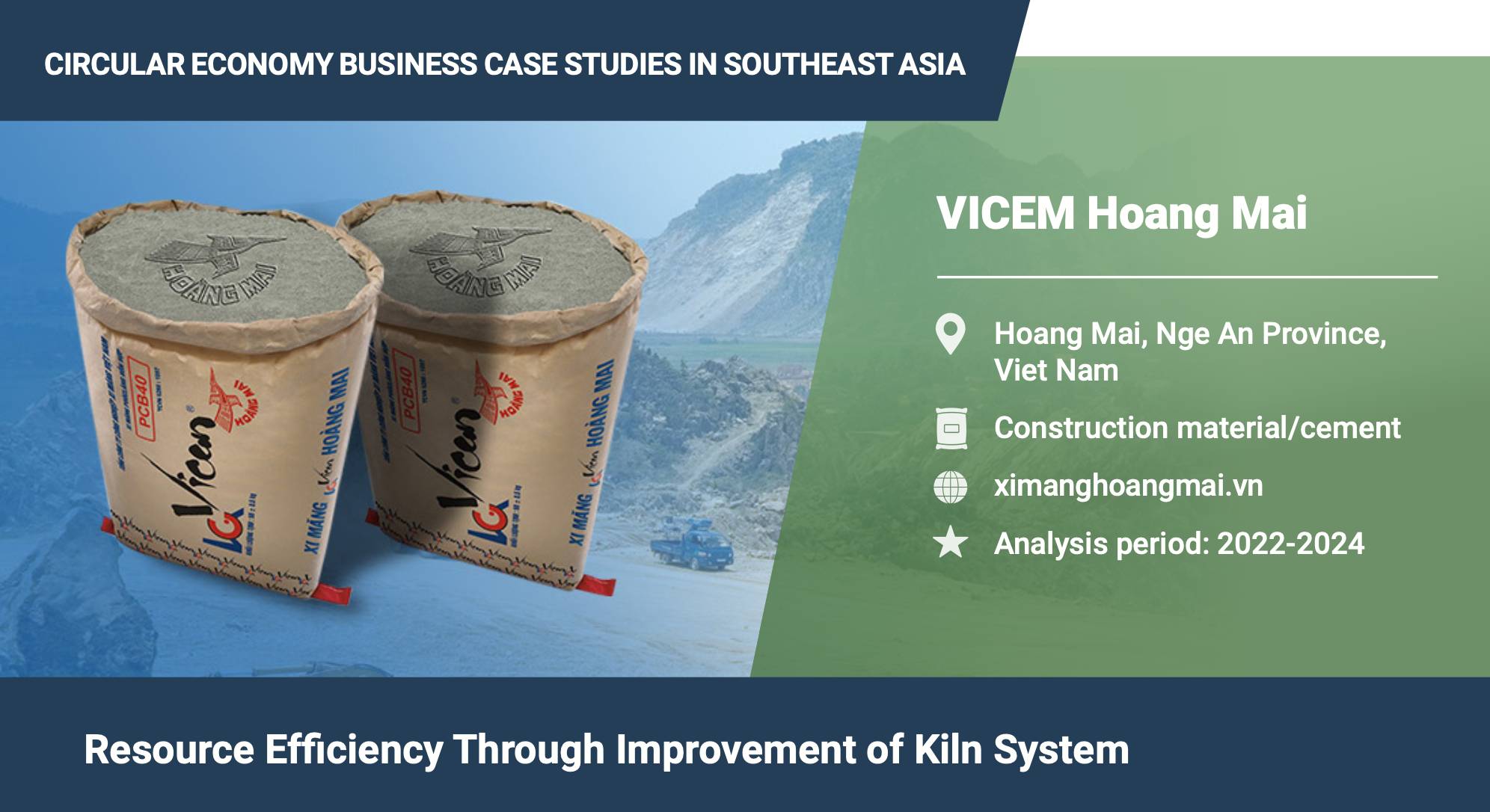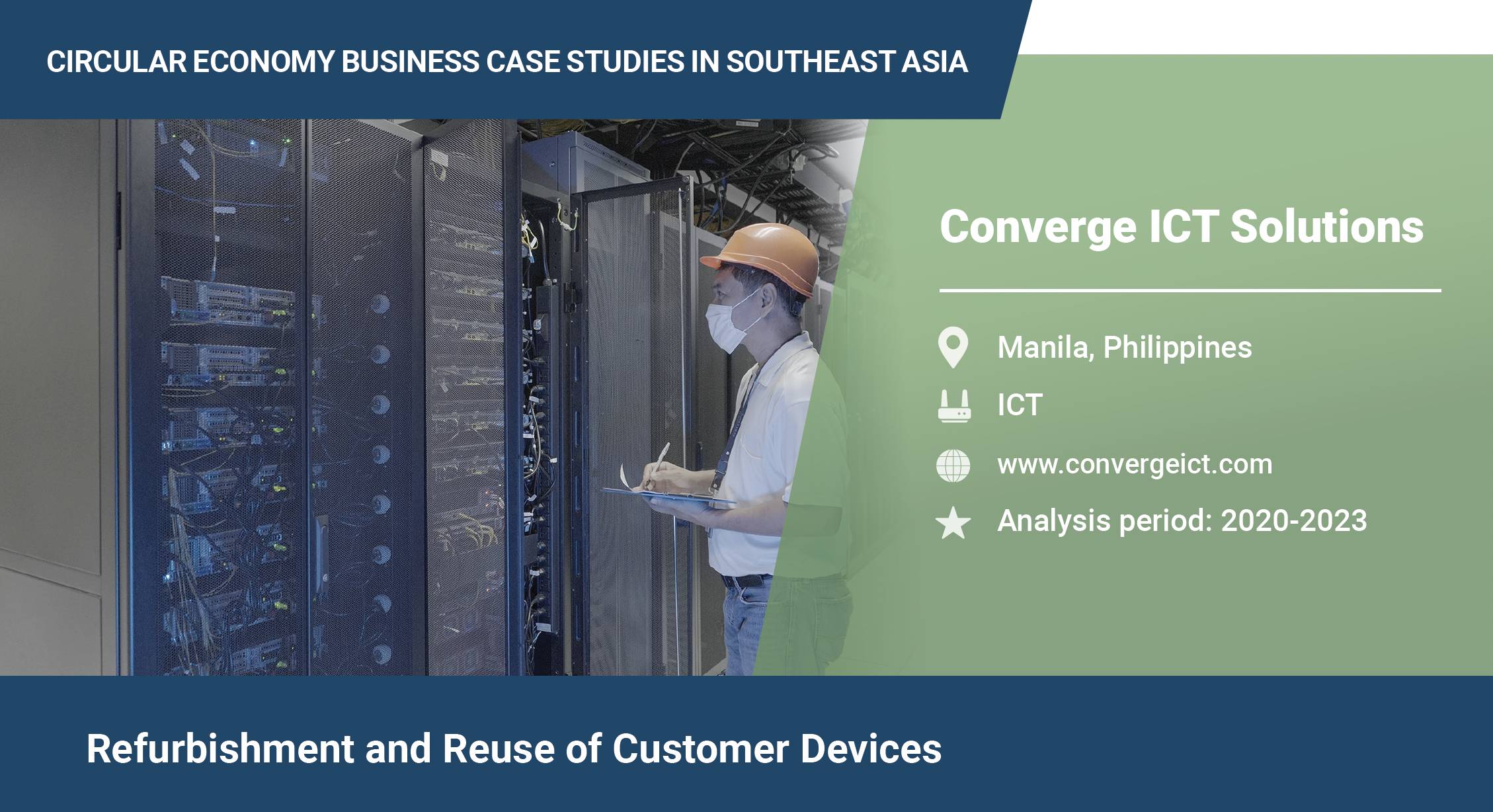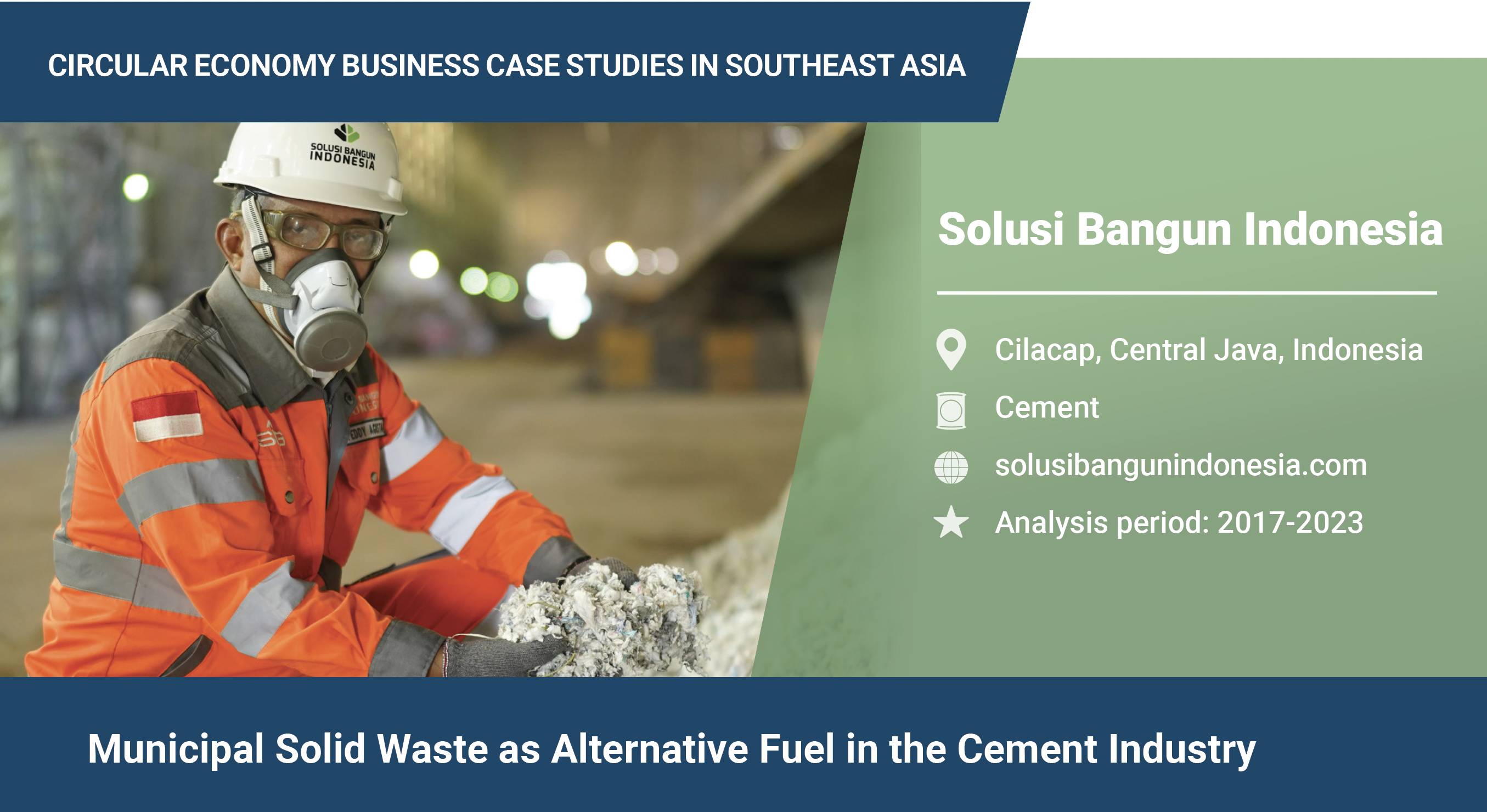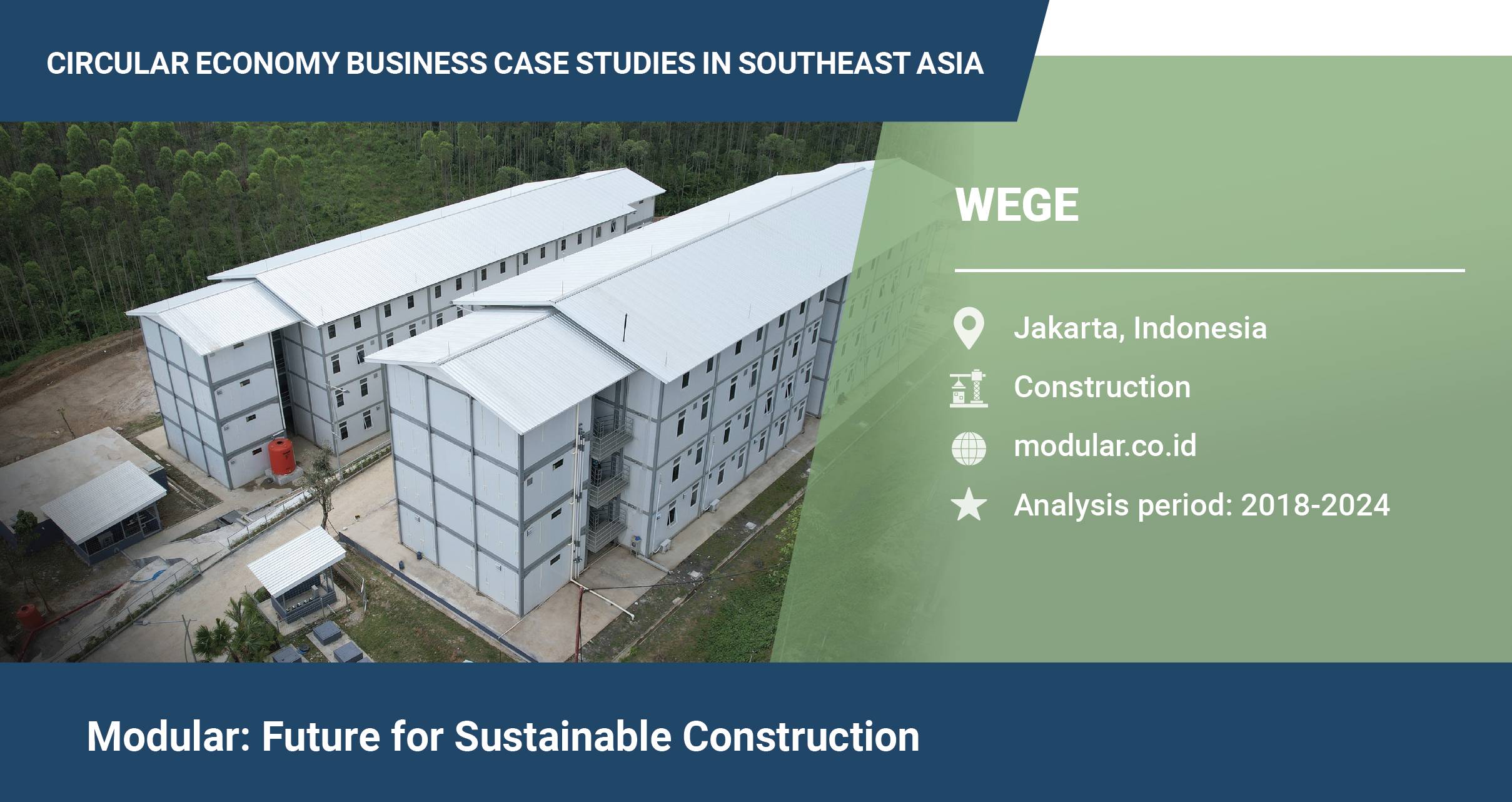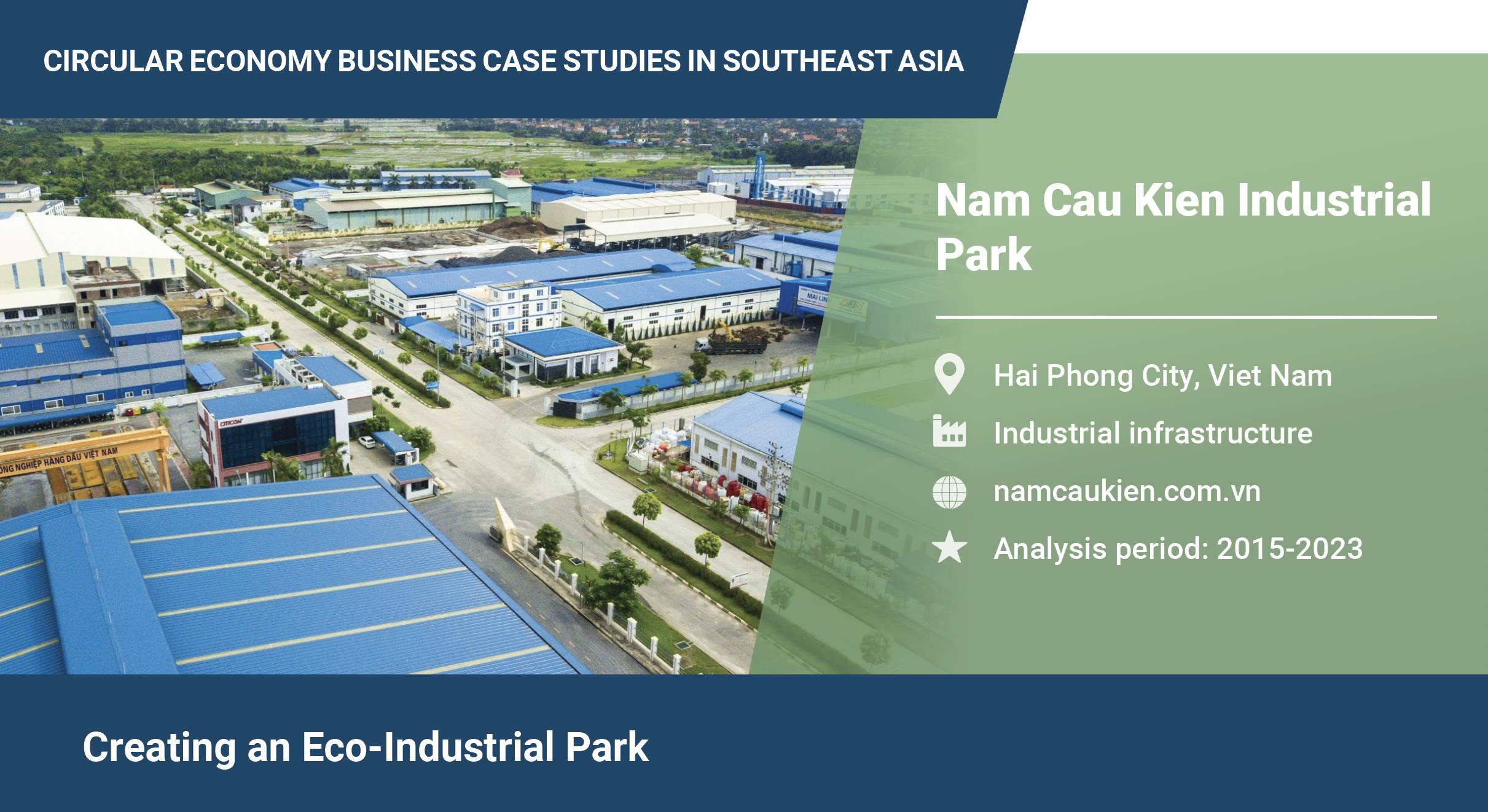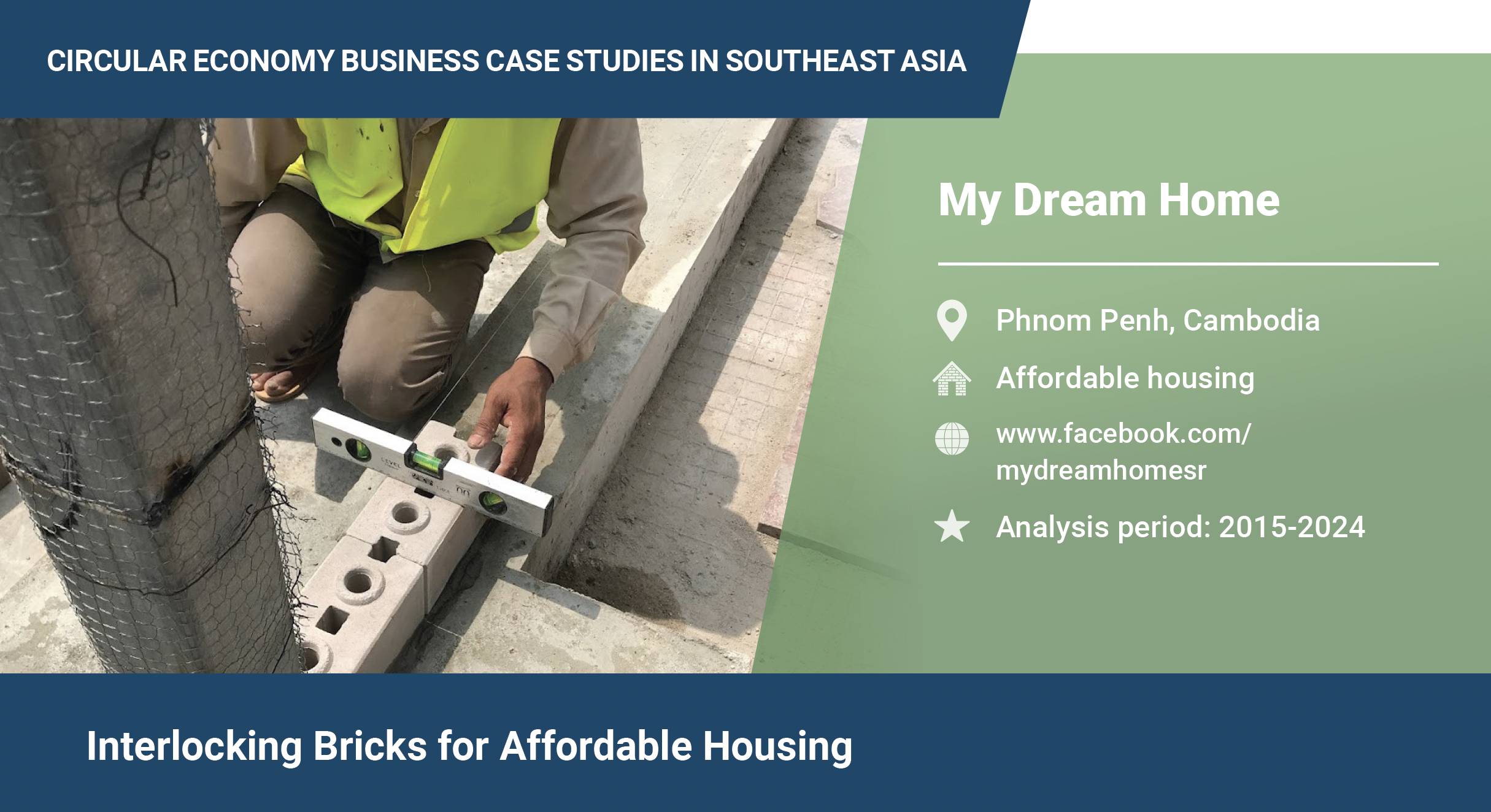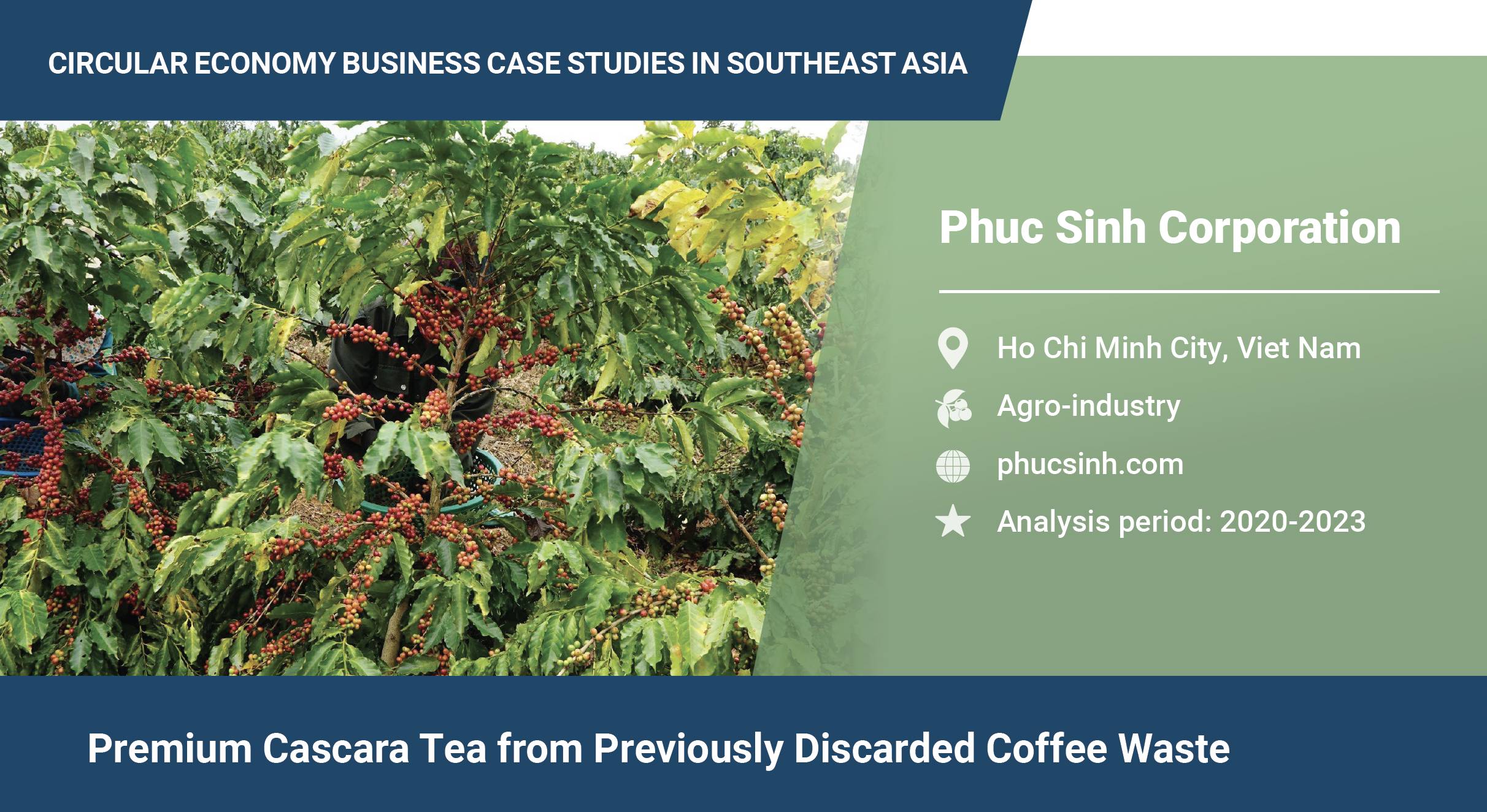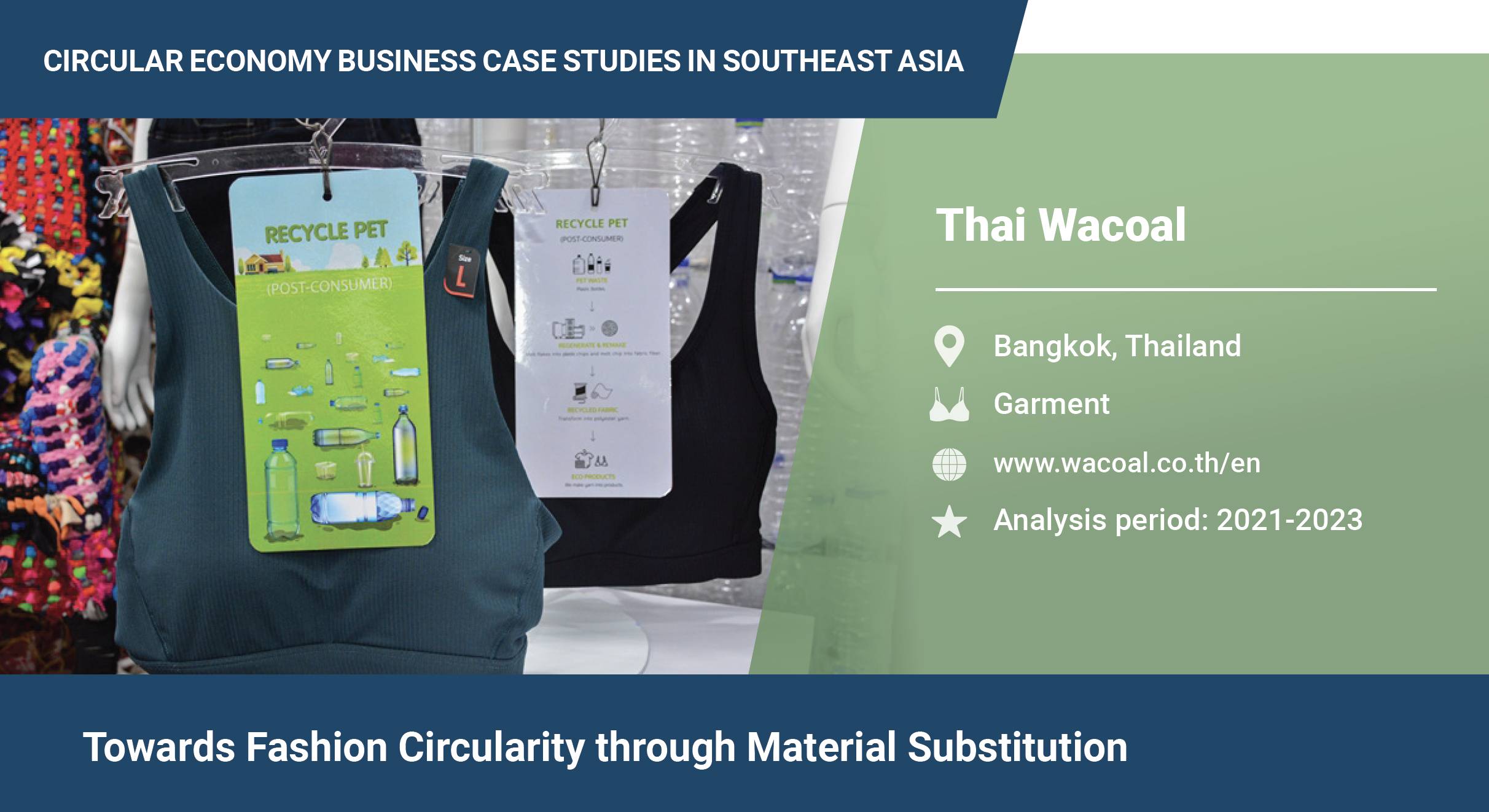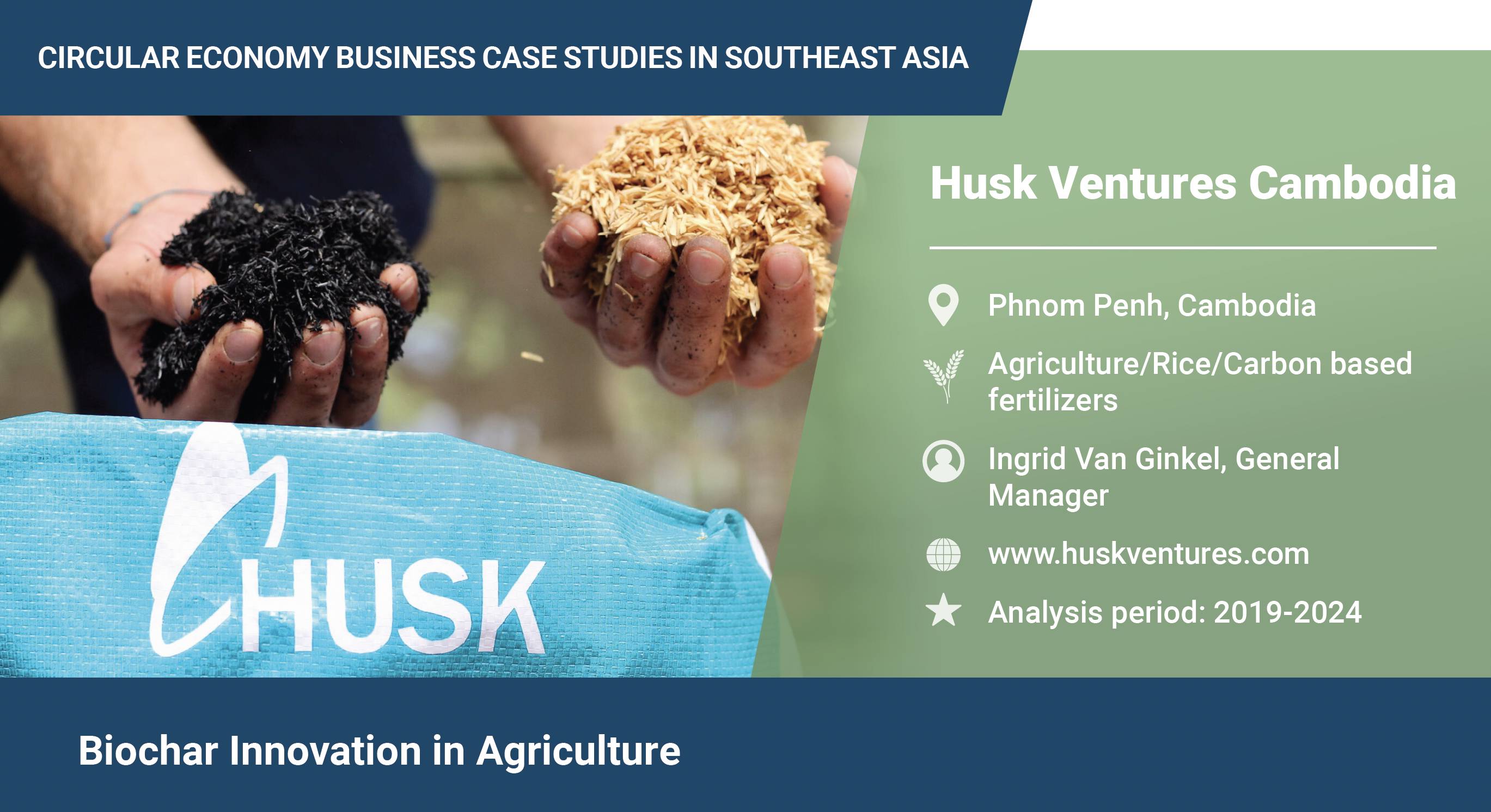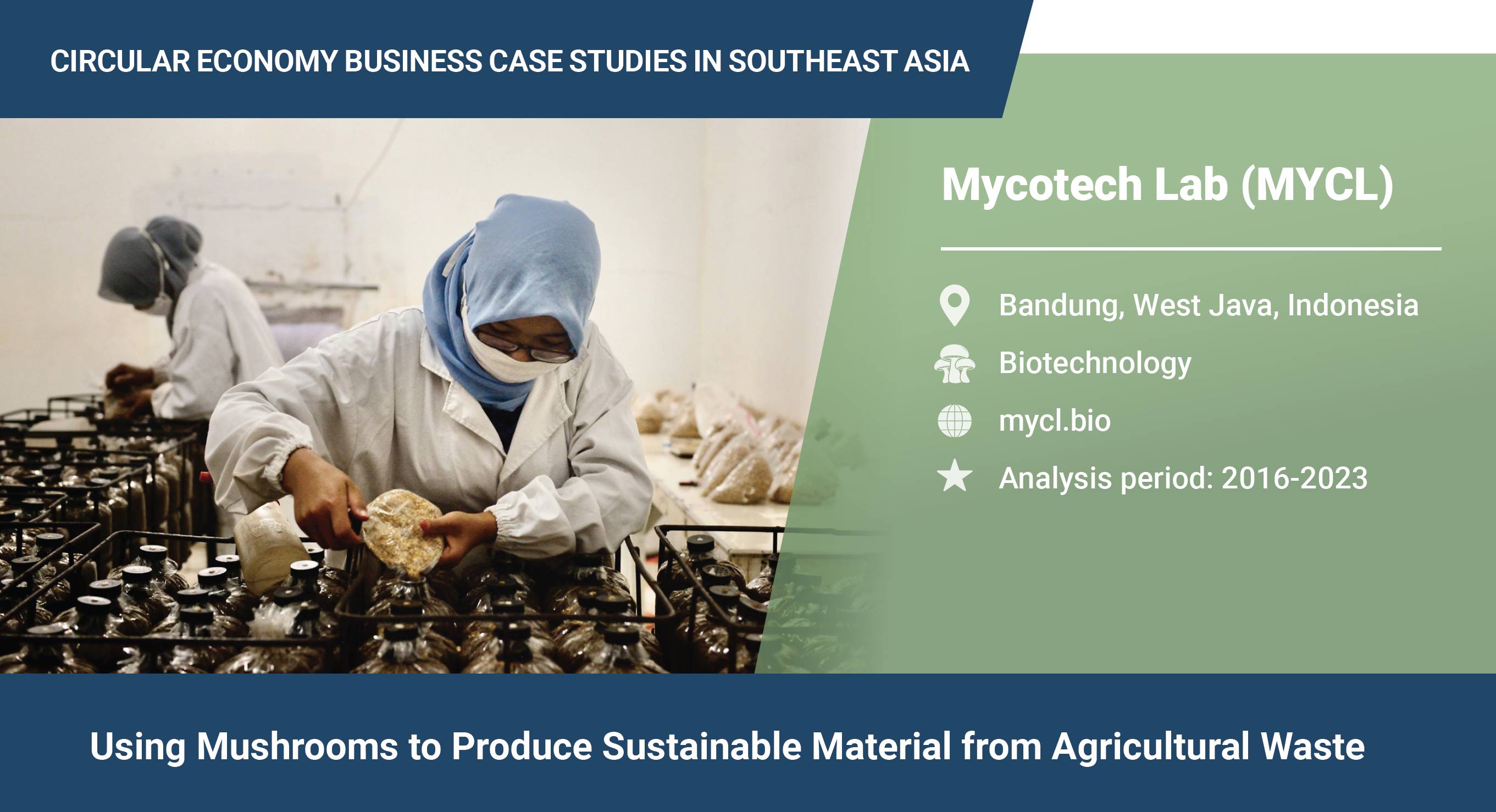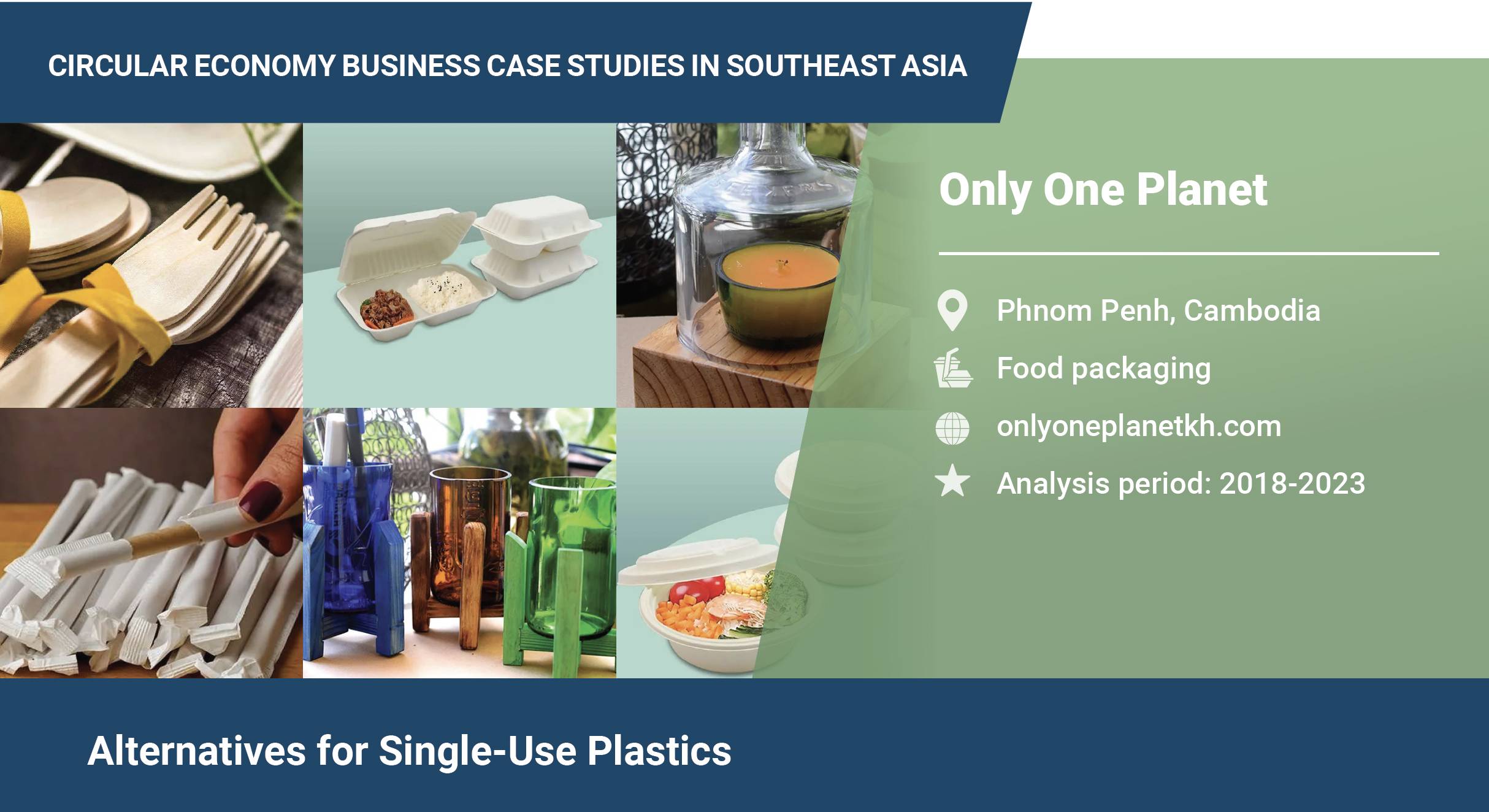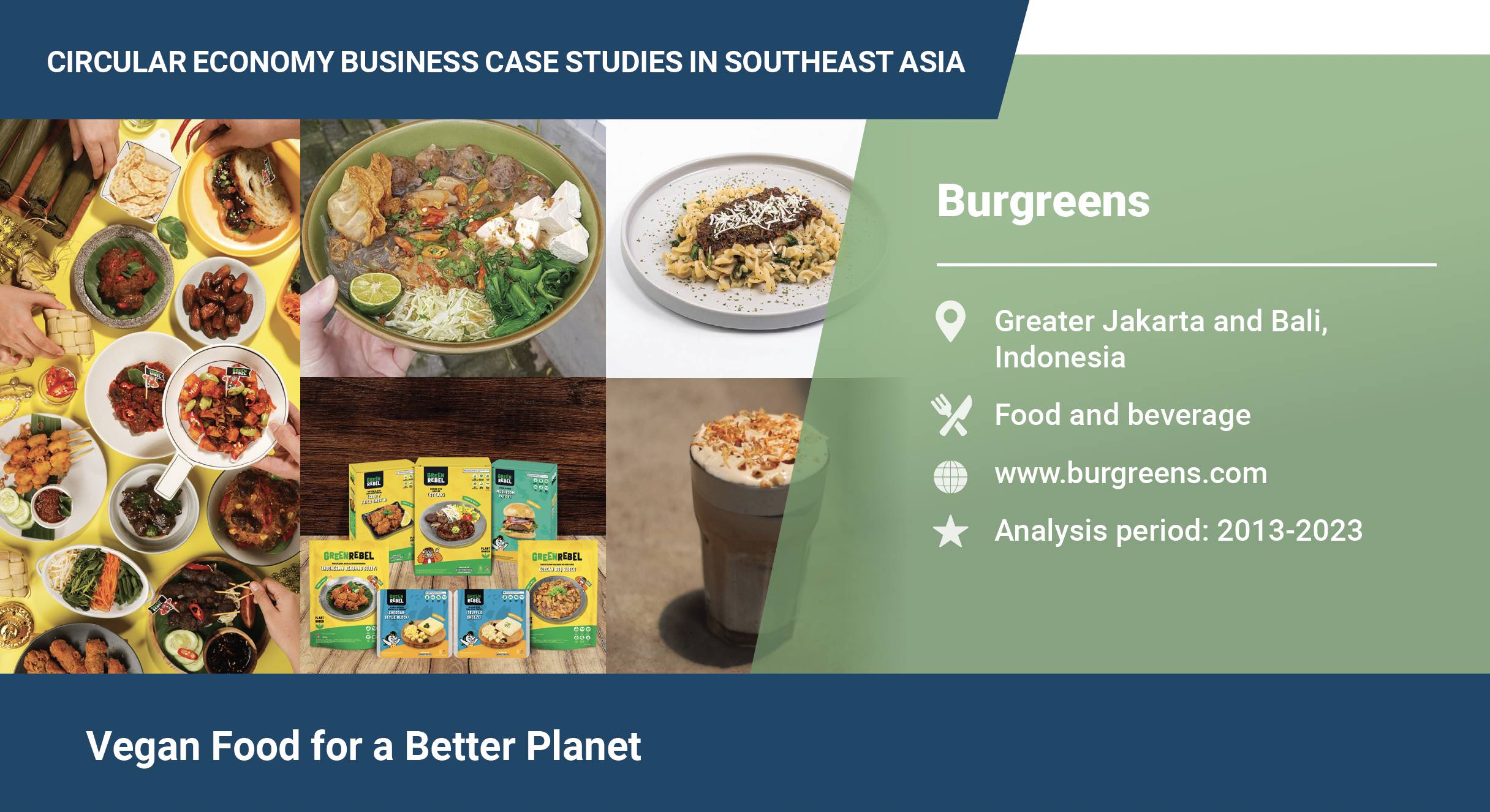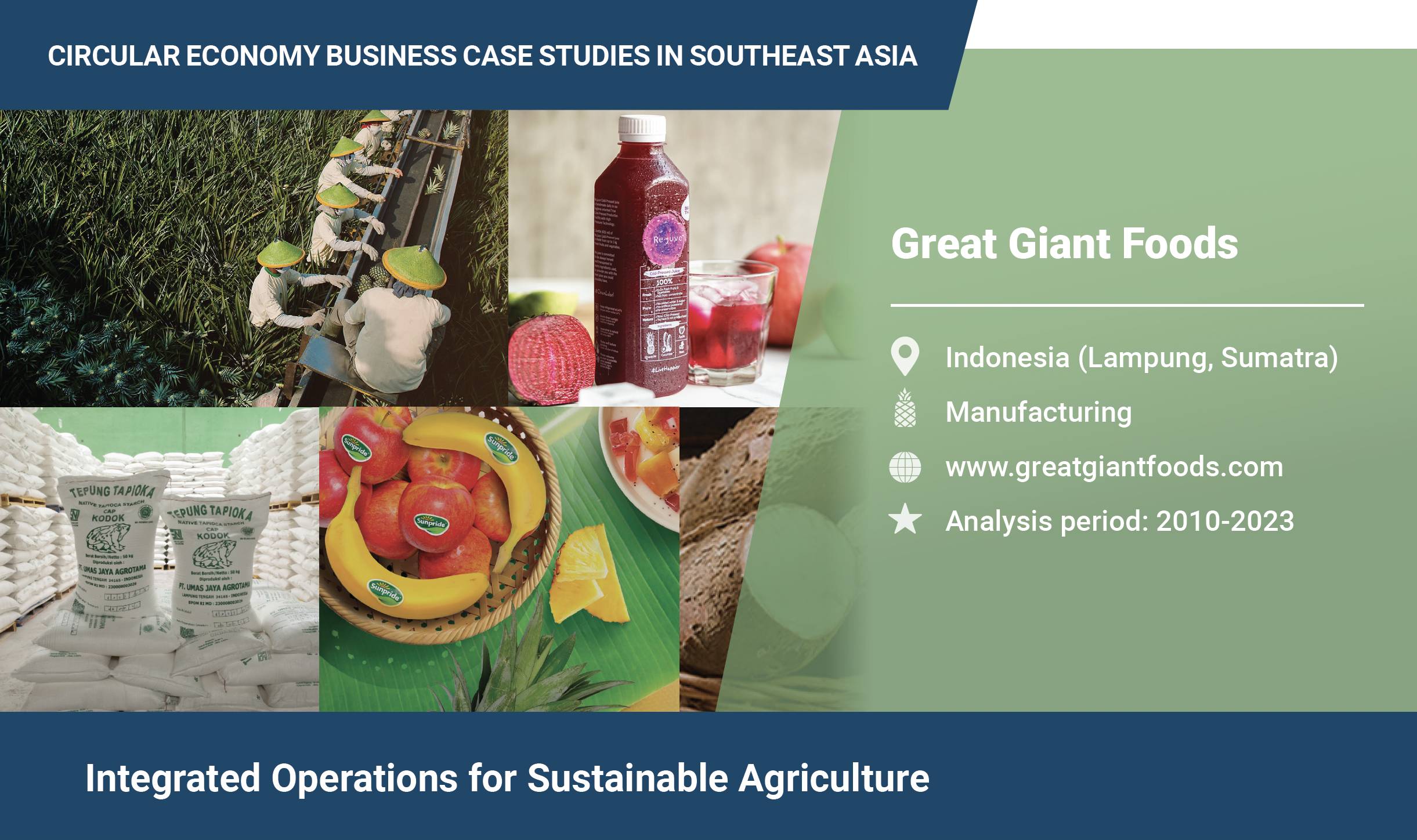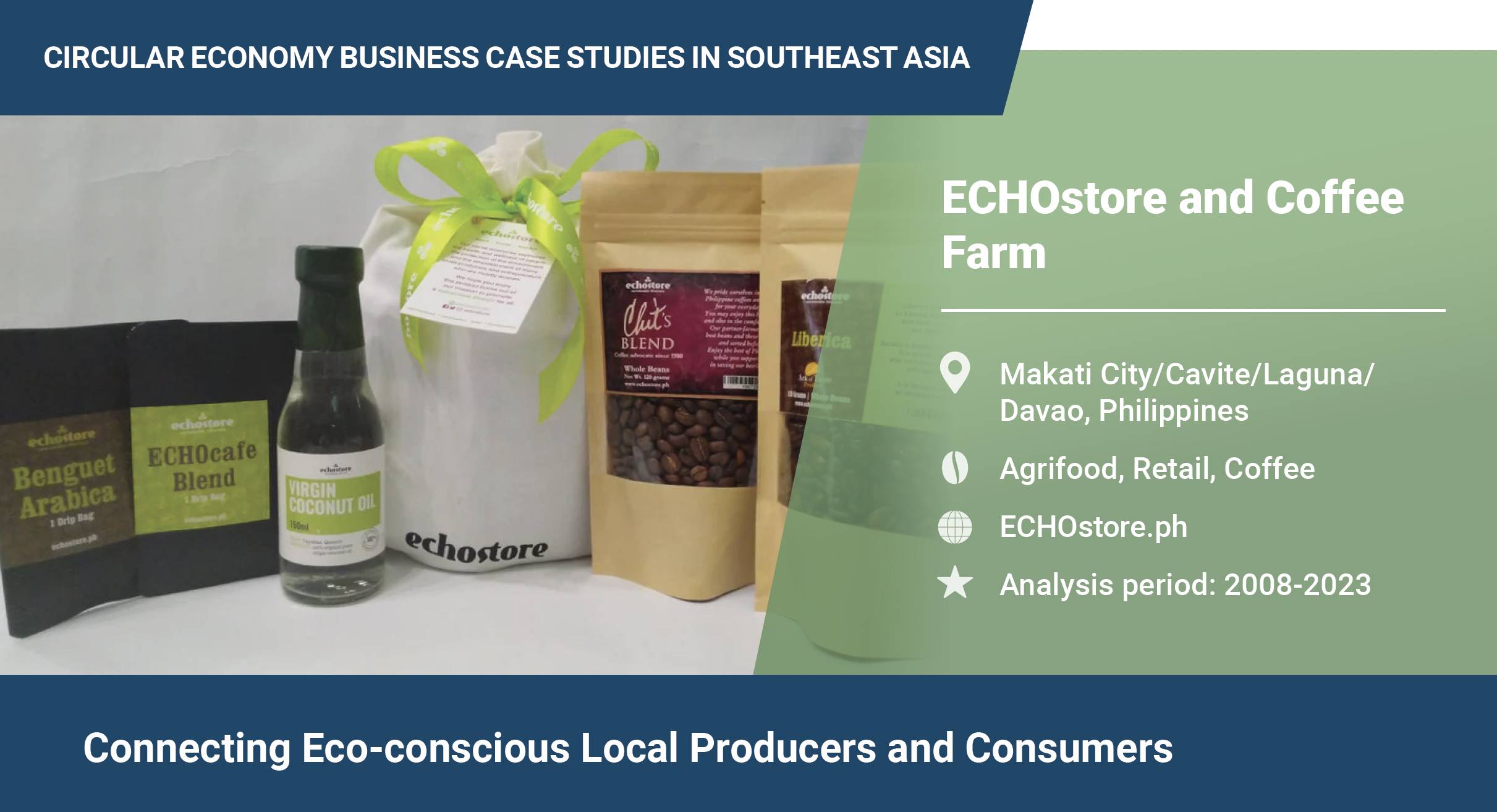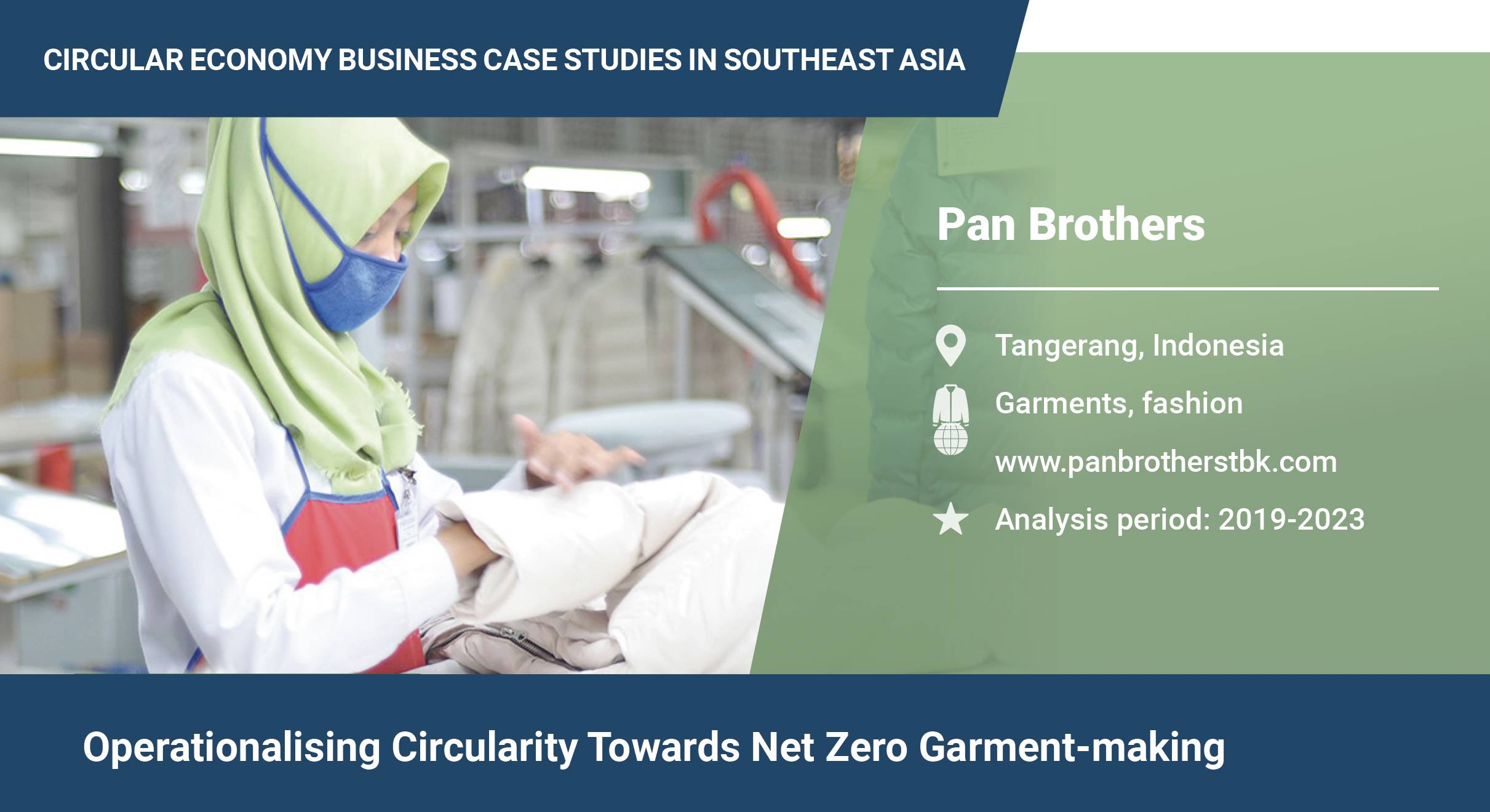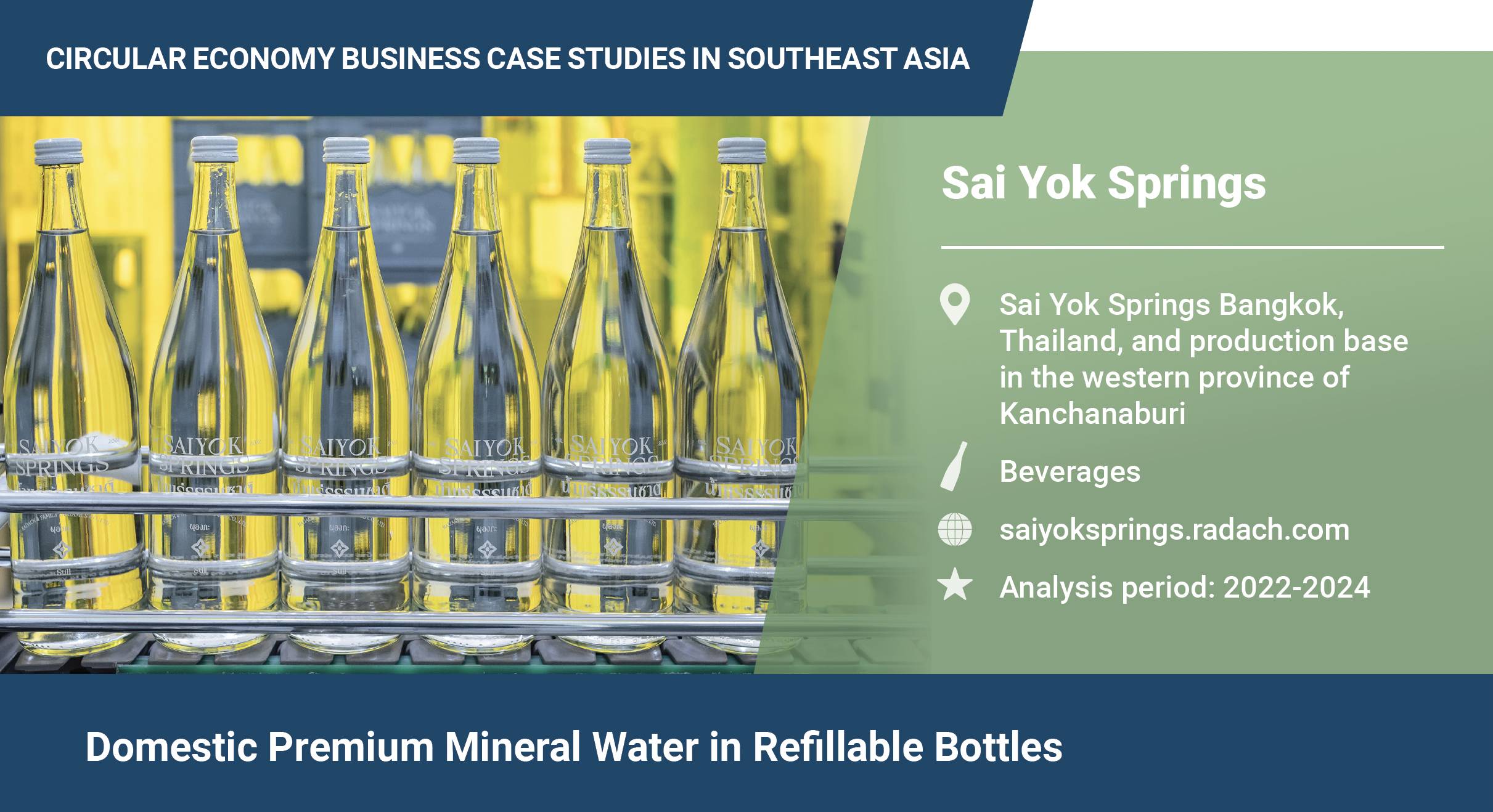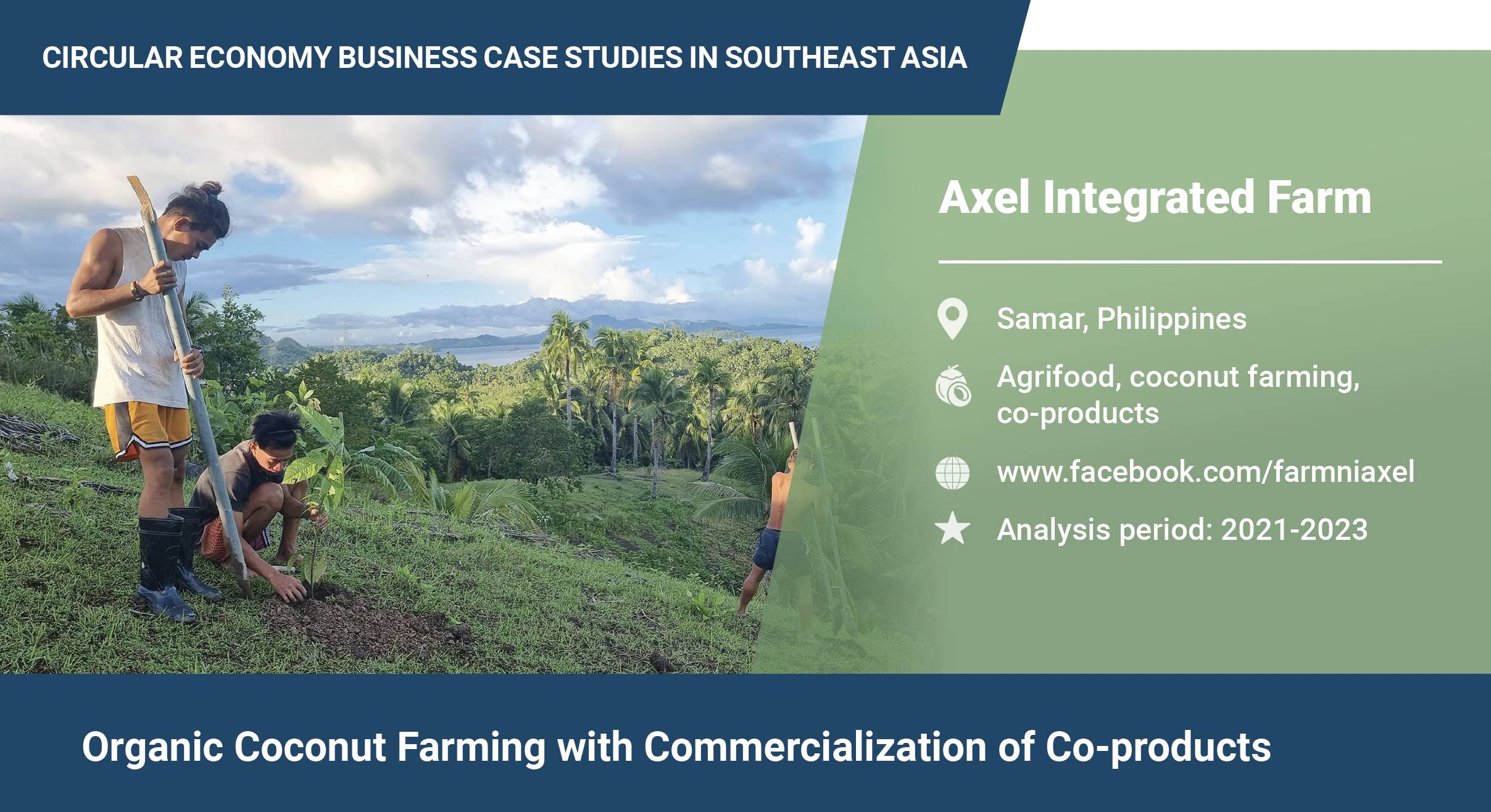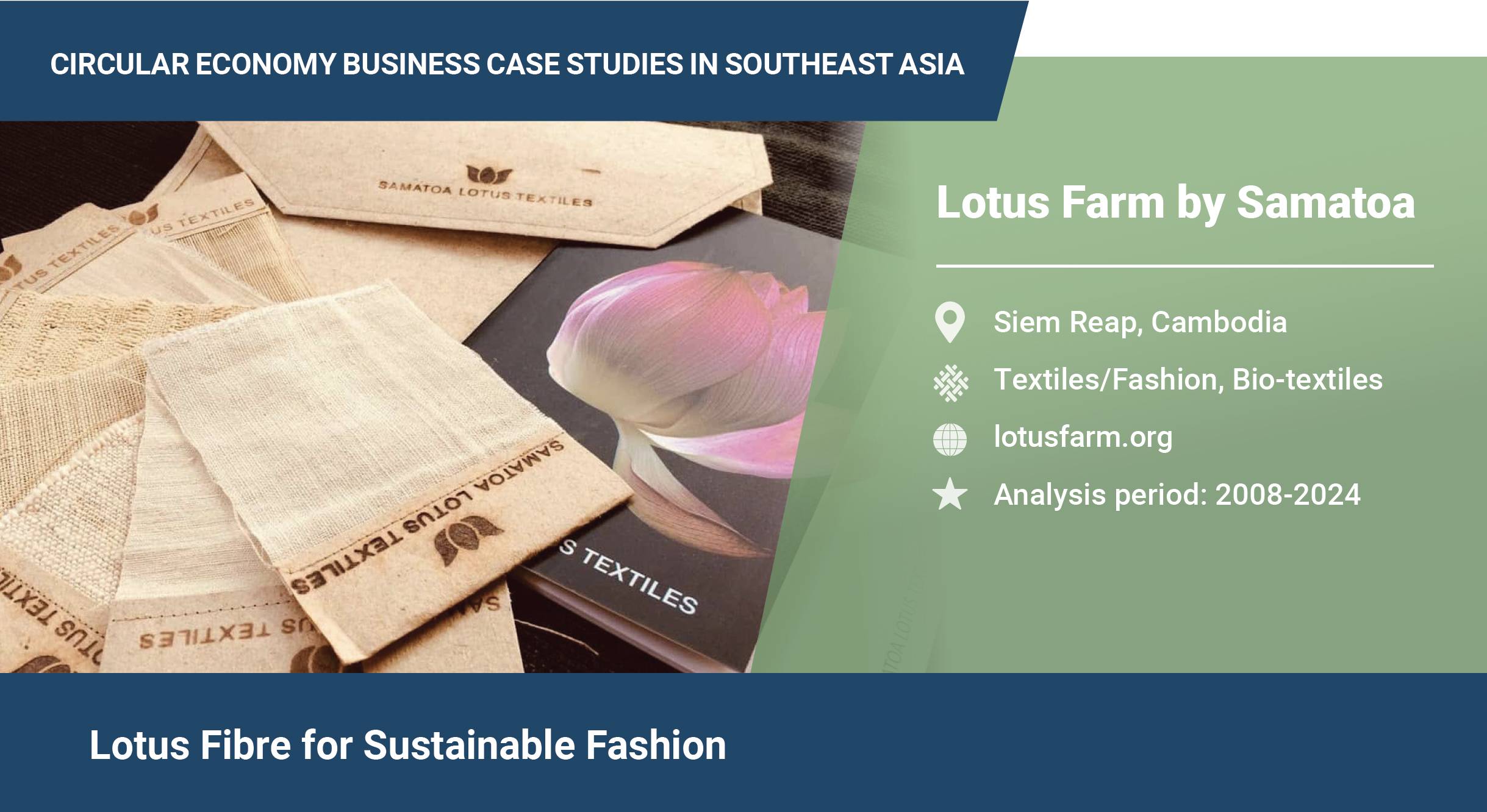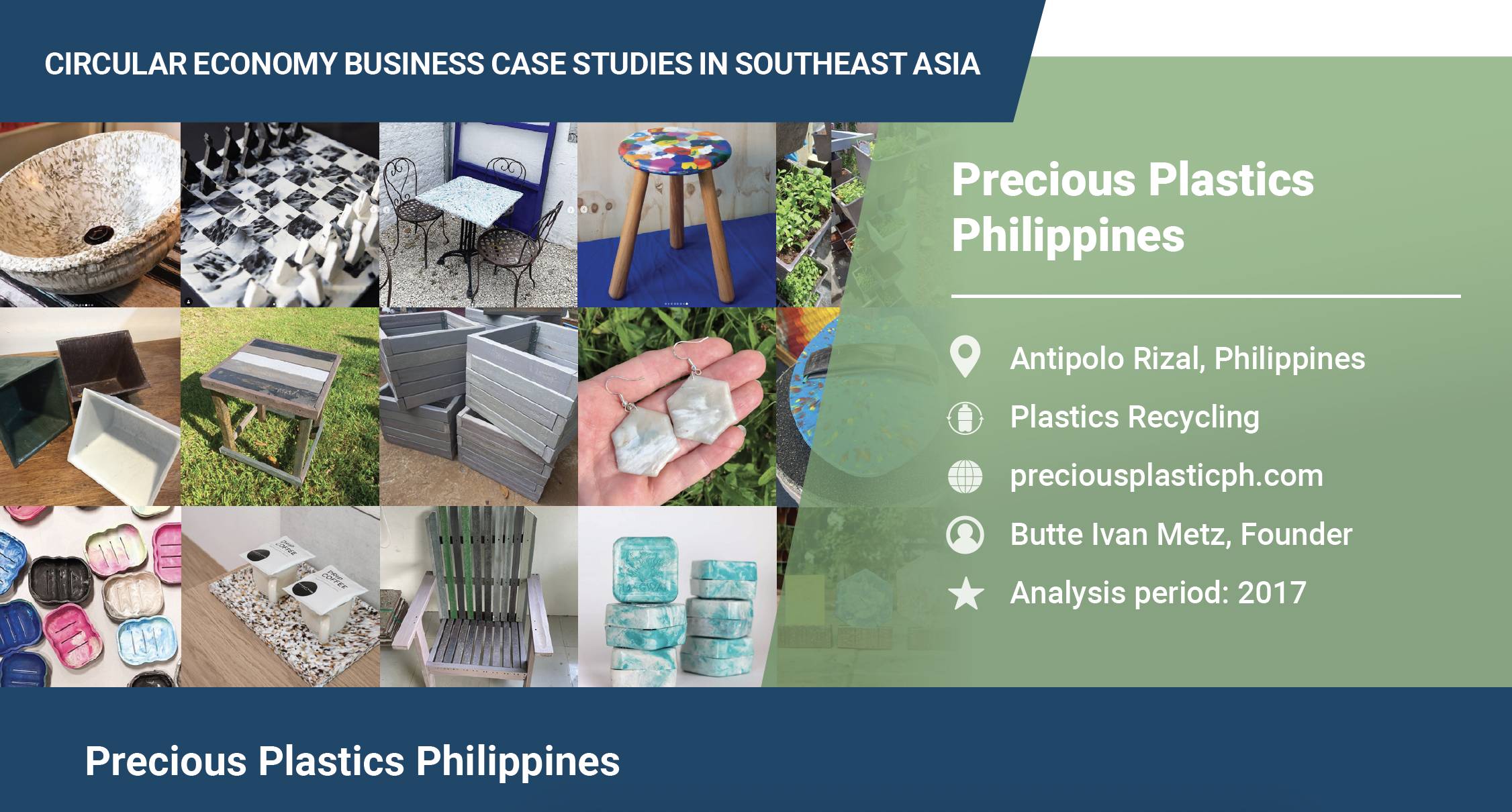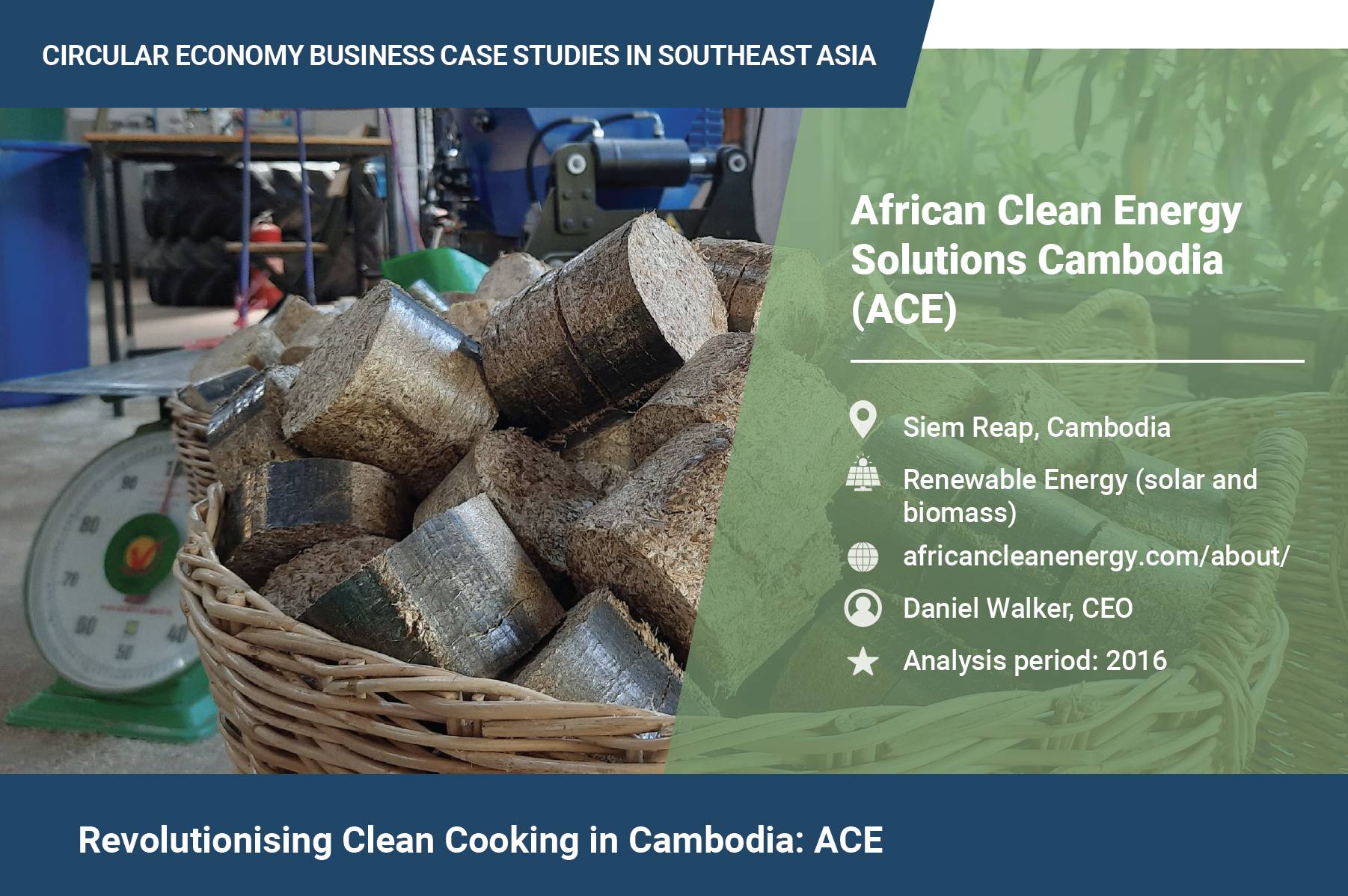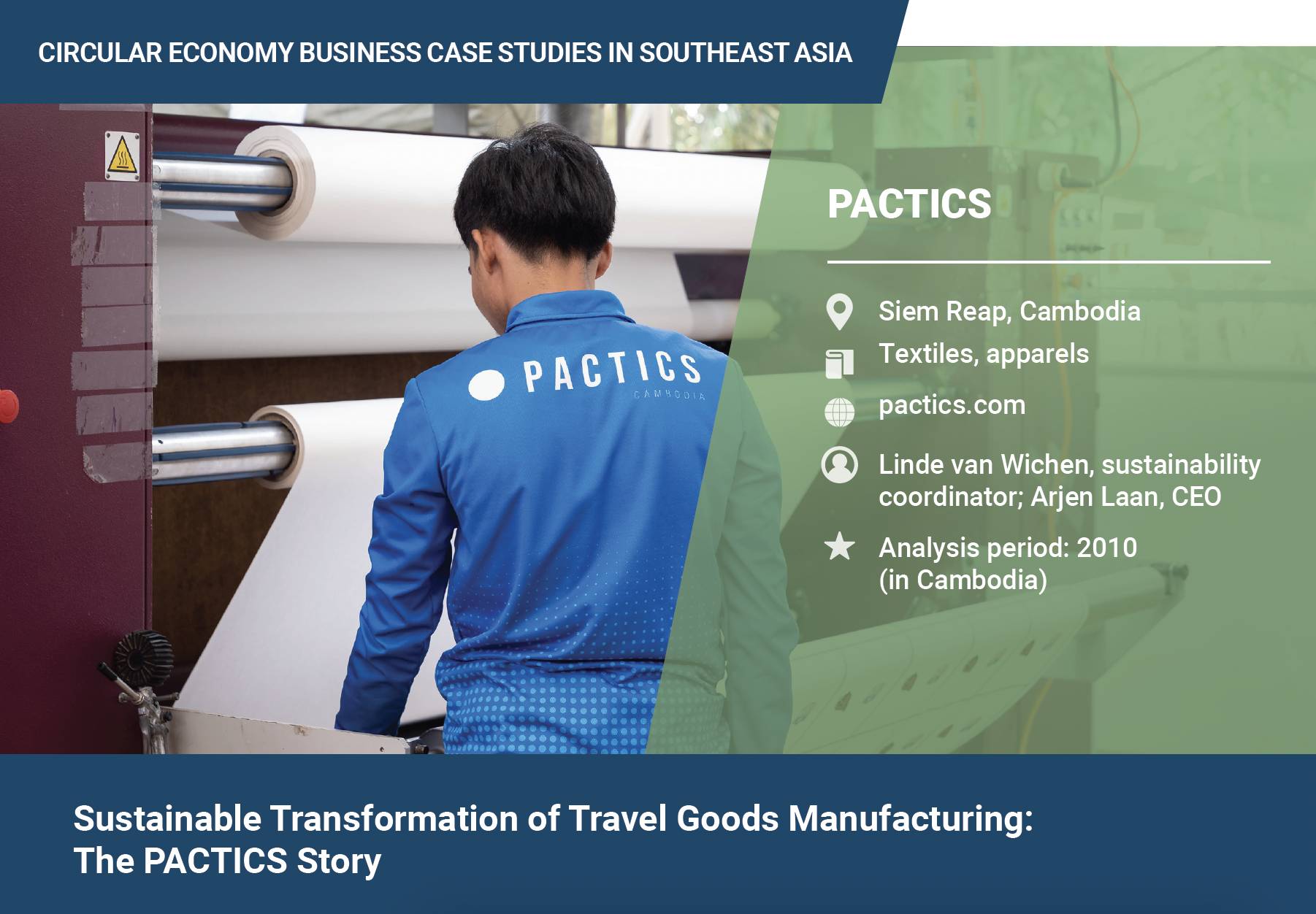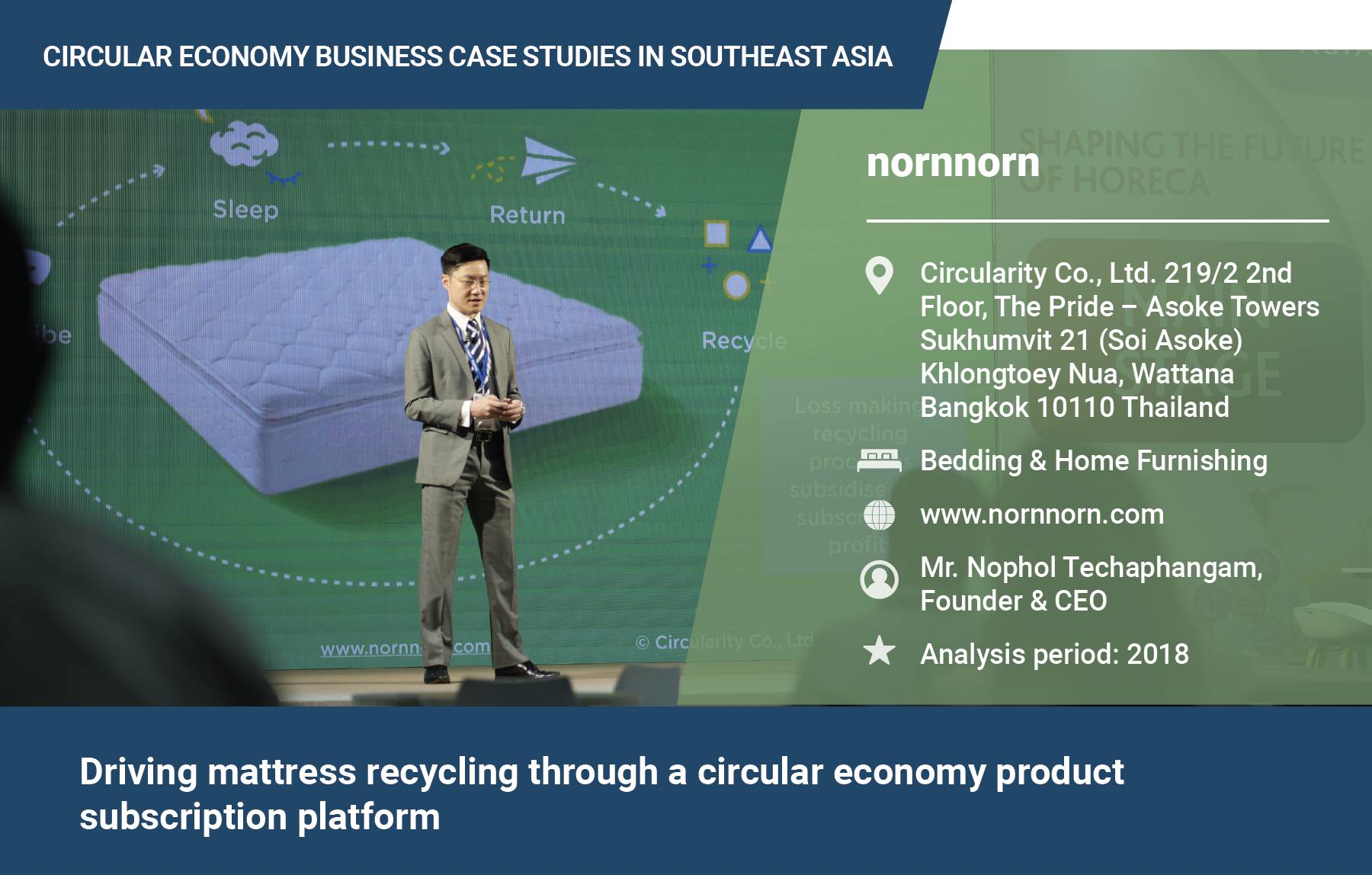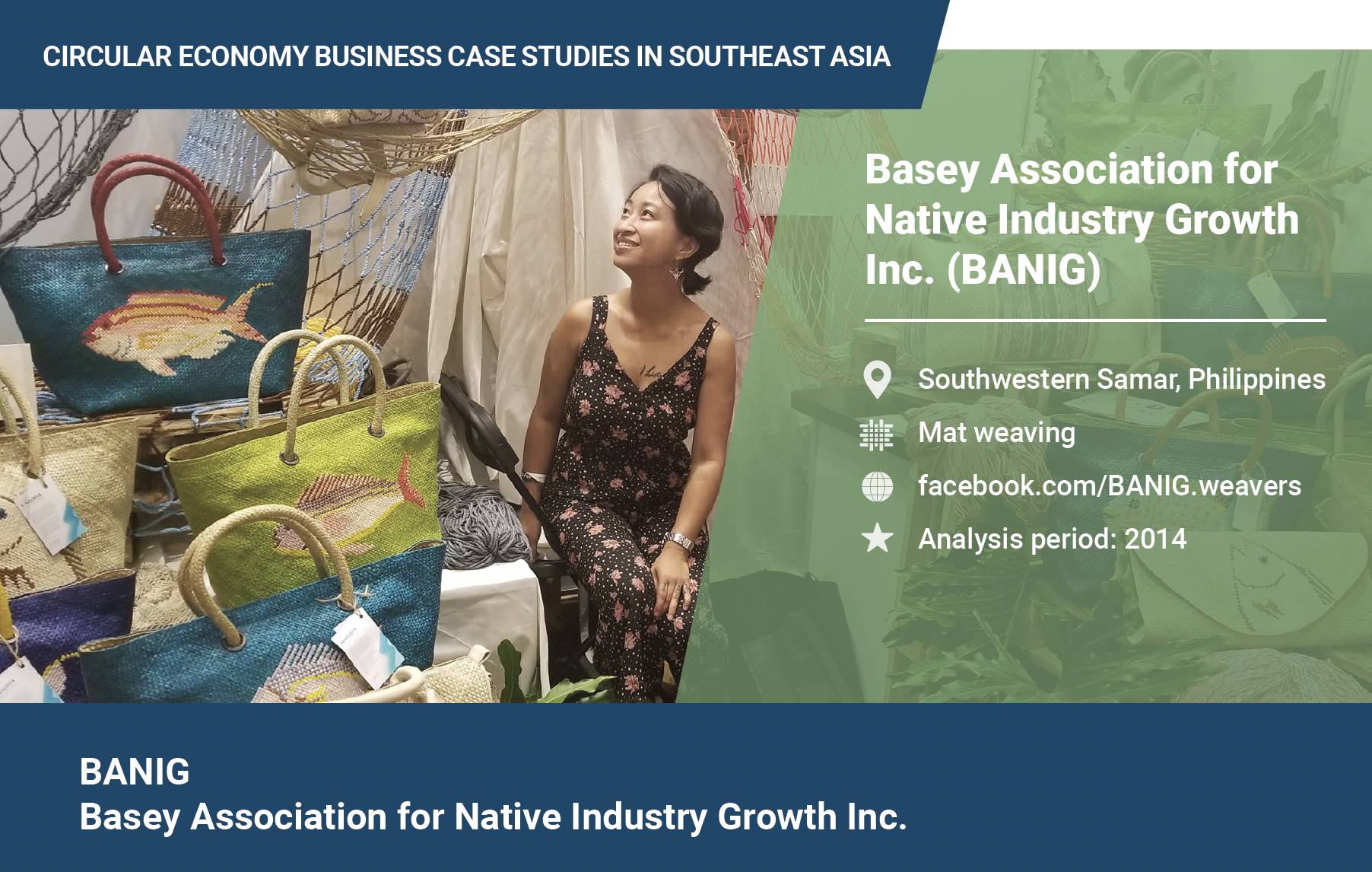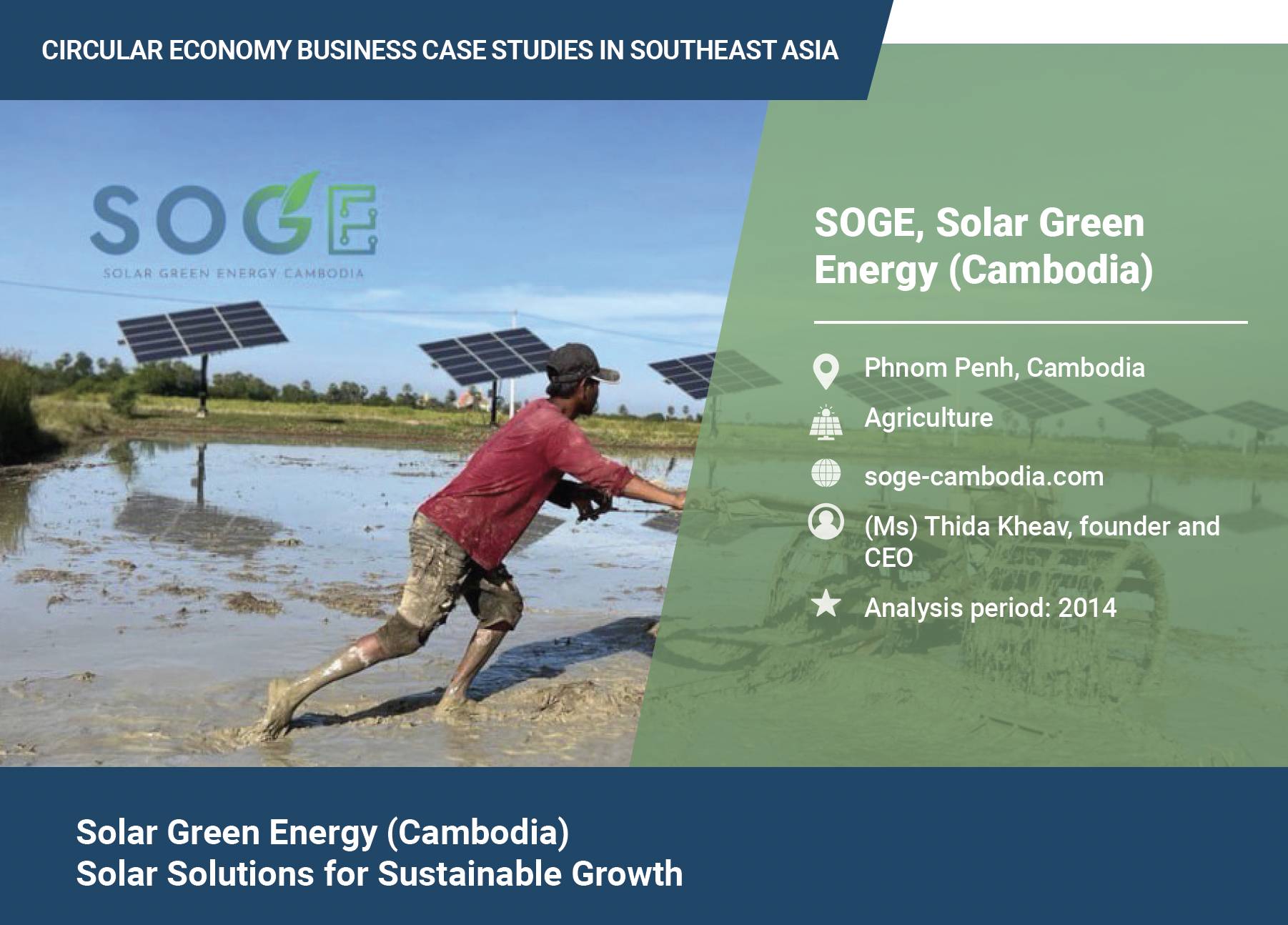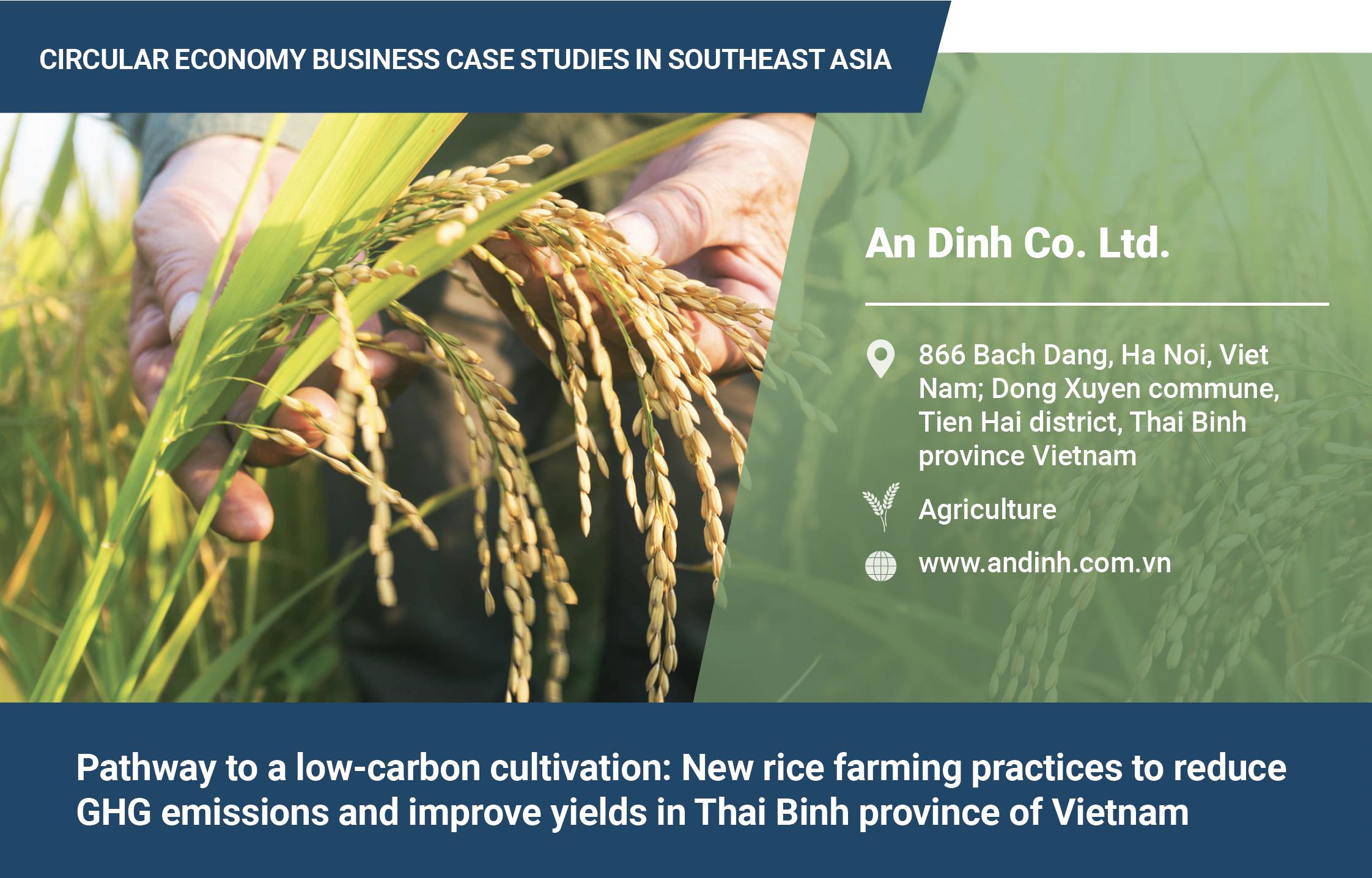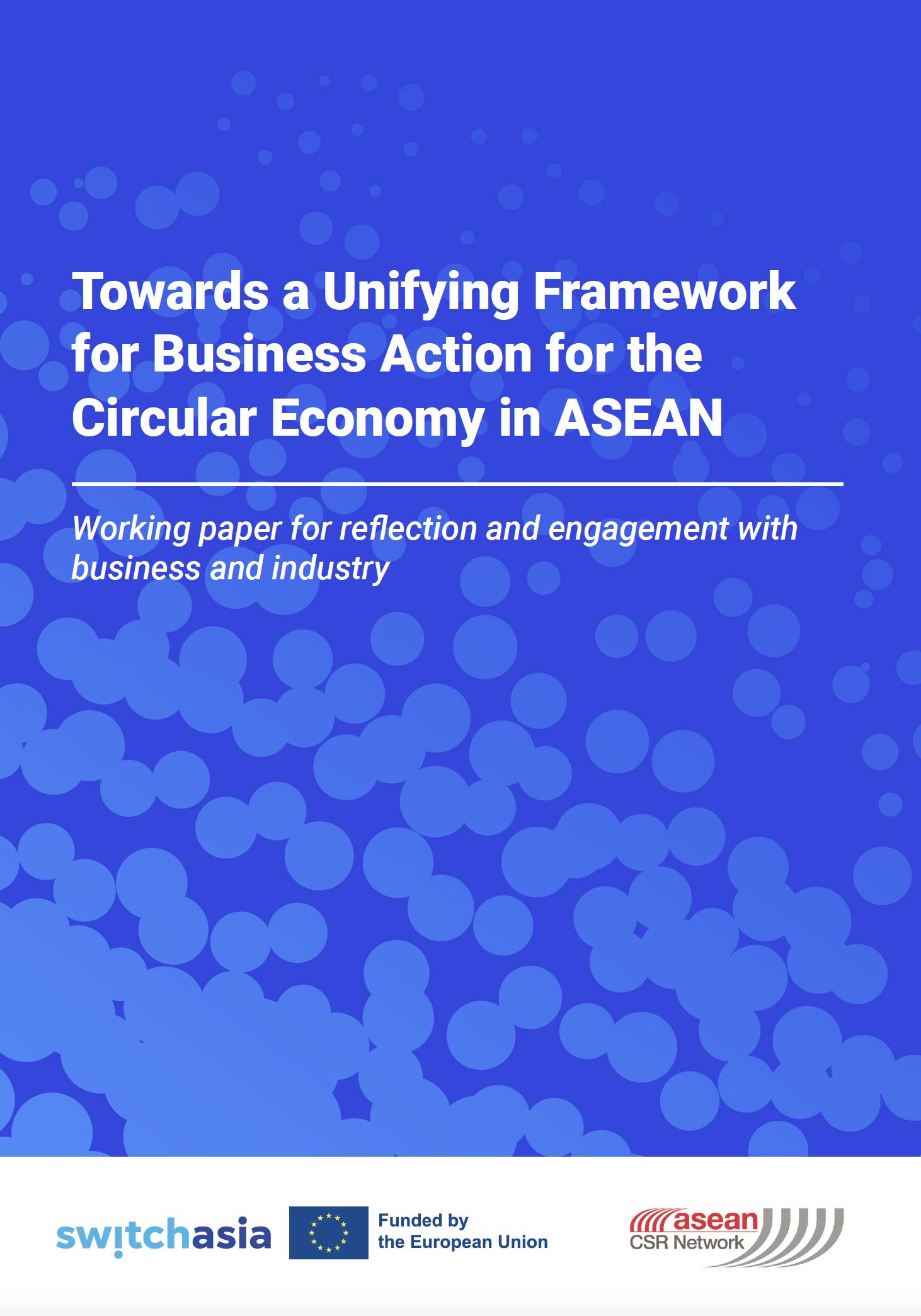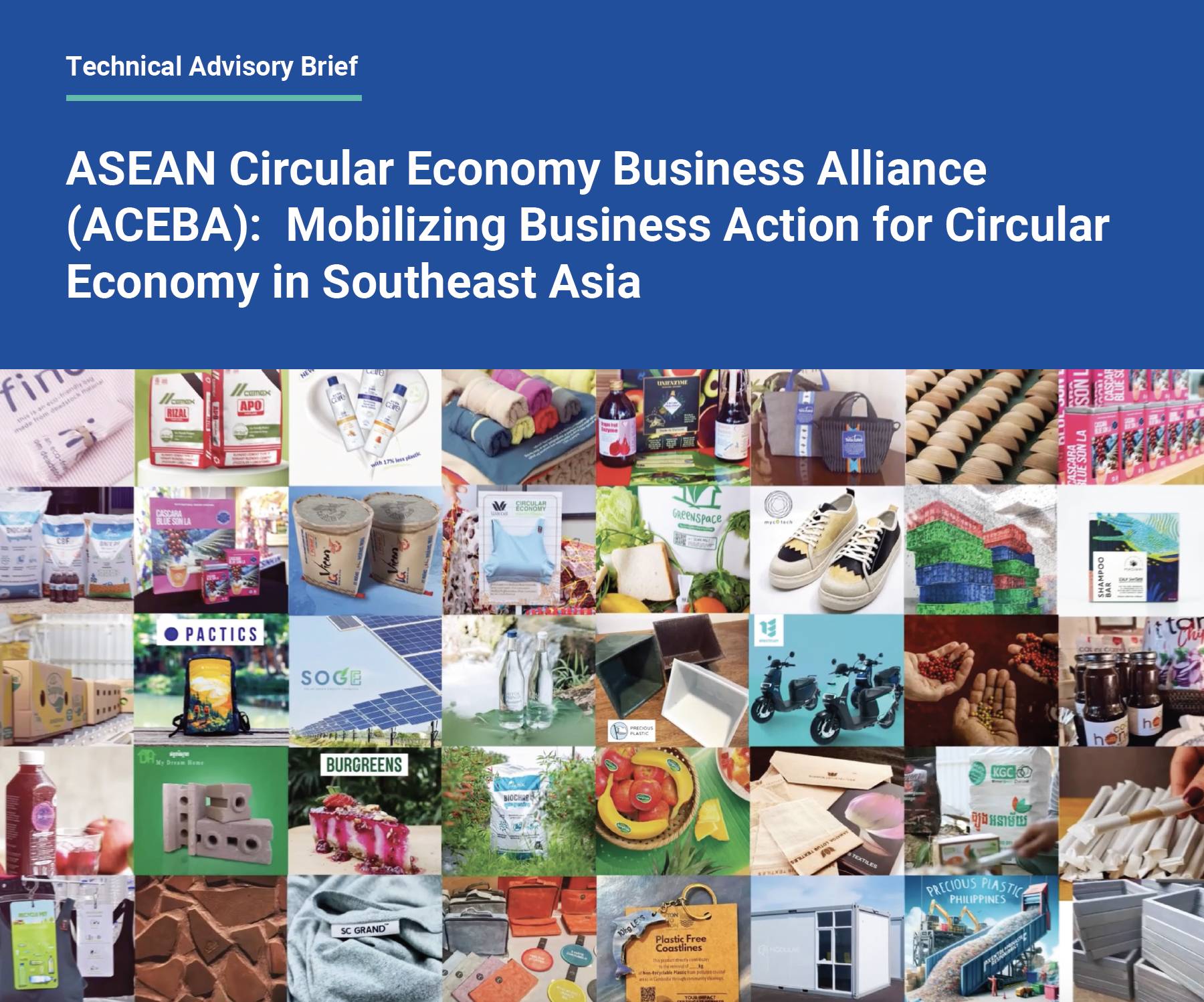
Location: ASEAN (Focus countries: Indonesia, Philippines and Thailand)
Themes: Circular Economy, Business, Multi-industries
The Challenge
The transition towards Circular Economy (CE) in Southeast Asia has been gaining momentum since the adoption of the 2021 ASEAN Circular Economy Framework. Governments are introducing national circular economy strategies, action plans and policy instruments. Leading businesses are recognising the need to transition towards circularity through innovations in their products, services and business models to remain competitive and develop new business opportunities.
The SWITCH-Asia Policy Support Component (PSC) supports the transition of ASEAN countries to a circular economy, that is low carbon and resource-efficient. Specifically this Technical Advisory (TA) works on mobilizing business action for circular economy in ASEAN, at the initial request of the ASEAN Corporate Social Responsibility Network. In the first phase of the TA a principles-based unifying framework for business action on circular economy was developed and endorsed by business in Thailand, Indonesia, Philippines, Cambodia, Vietnam, and Malaysia. This Framework positions Circular Economy as a responsible business practice and innovation agenda for addressing unsustainable use of materials and other natural resources. More than 65 circular economy business cases have been developed and published that each illustrate how businesses, including corporates, SME, startups and social enterprises, operationalized circular economy to their business benefit whilst achieving tangible improvements in sustainable use and management of materials, energy, water and other natural resources.
The TA seeded the launch of the ASEAN Circular Economy Business Alliance (ACEBA) – a joint initiative of ASEAN Responsible And Inclusive Business Alliance (ARAIBA) and ASEAN Business Advisory Council. ACEBA is an ASEAN-centric initiative designed to catalyze leadership and action for the regional circular economy transition in Southeast Asia. ACEBA champions the principles-based approach for business action on circular economy to mitigate climate change, reduce waste and pollution, and preserve nature and biodiversity. It promotes innovation and responsible business practices to achieve these goals. ACEBA encourages ASEAN businesses and their membership organizations to pledge their commitment to leadership and action on the circular economy through peer learning, knowledge sharing, networking, and advocacy.
The SWITCH-Asia PSC continues to support the implementation of ACEBA with the (ARAIBA) and national business membership organizations acting as its country leads.
Objectives
- To foster and support business leadership and action on implementation of circular economy in Southeast Asia
- To put circular economy as a responsible business action on the Southeast Asia’s business agenda
- To support evidence based public and policy dialogue on Circular Economy transition in Southeast Asia
Way Forward
The continued support of the SWITCH-Asia PSC will enable the operationalization and scaling up of ACEBA into a platform that catalyses circular economy business initiatives in Southeast Asia. Support is being provided to expand participation by businesses and supporting national business membership organizations in Southeast Asia, with the initial focus on Indonesia, Philippines and Thailand.
ACEBA will continue to uncover, document, showcase and facilitate the scaling up of good business practices and innovative solutions, facilitate learning and sharing among ACEBA companies and beyond, and promote operational tools and metrics that are appropriate to the ASEAN region, relevant to the ASEAN Member States and specific to their leading and emerging business sectors. Specifically, the following outputs are foreseen:
- Expanded participation in, visibility of and networking within ACEBA: resulting from further operationalization of ACEBA;
- Evidence-based knowledge creation for enabling circular economy implementation by businesses and support organizations; through the curation of business experiences and the development and promotion of circular economy knowledge products; and
- Improved synergies and evidence- and experience-based circular economy promotion, advocacy, networking and coordination in particular within ASEAN, its Member States and institutions, and with the EU, its Member States and institutions.
Video - Play
